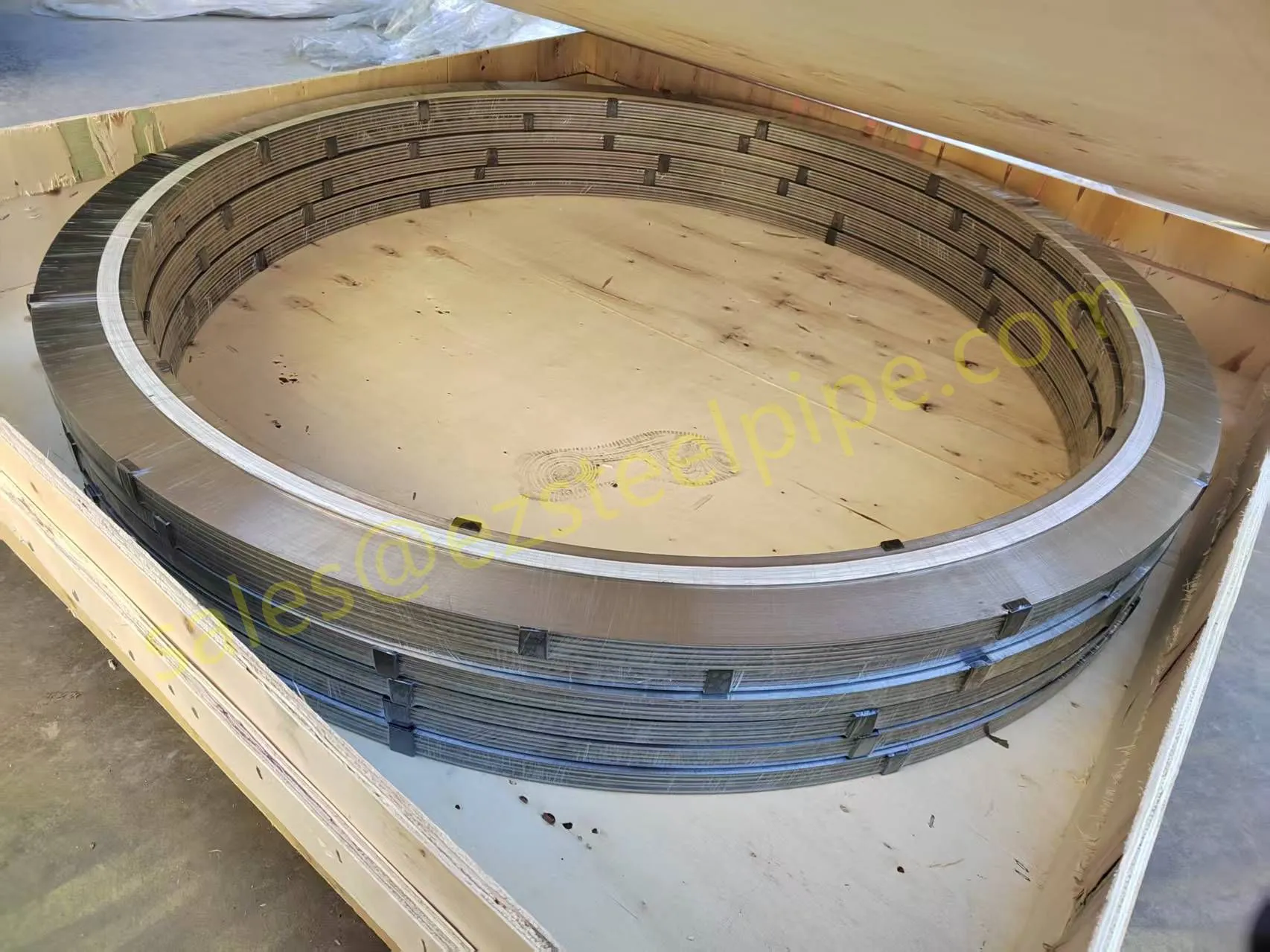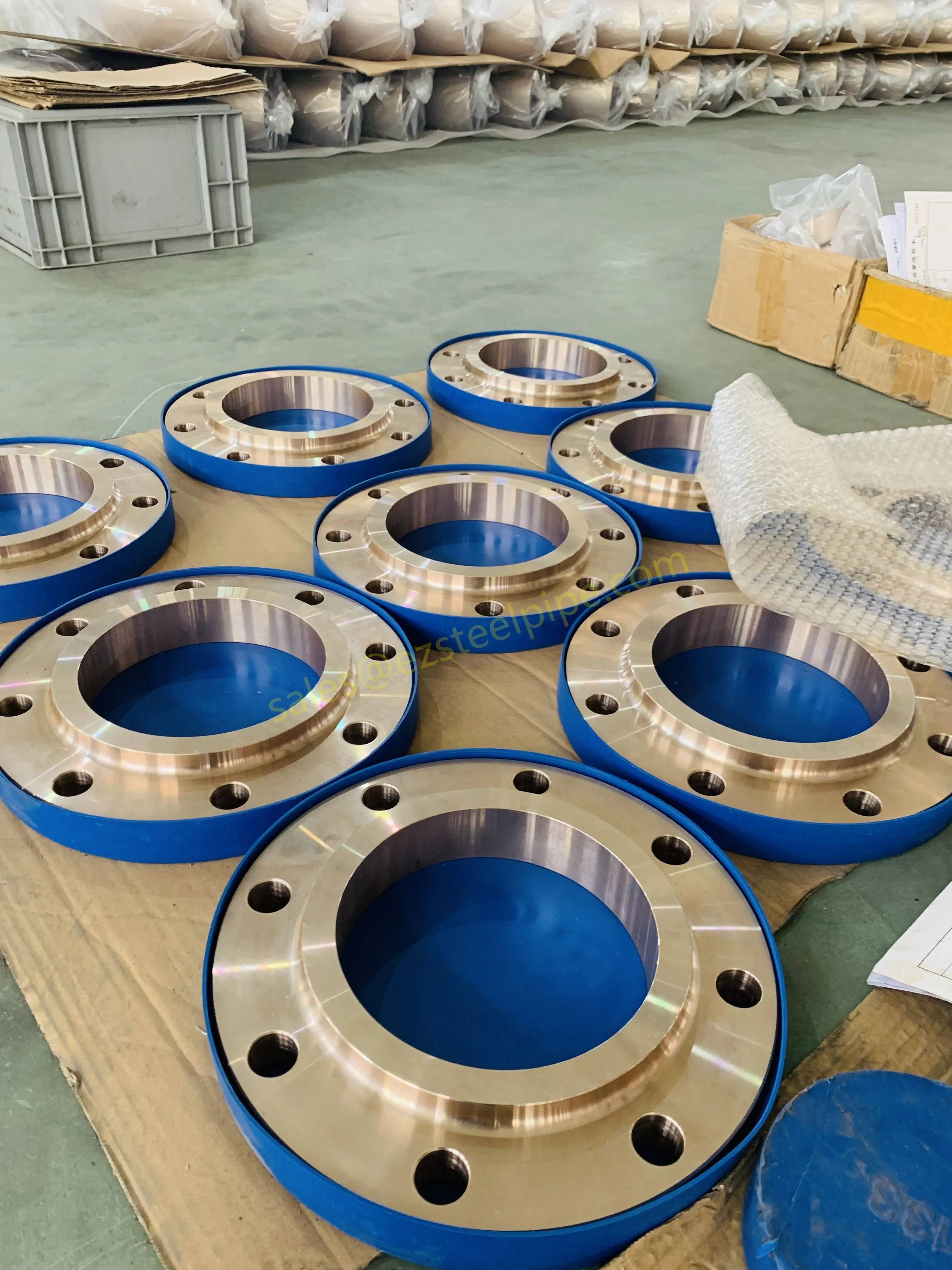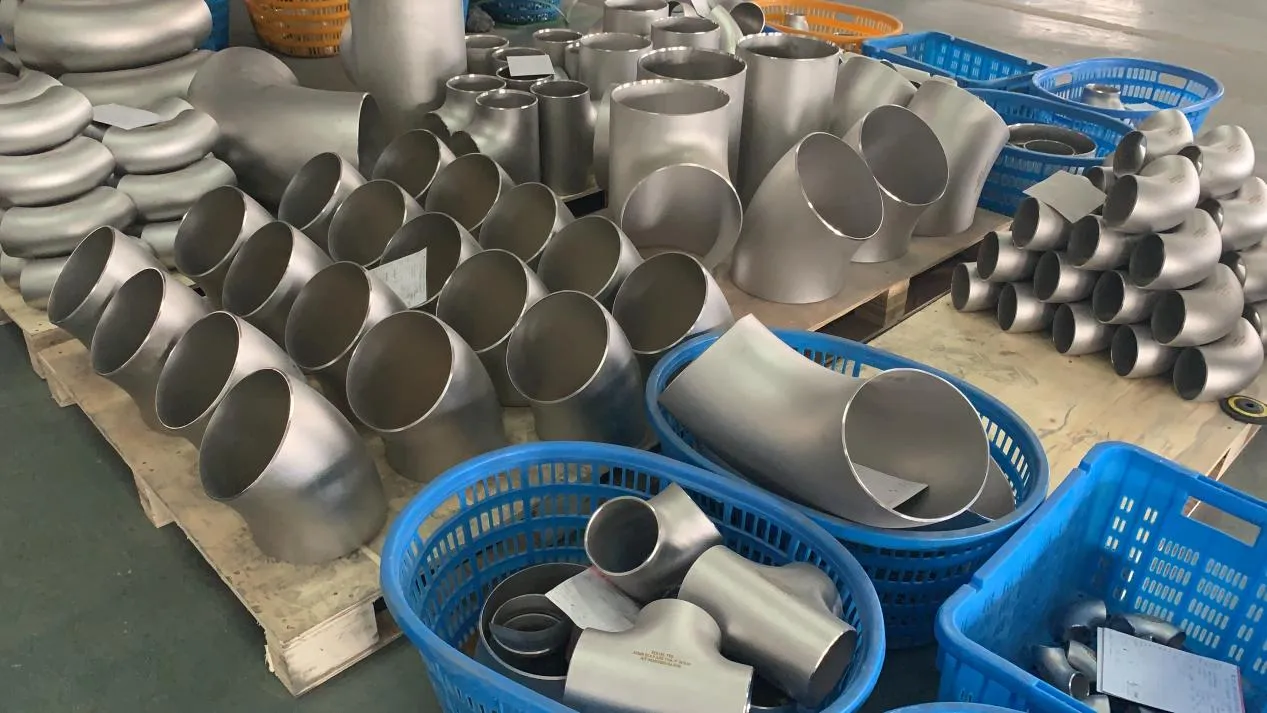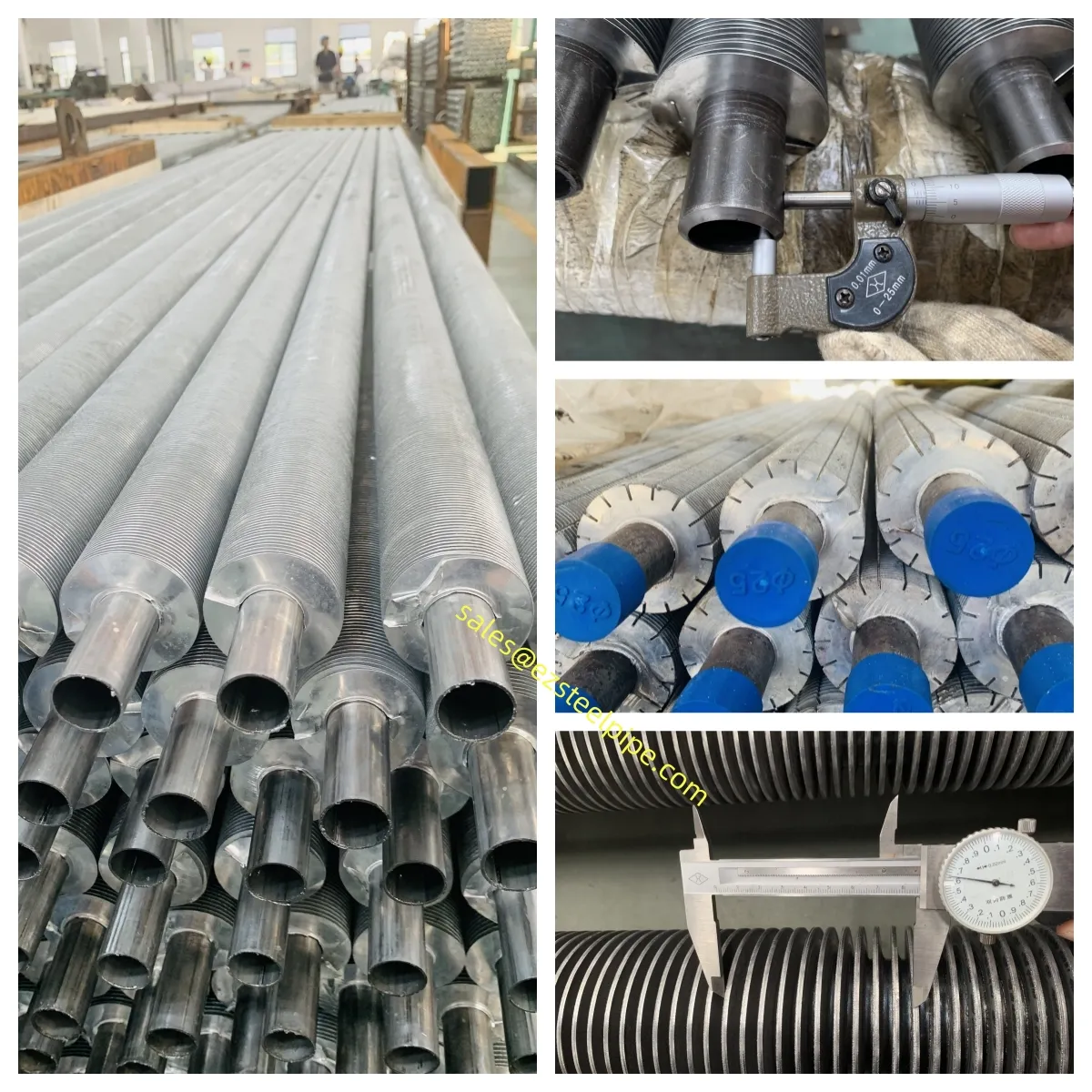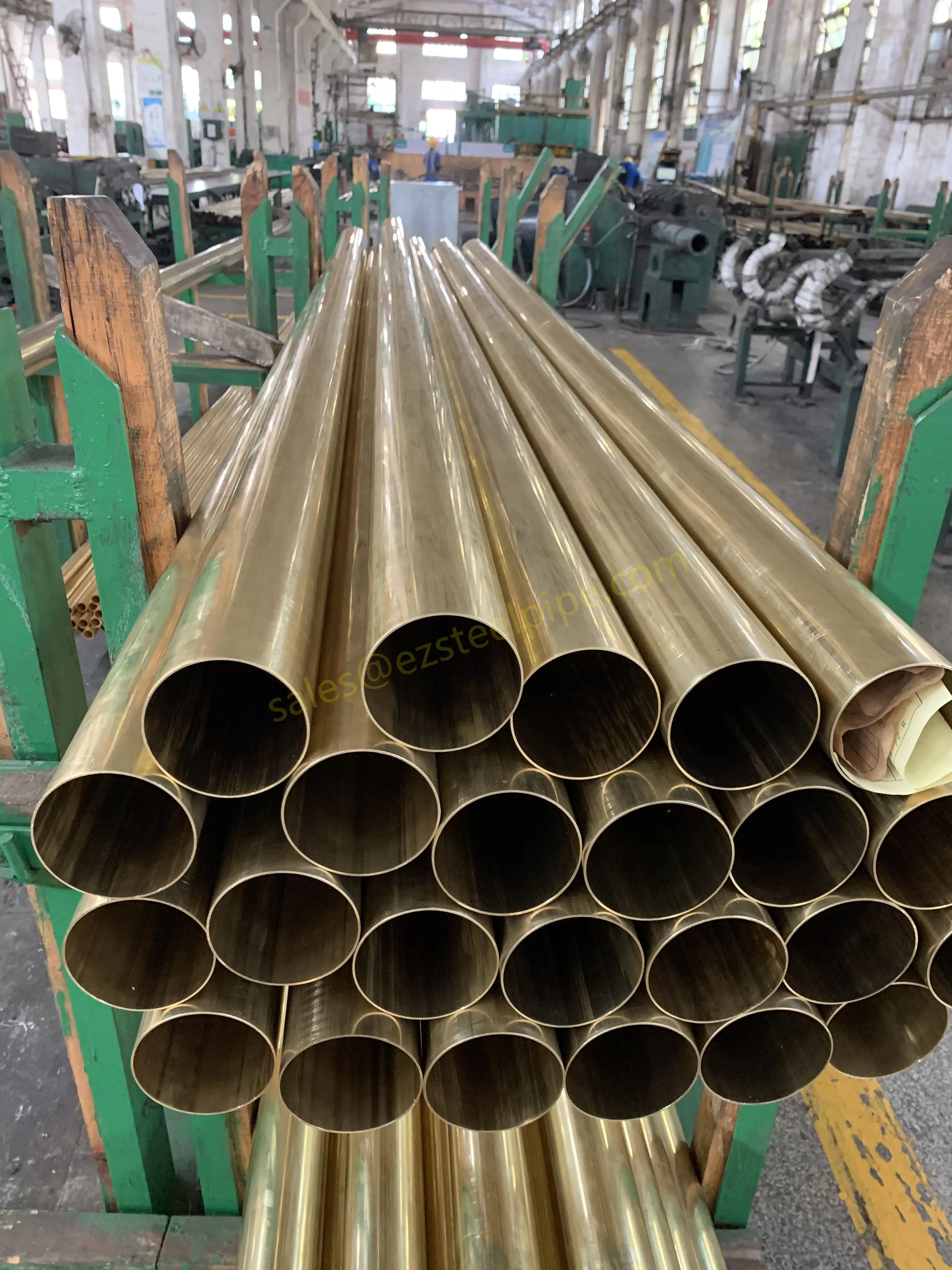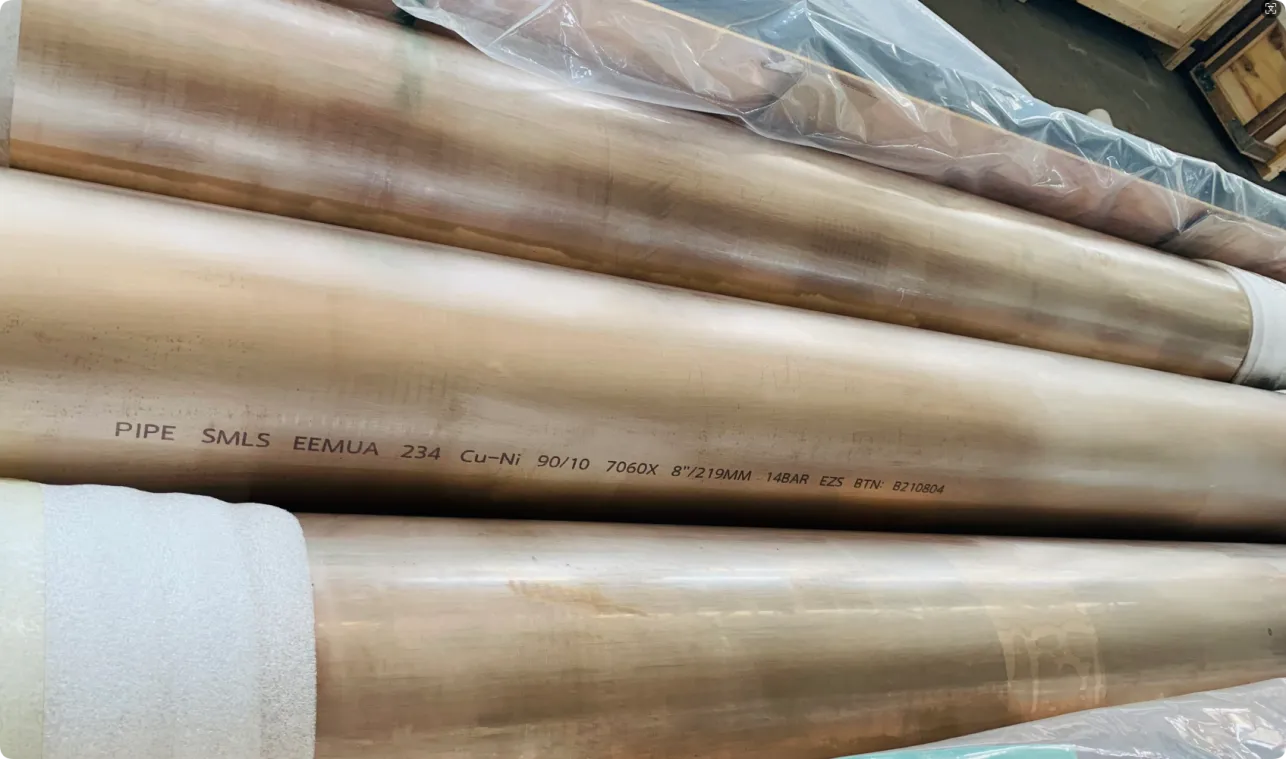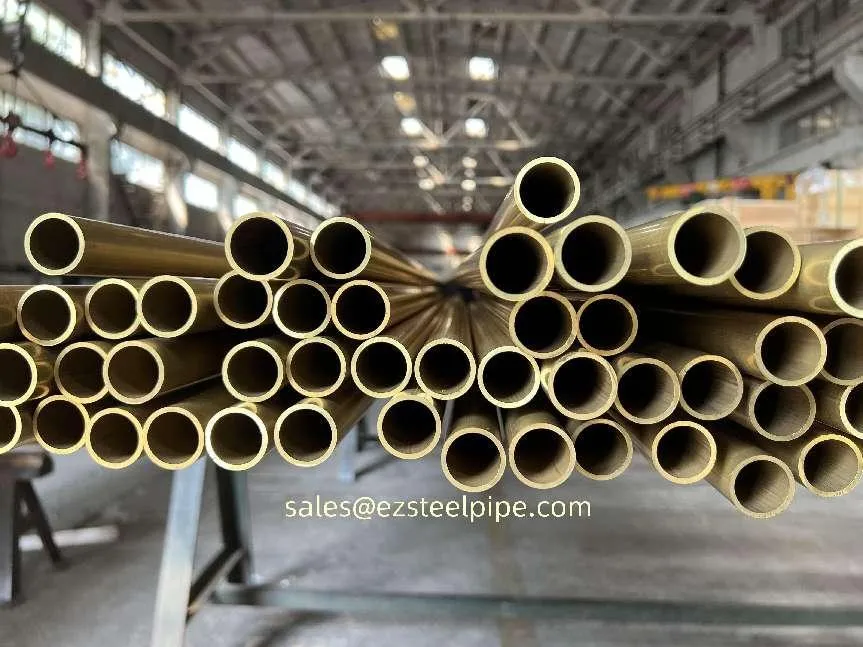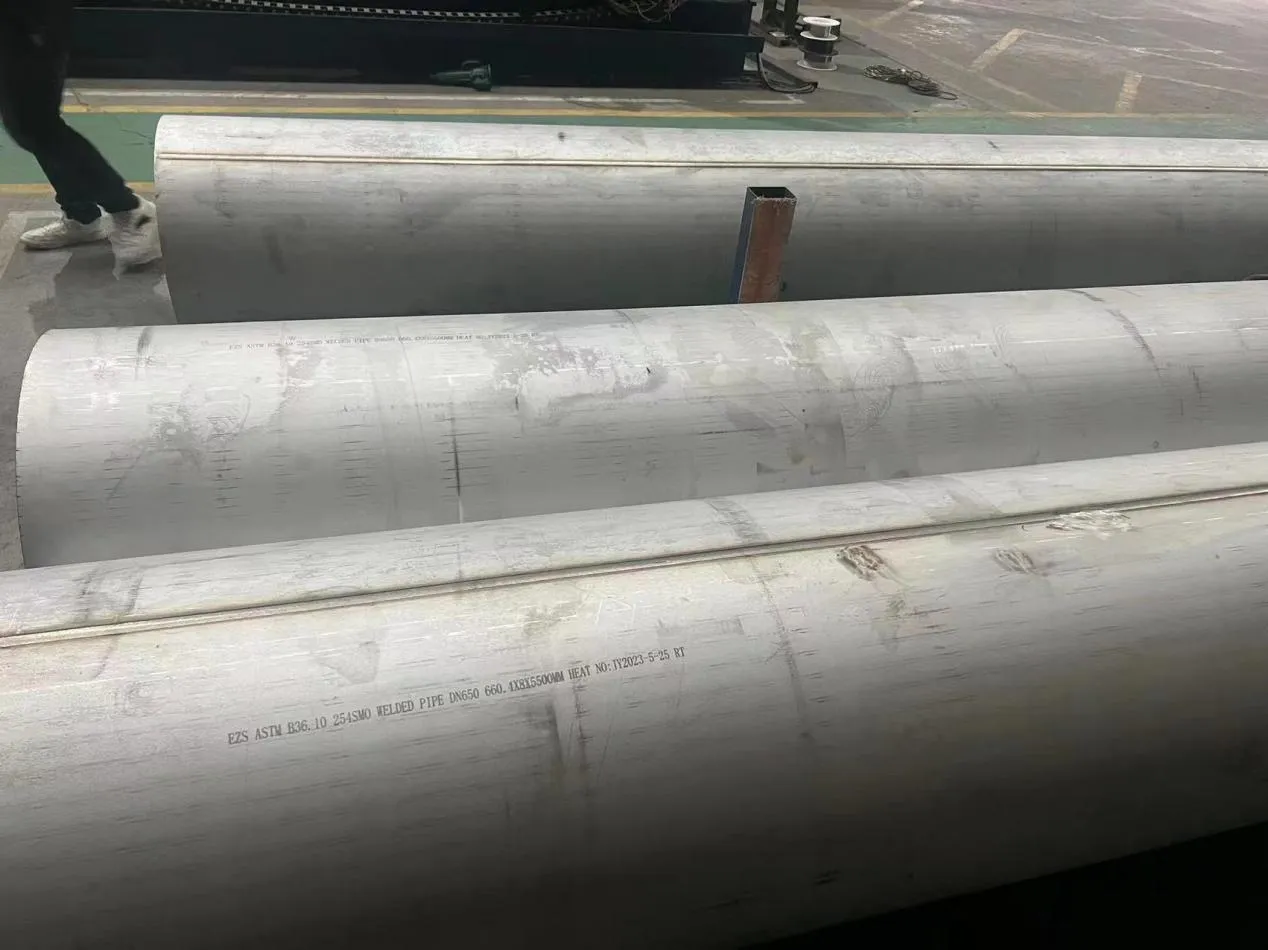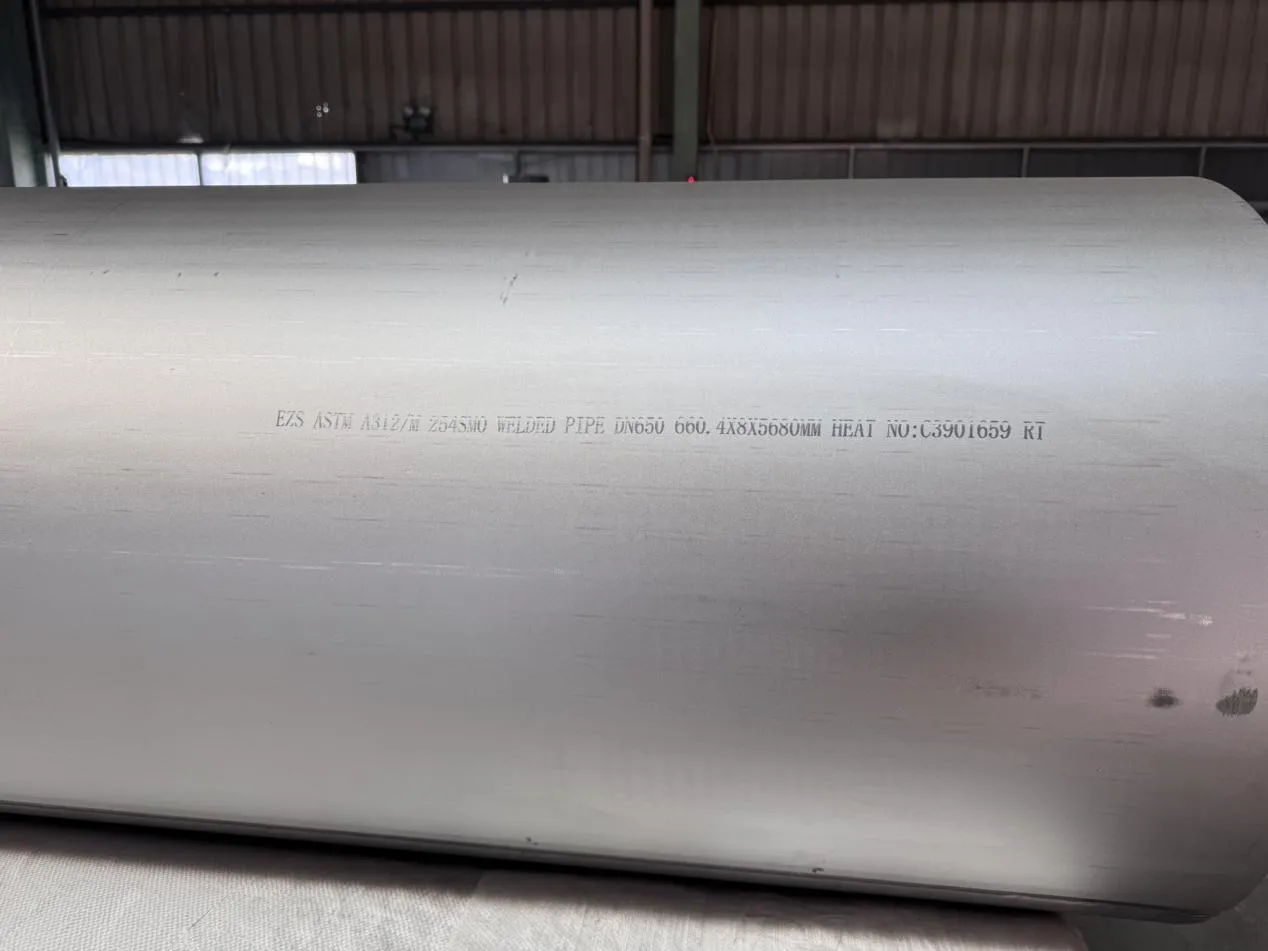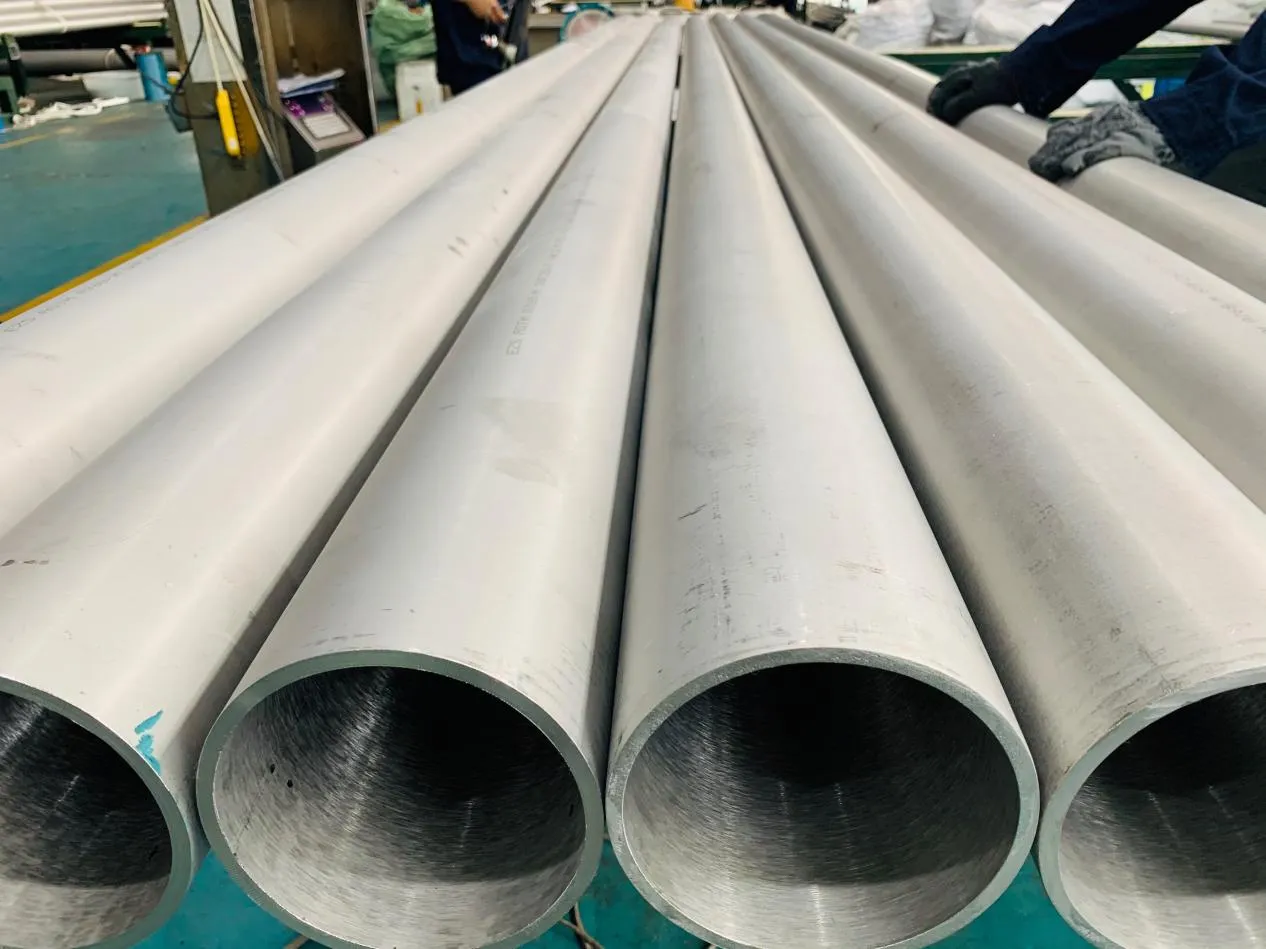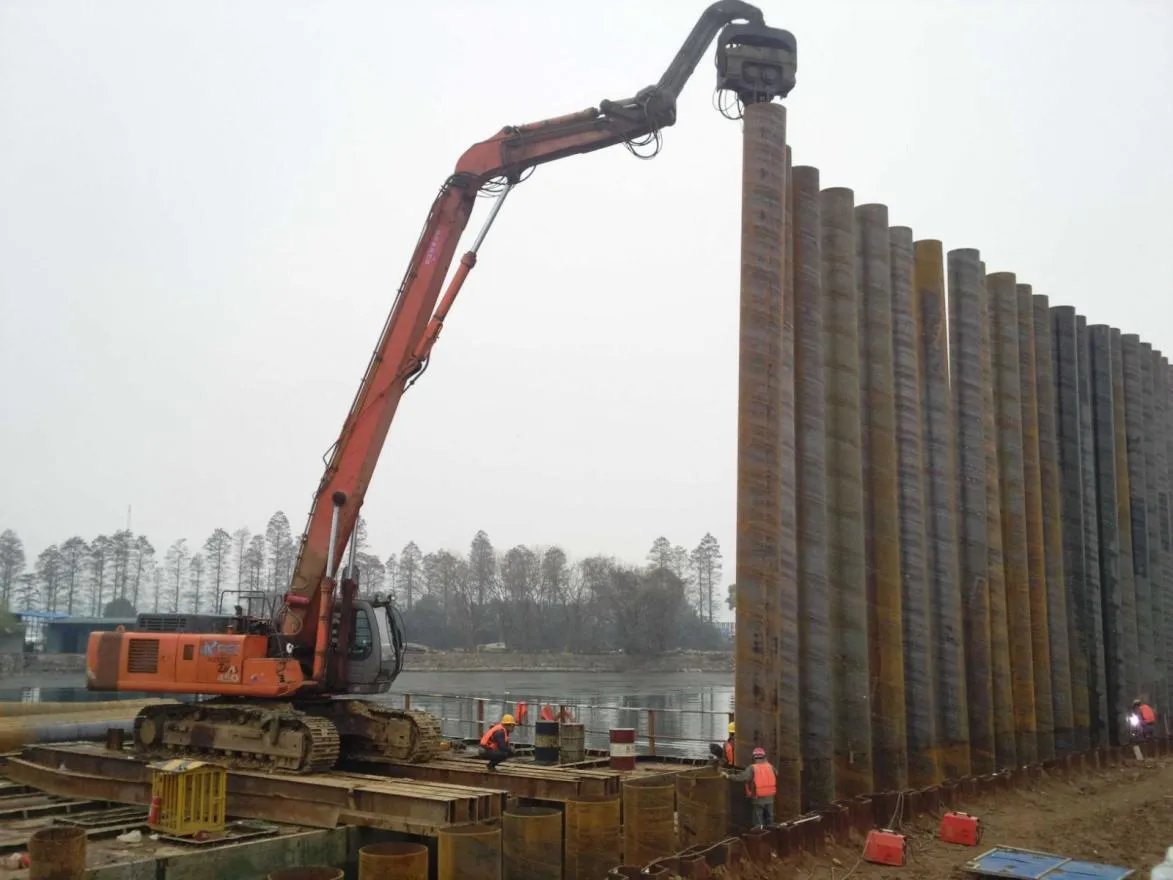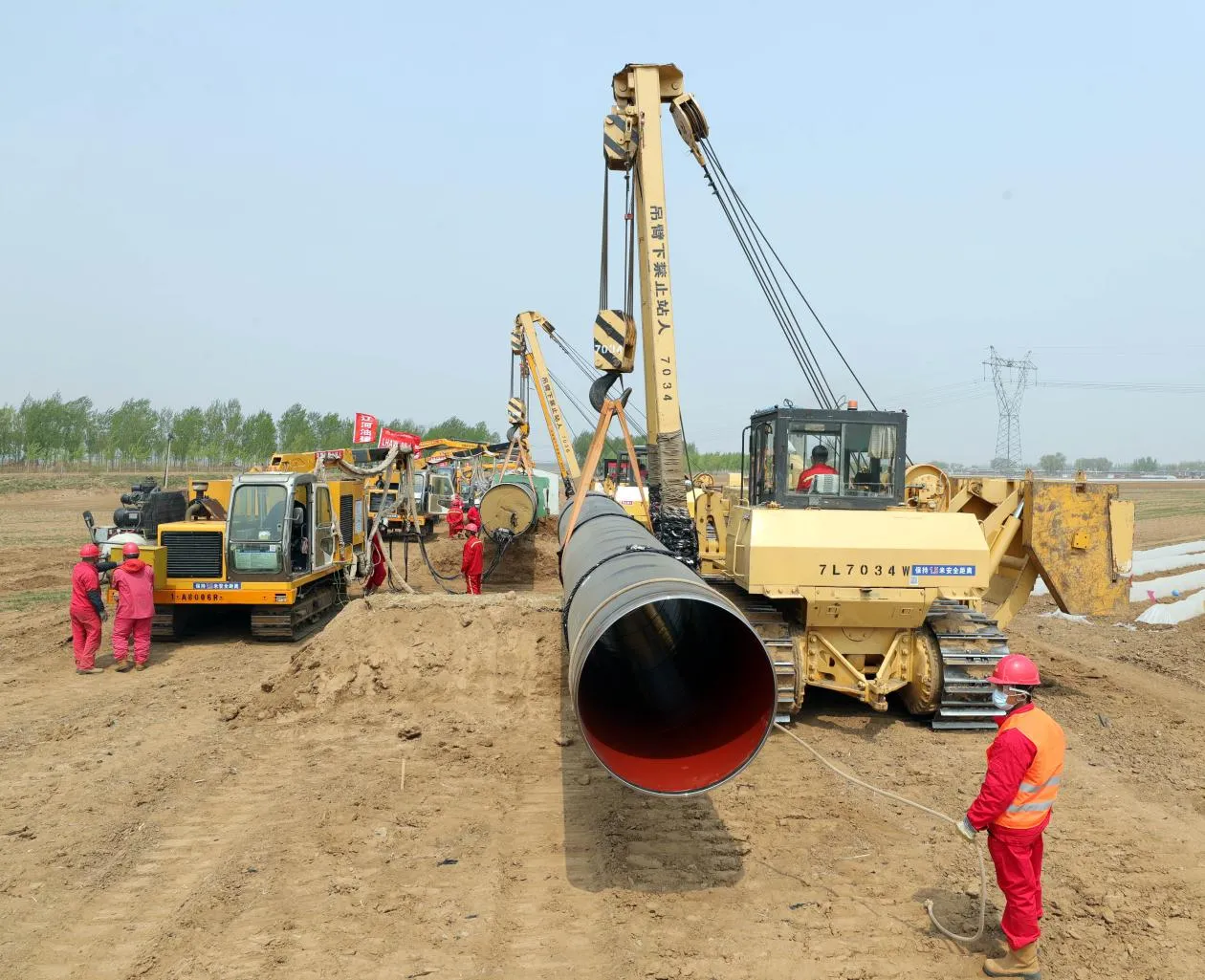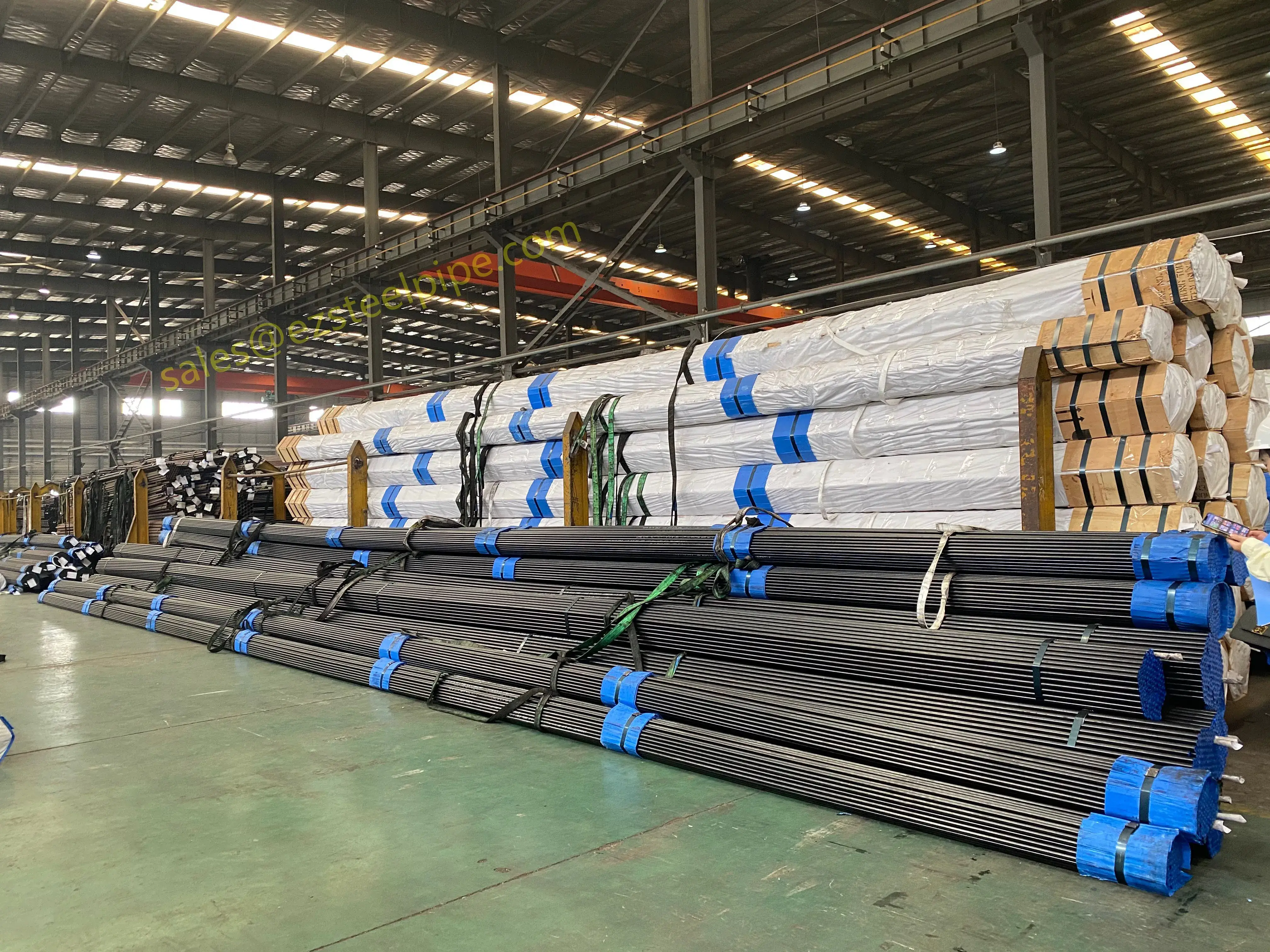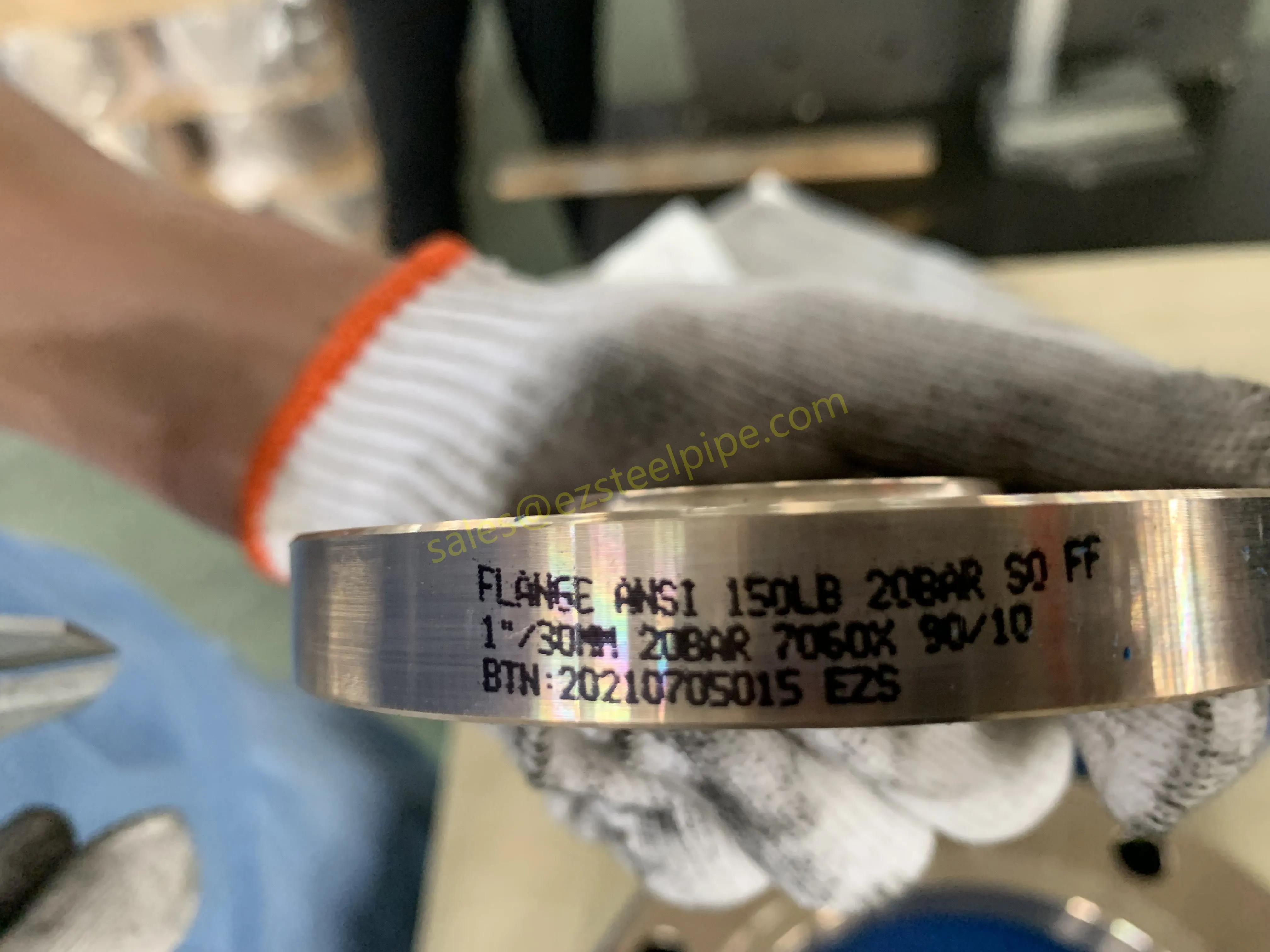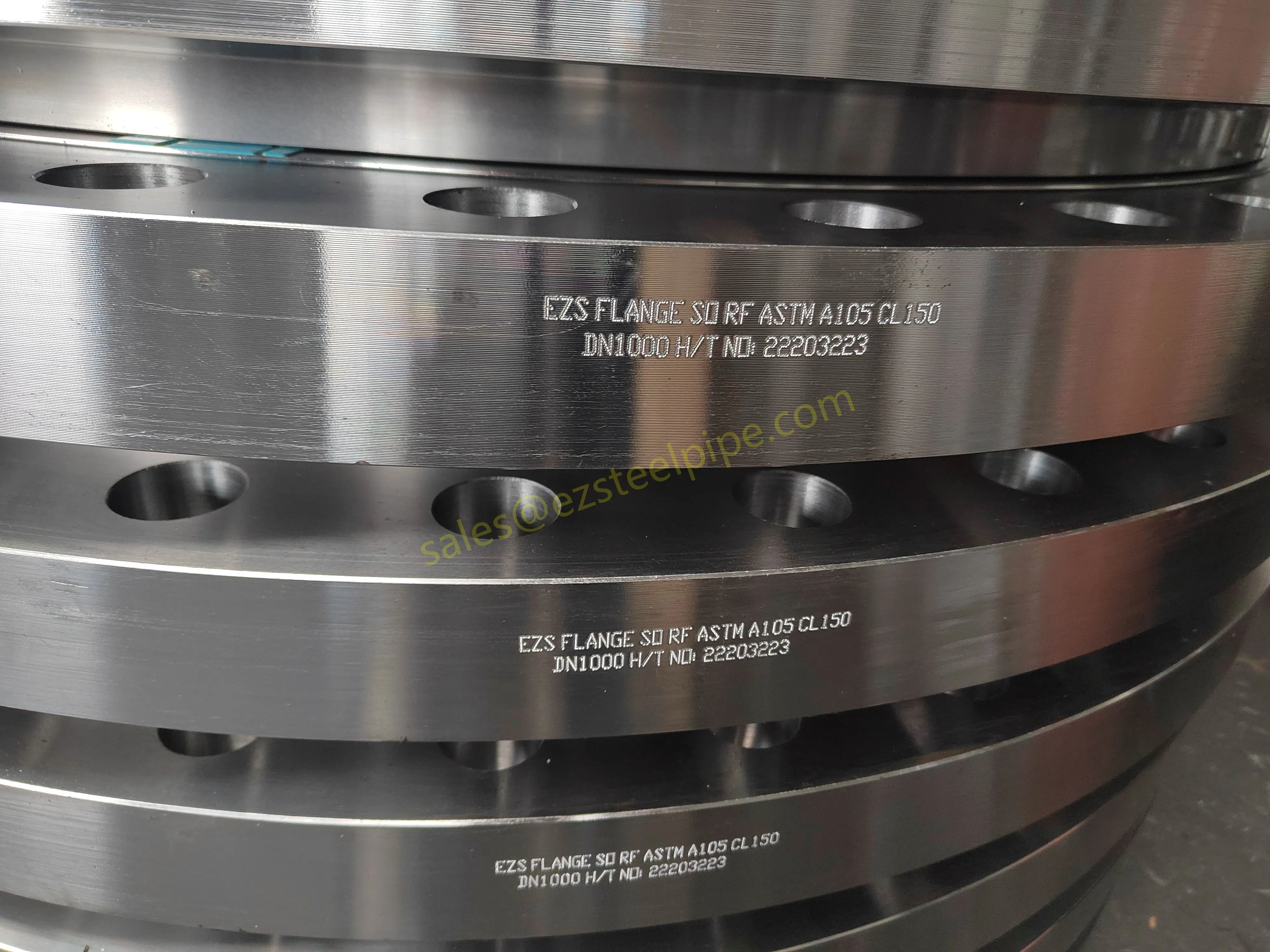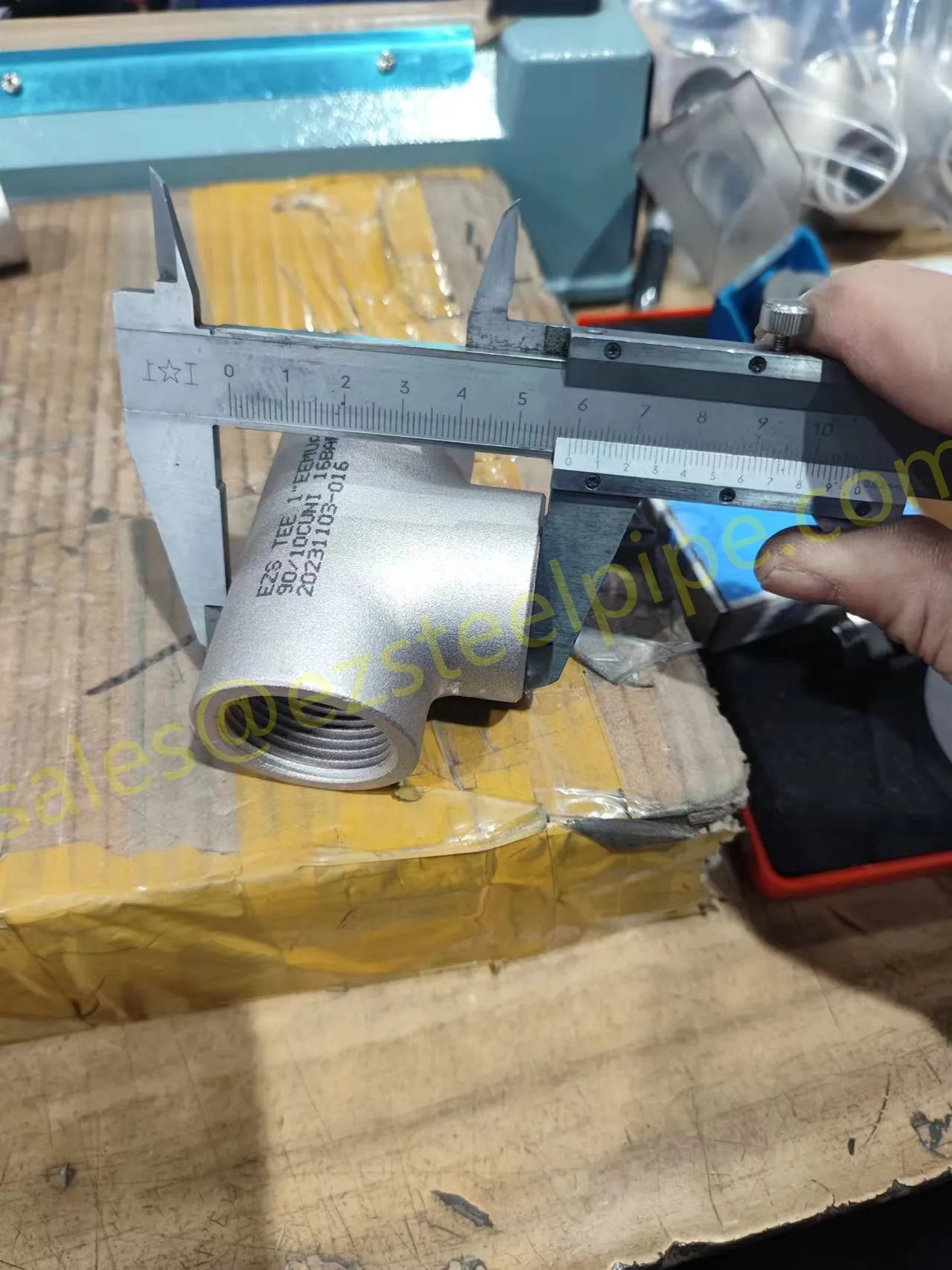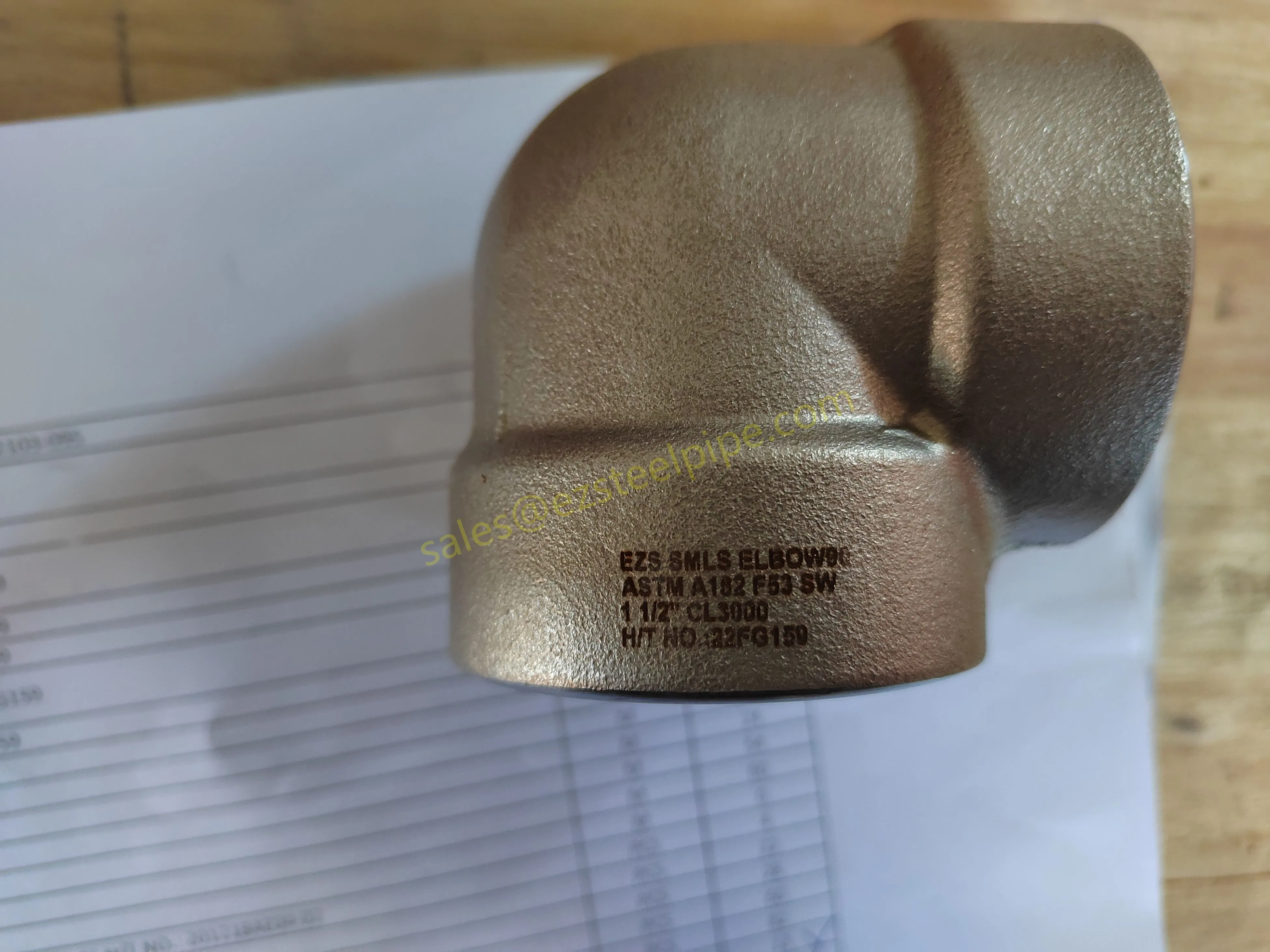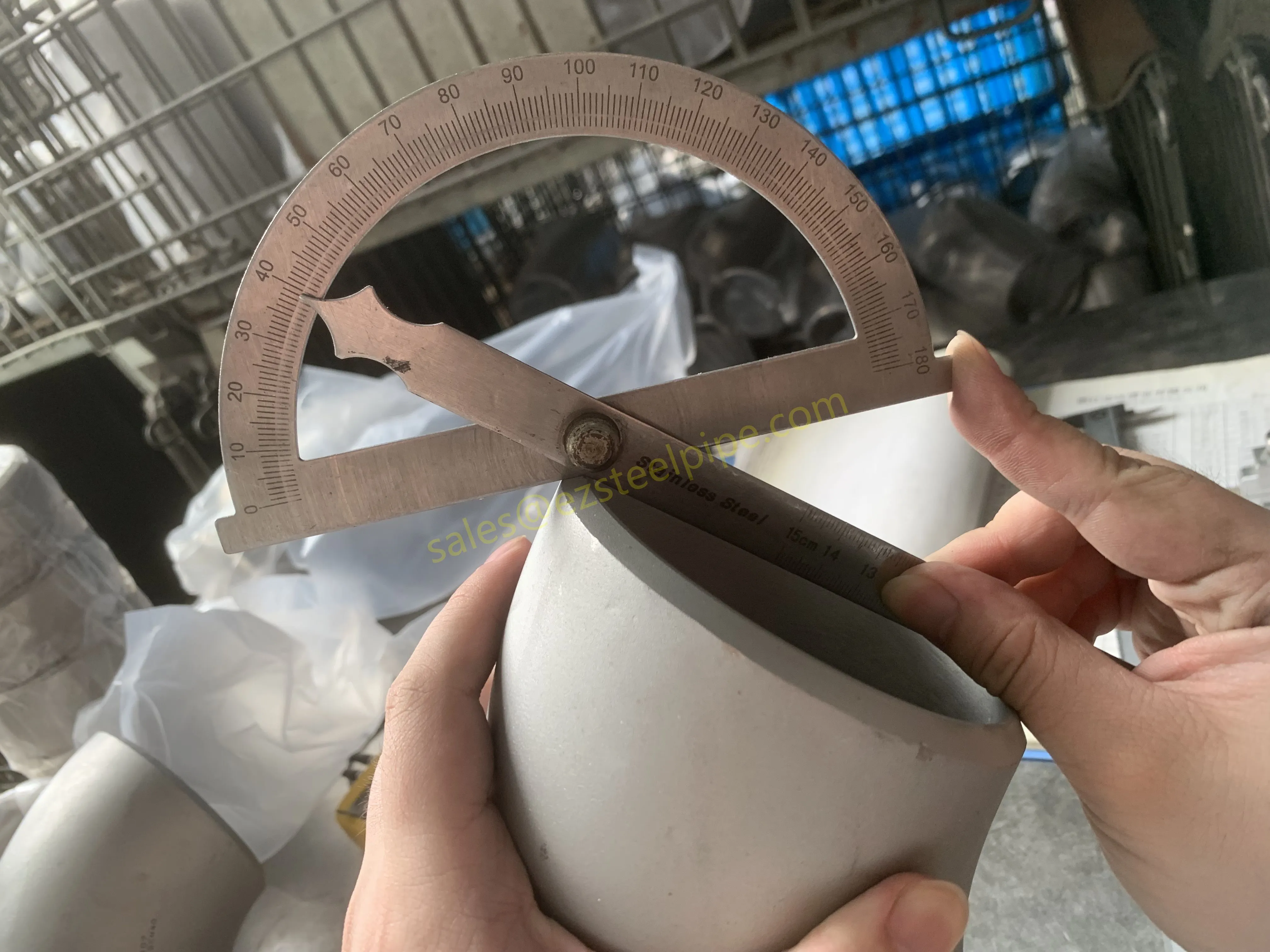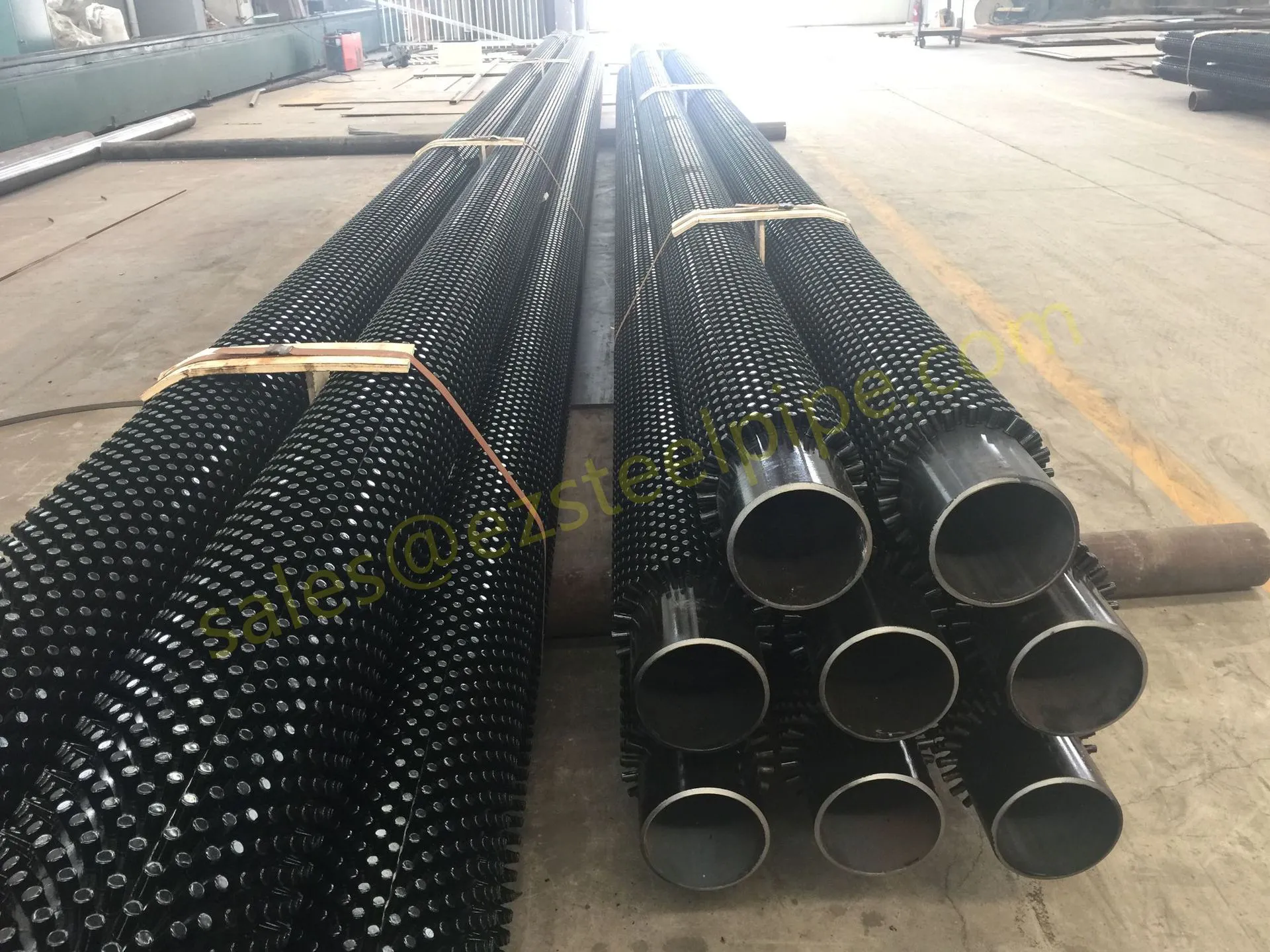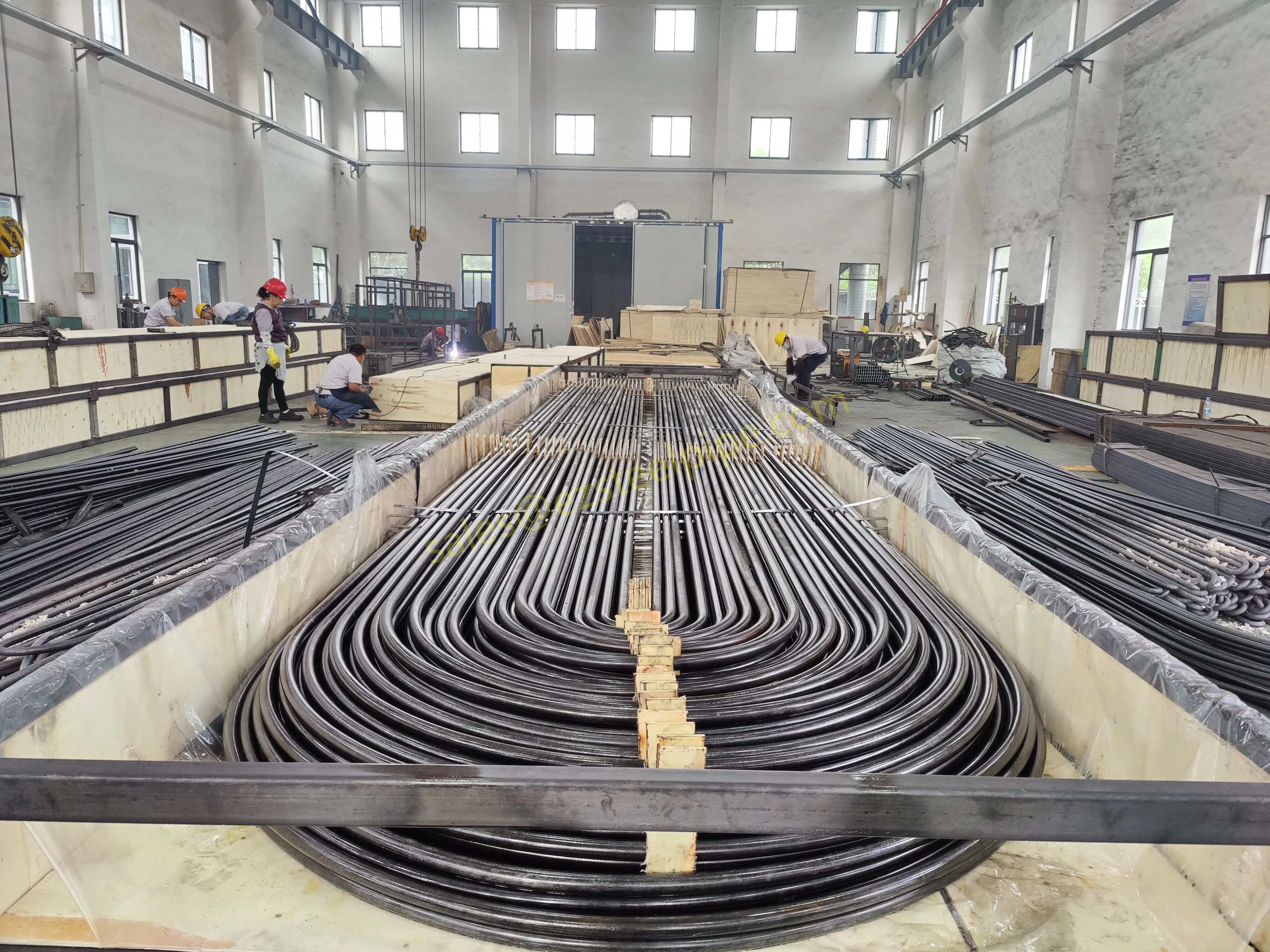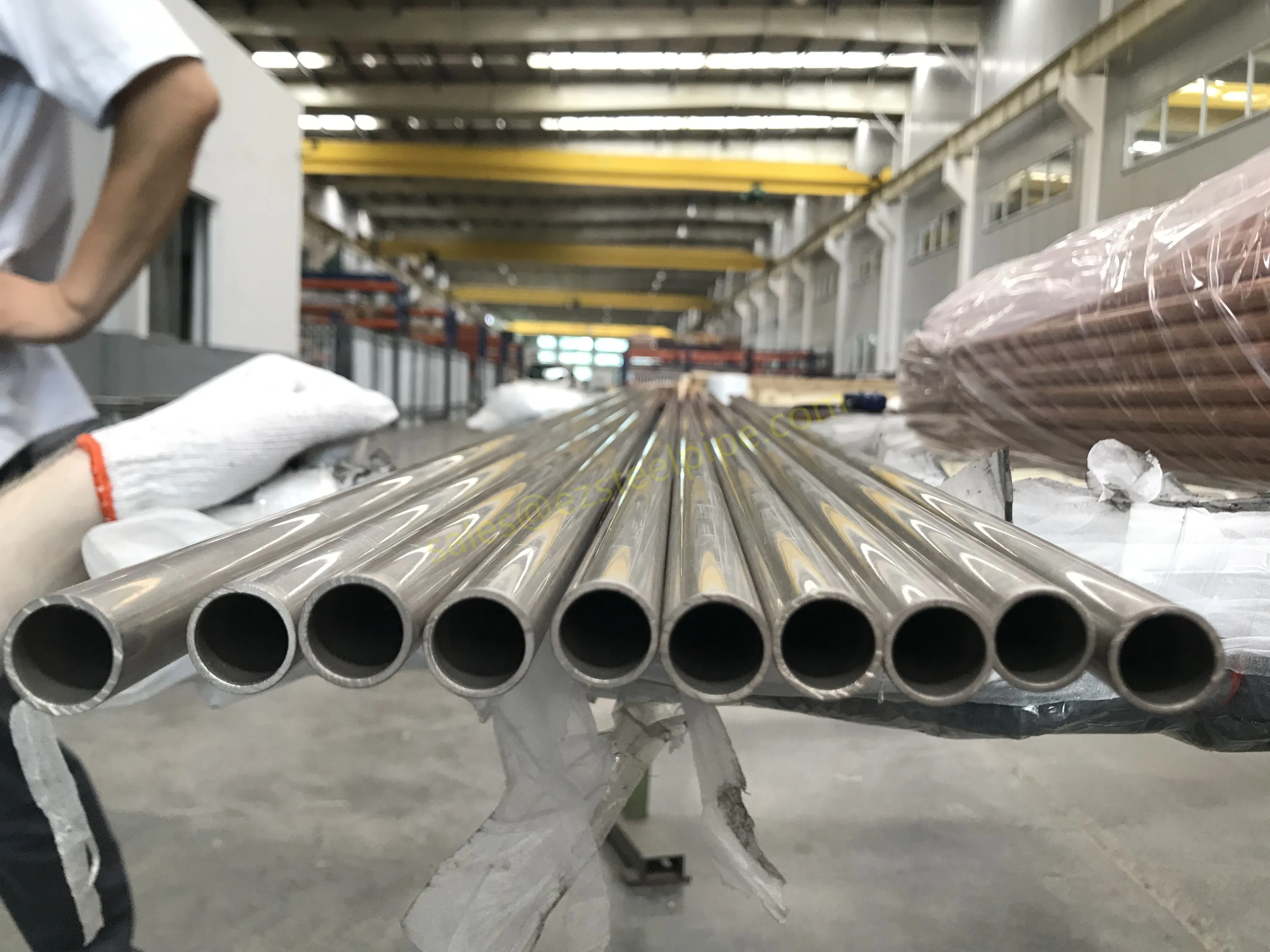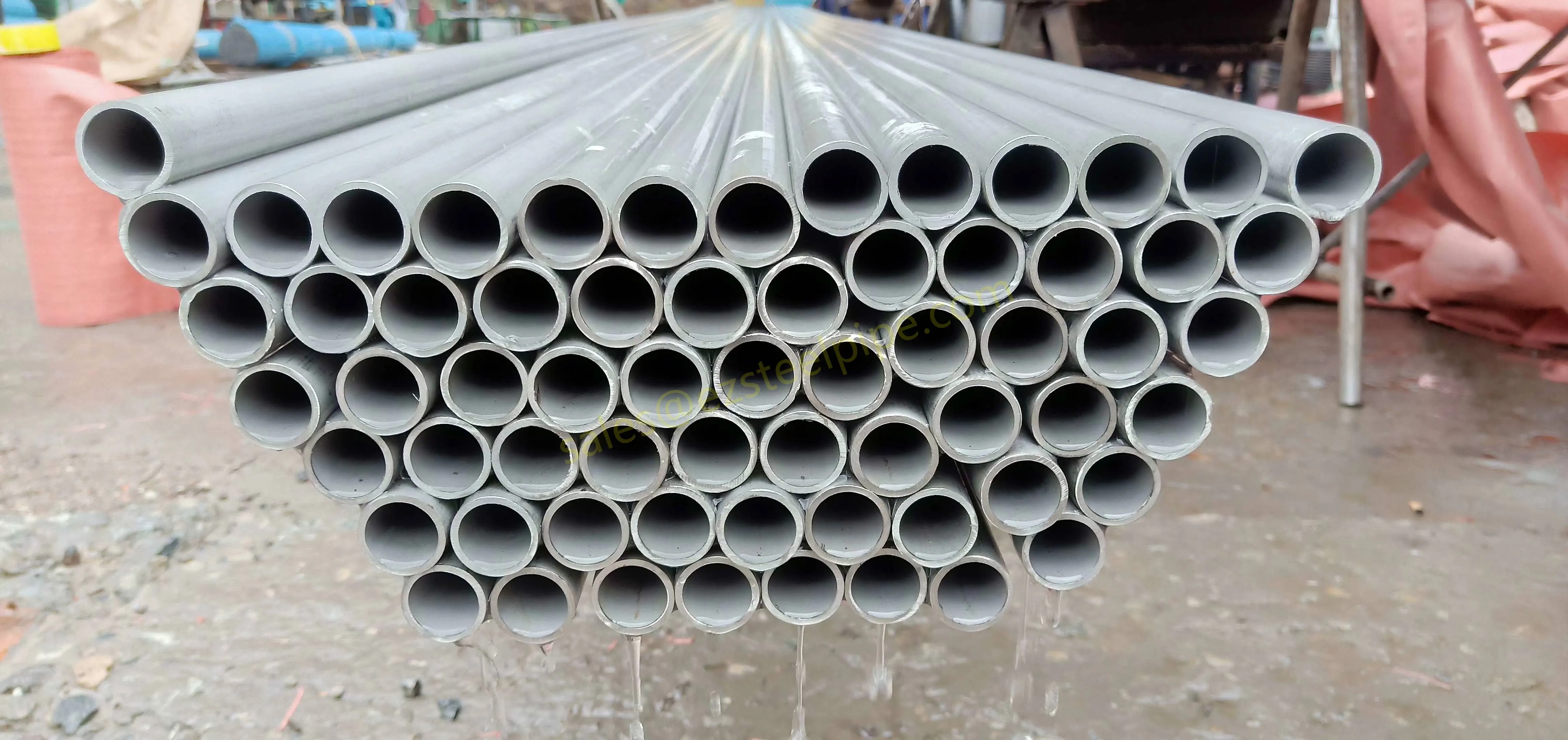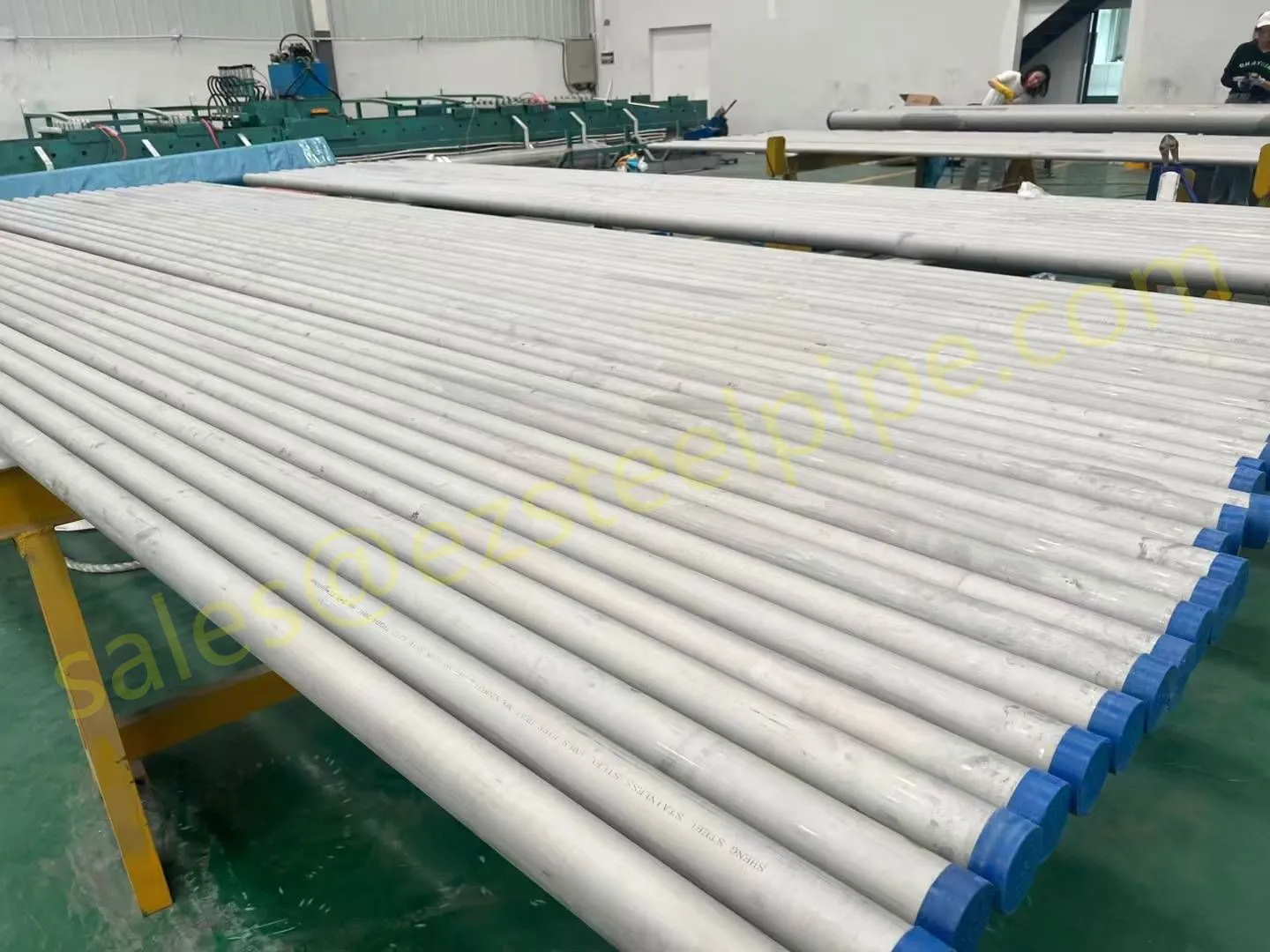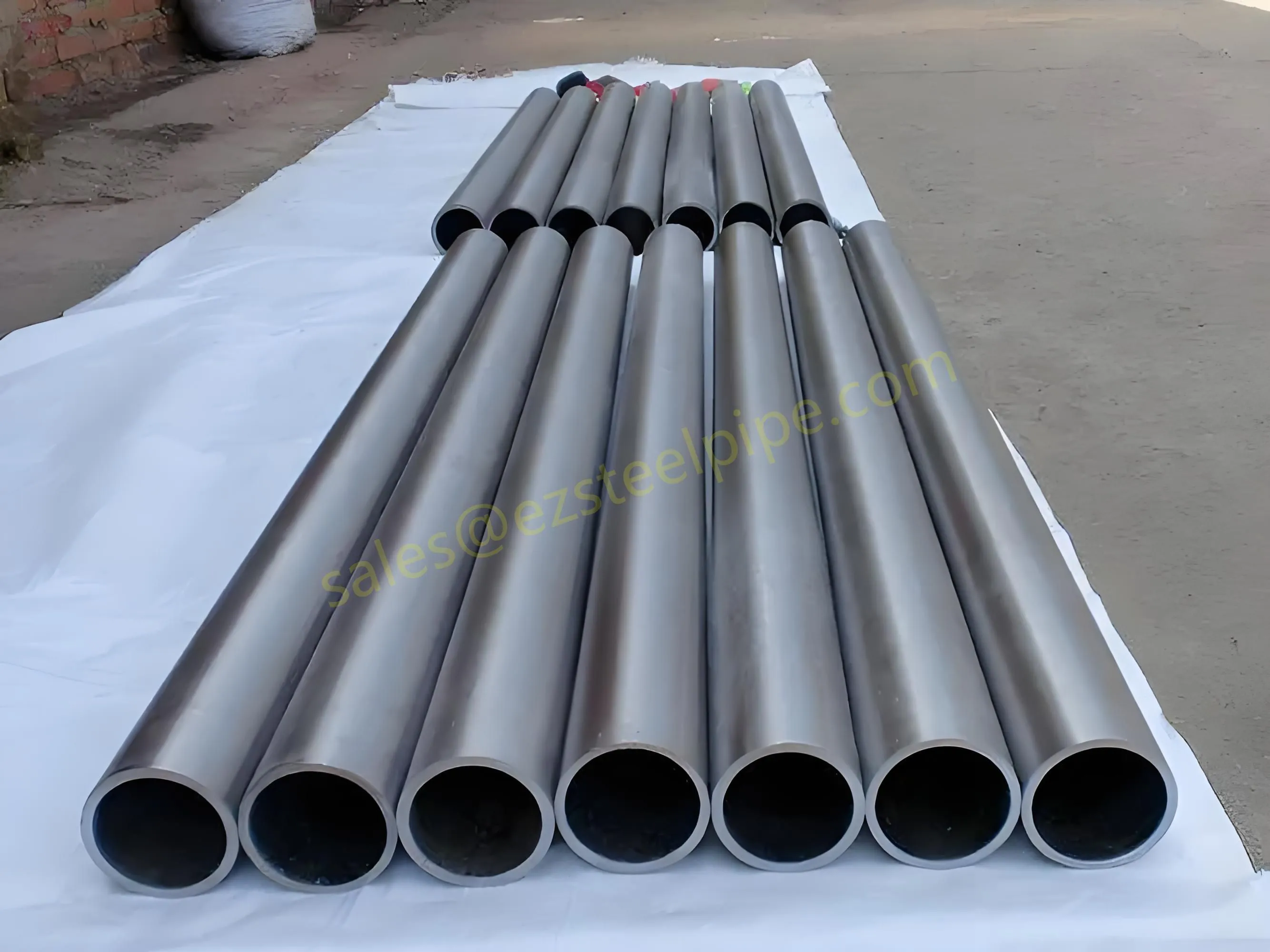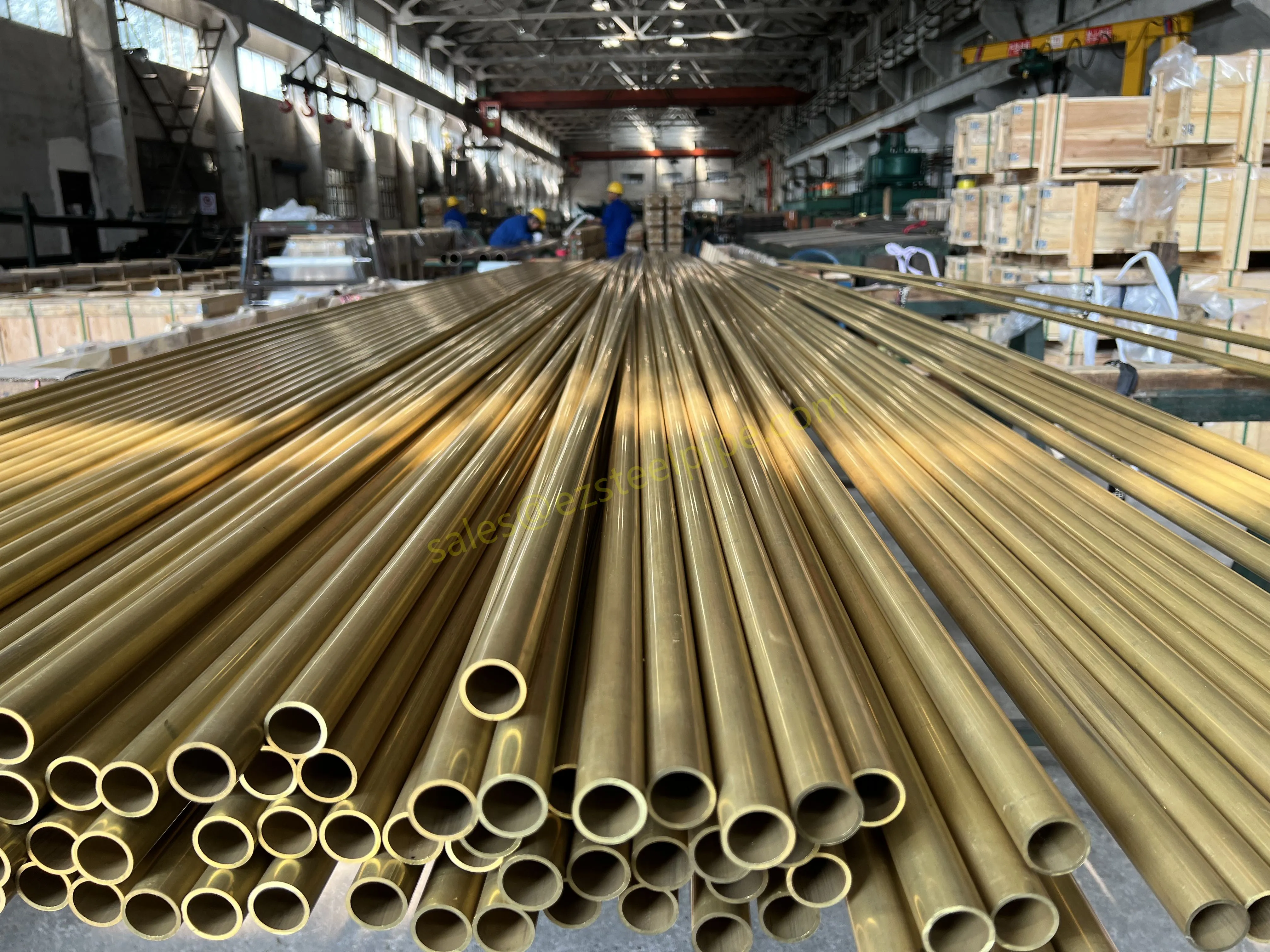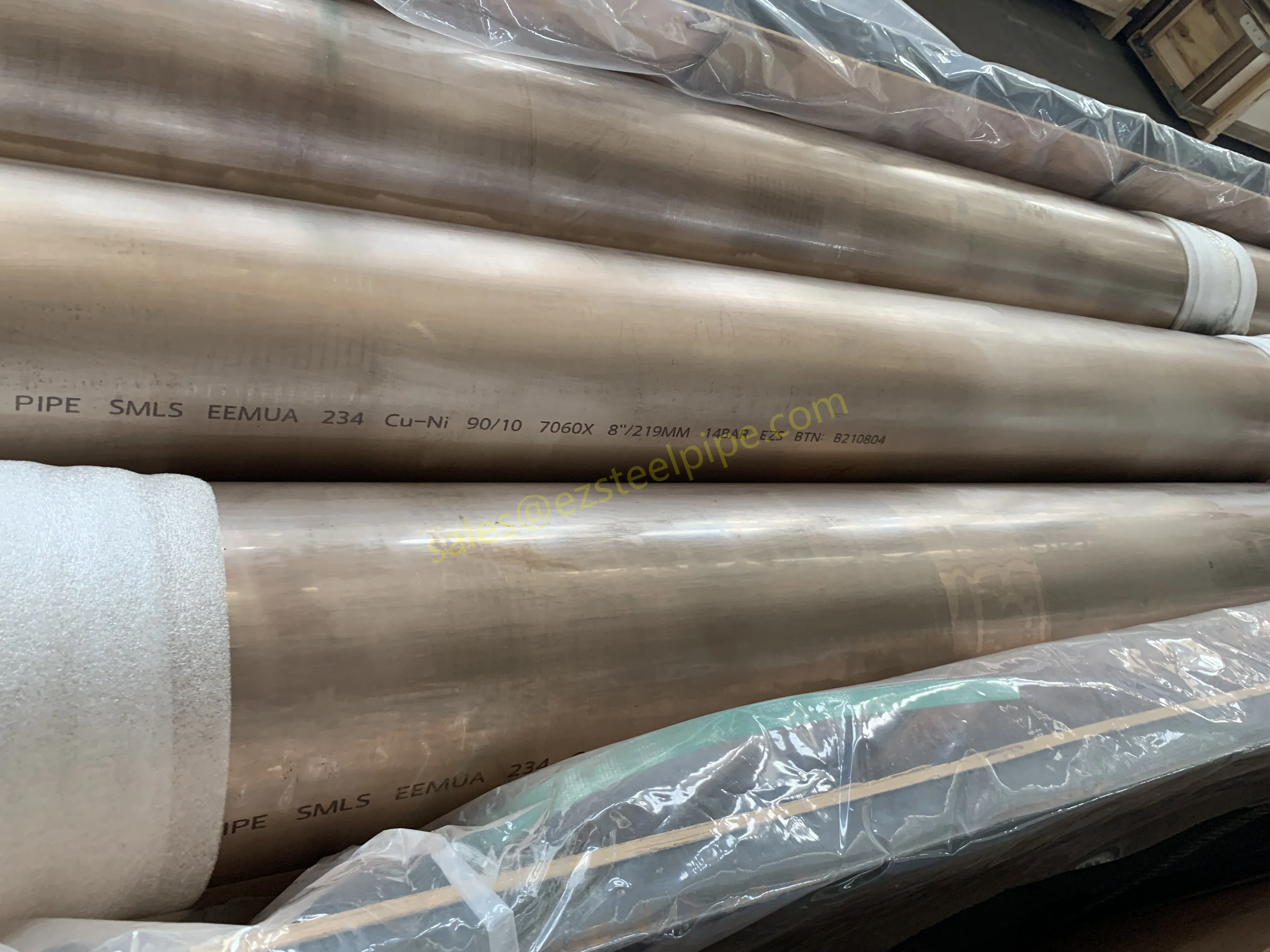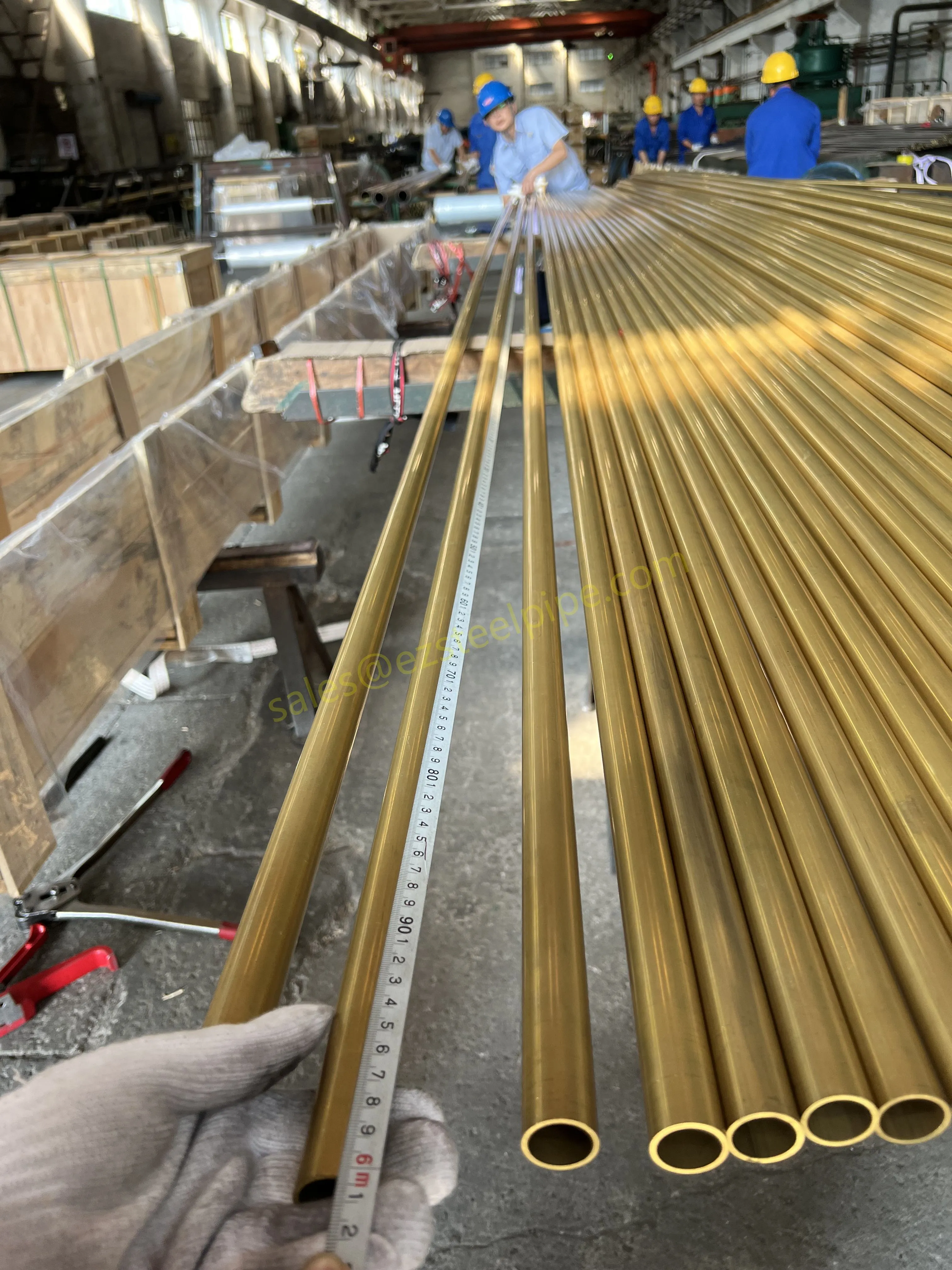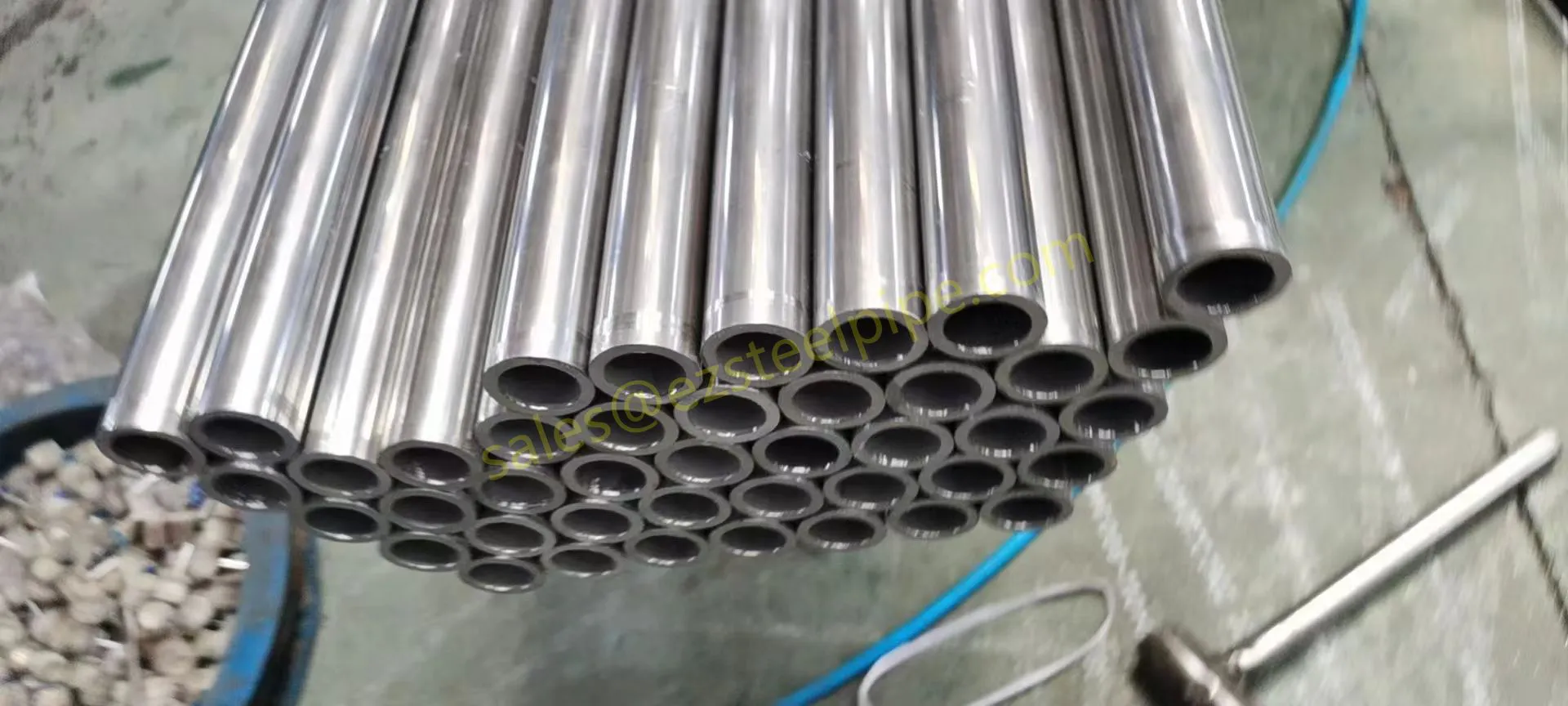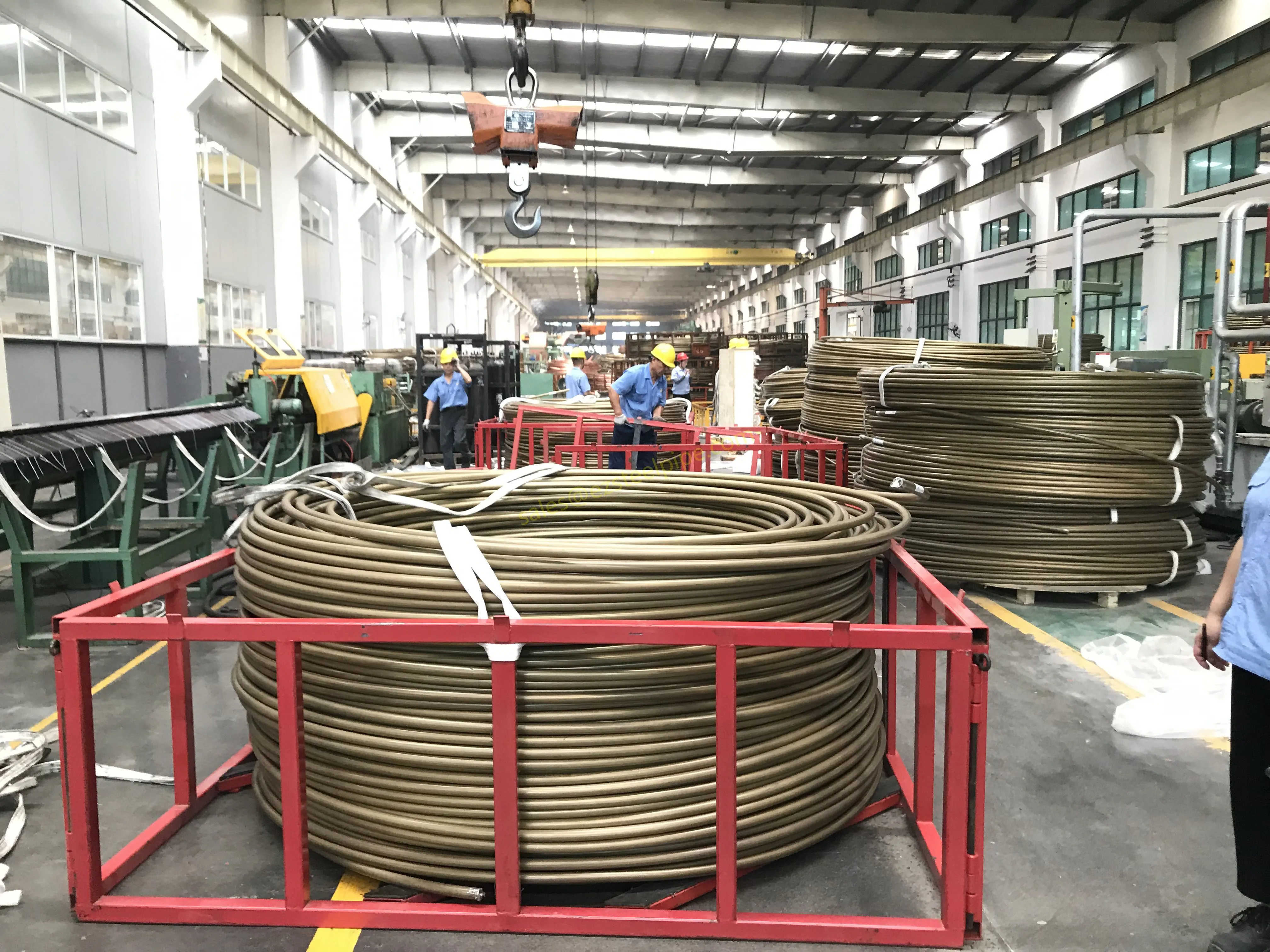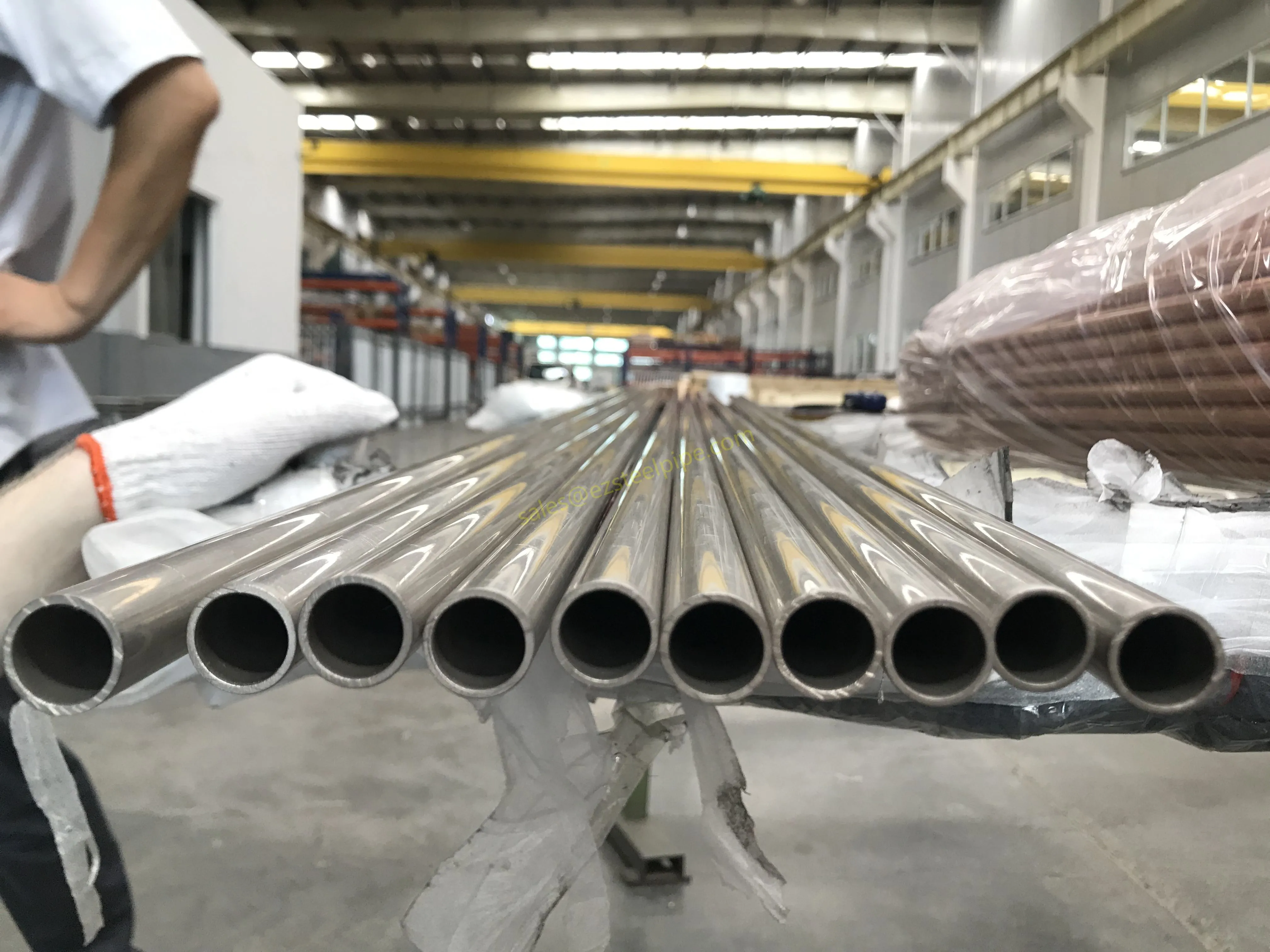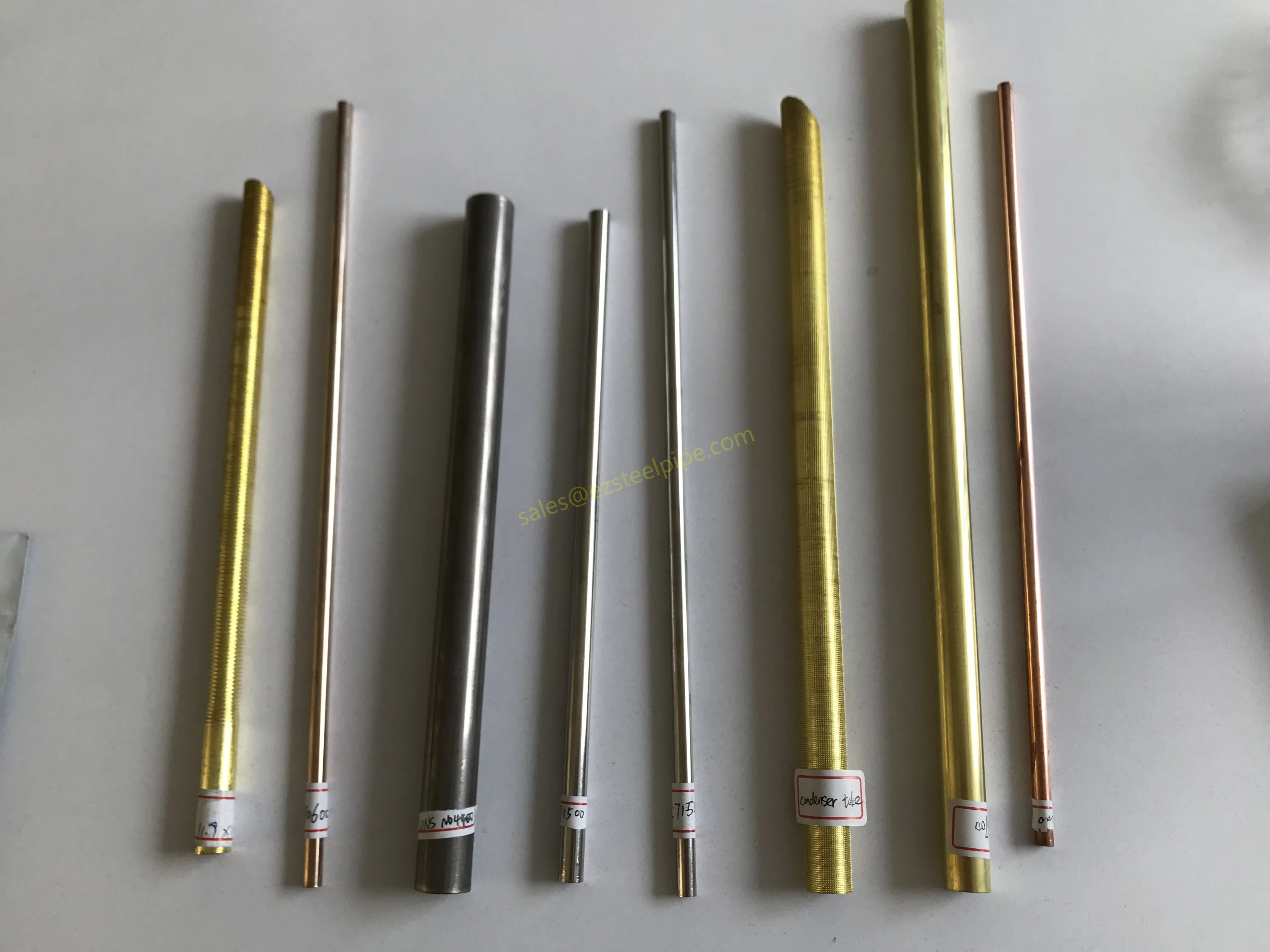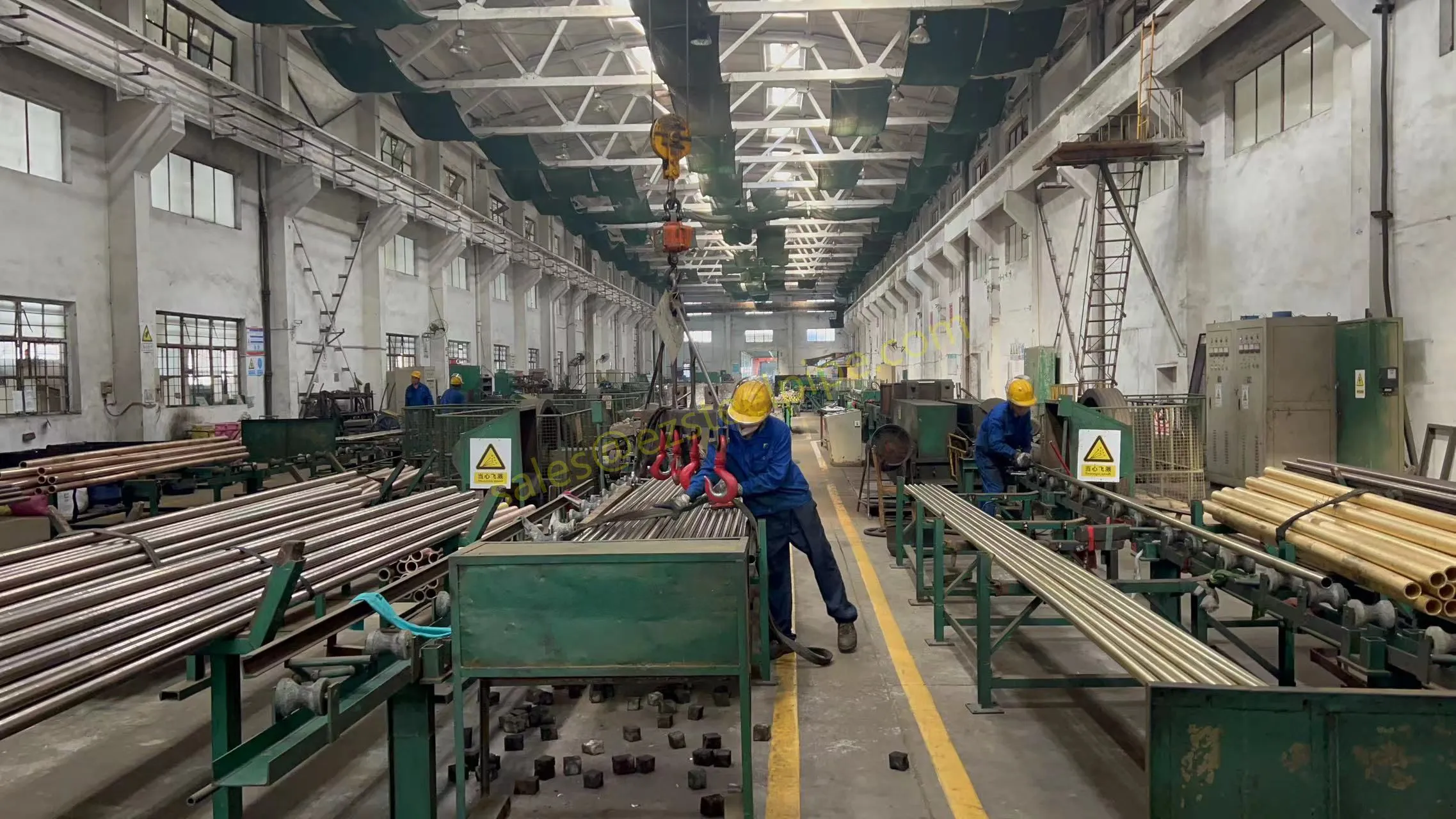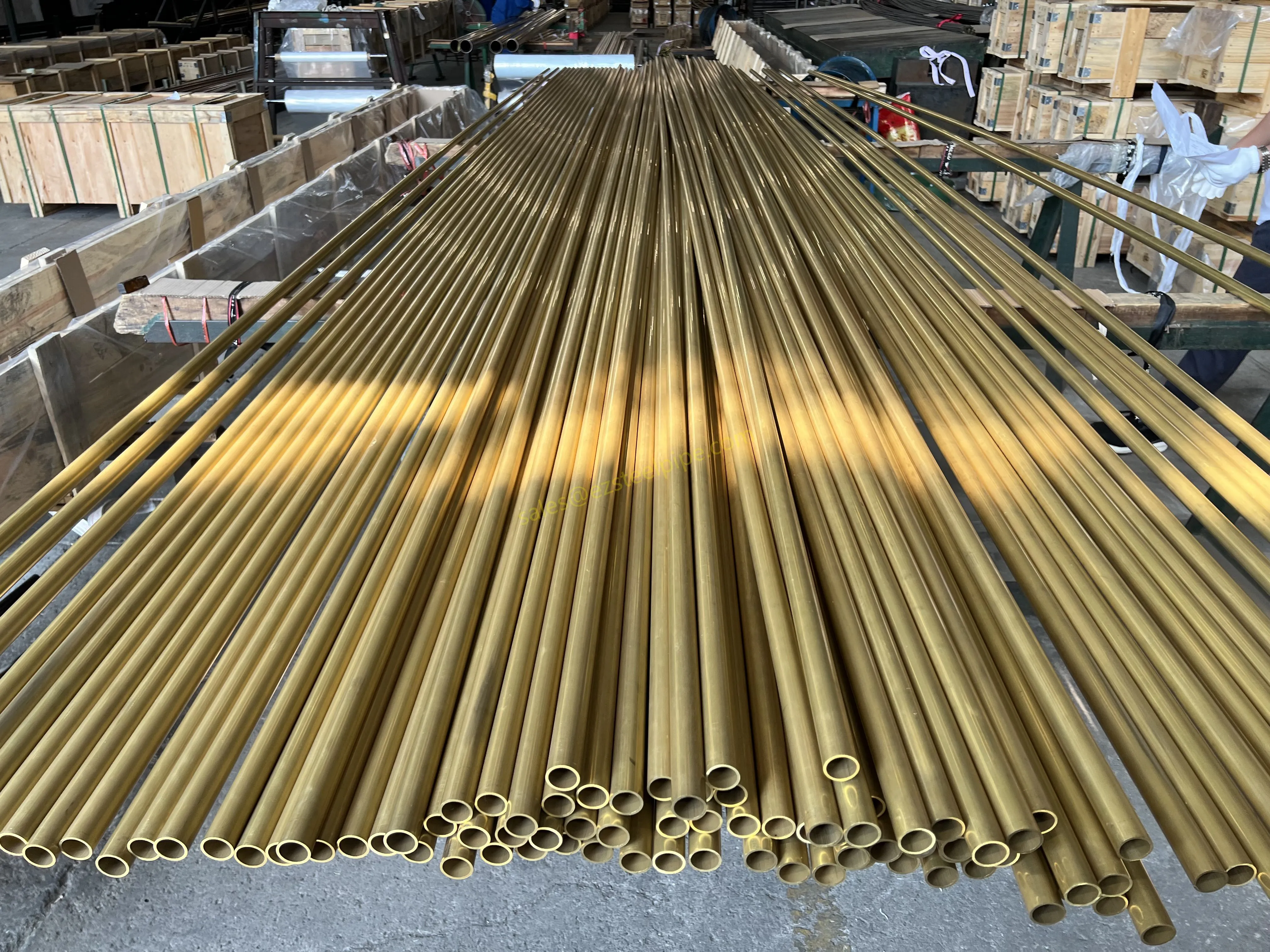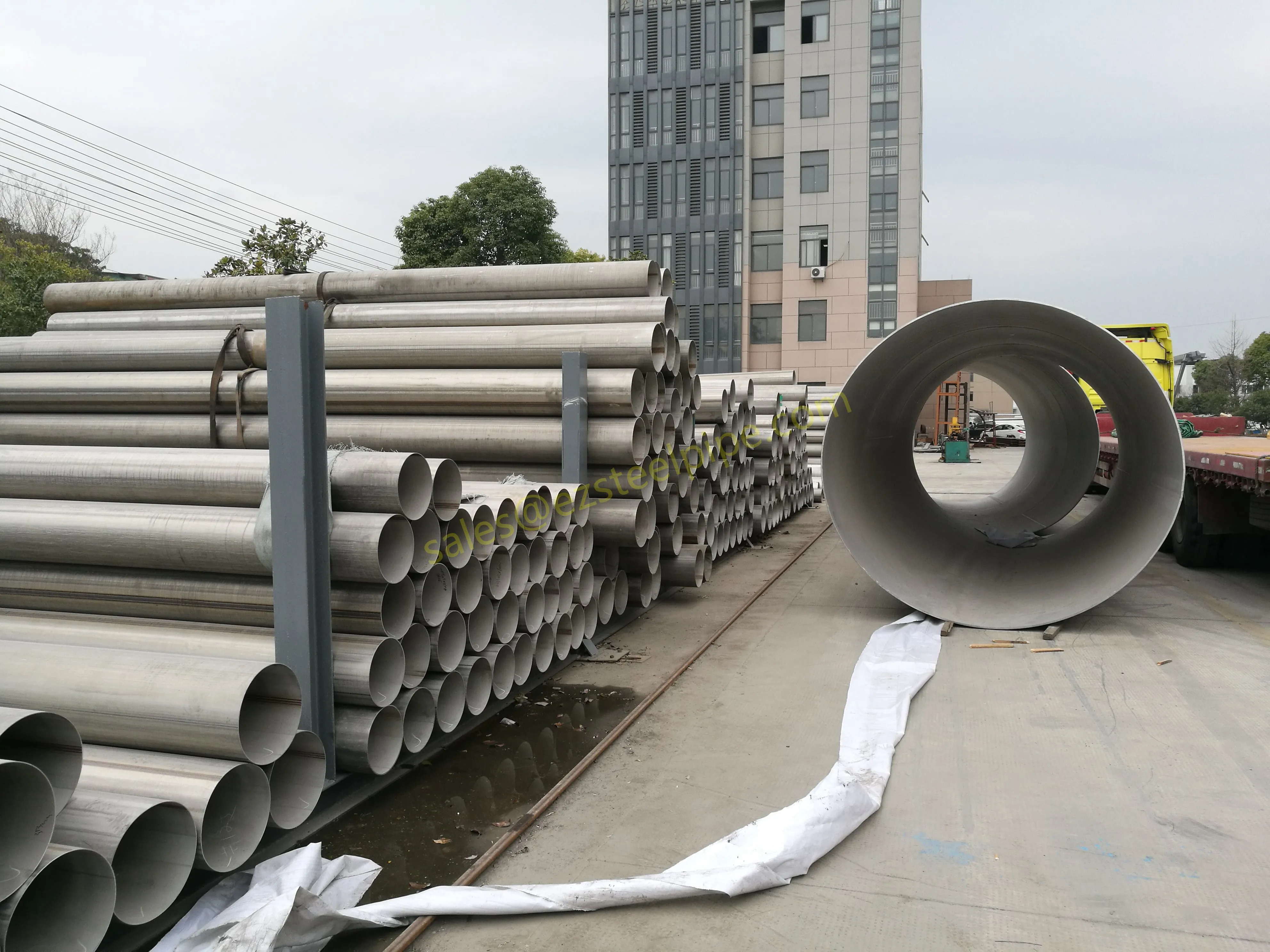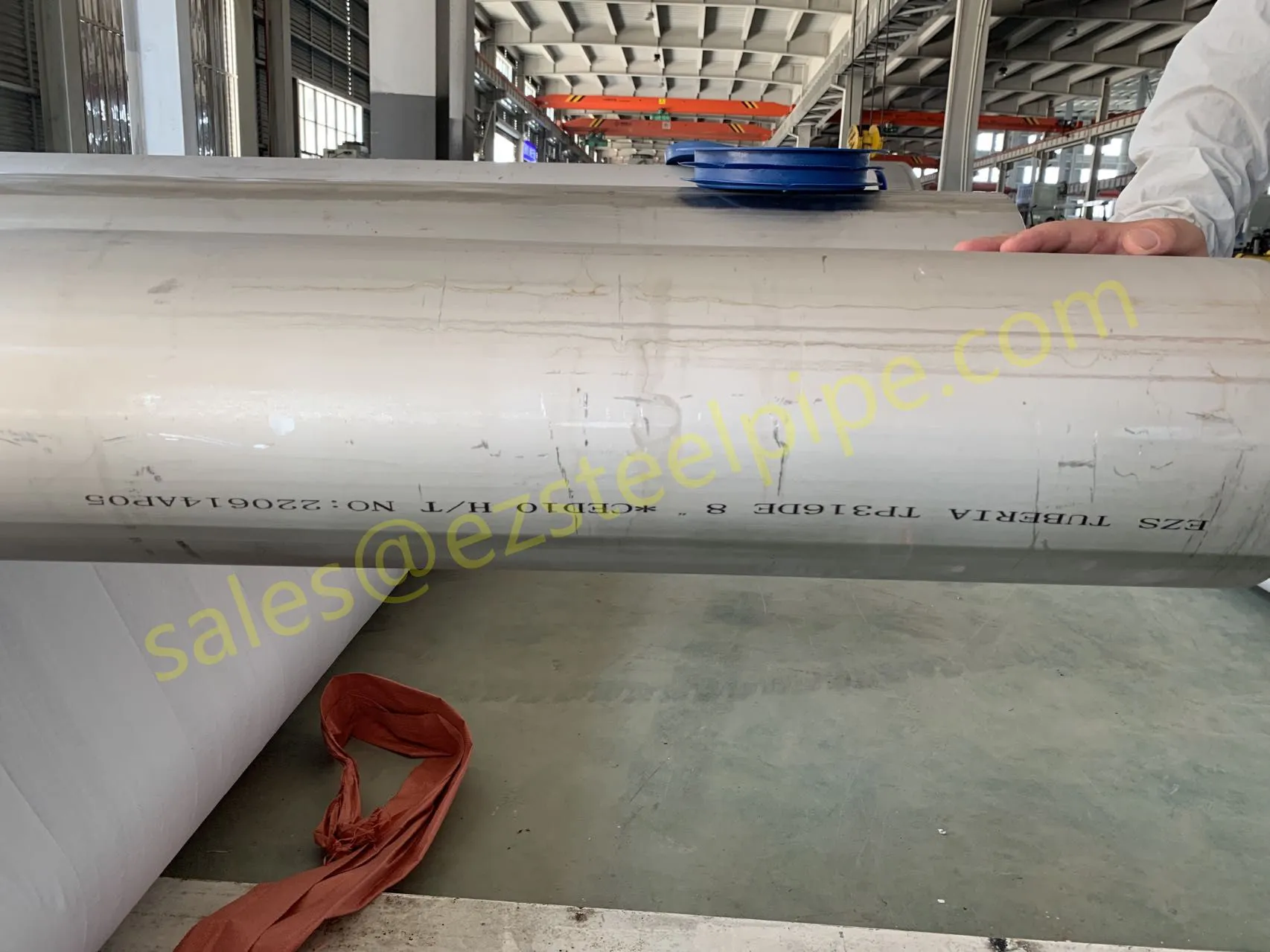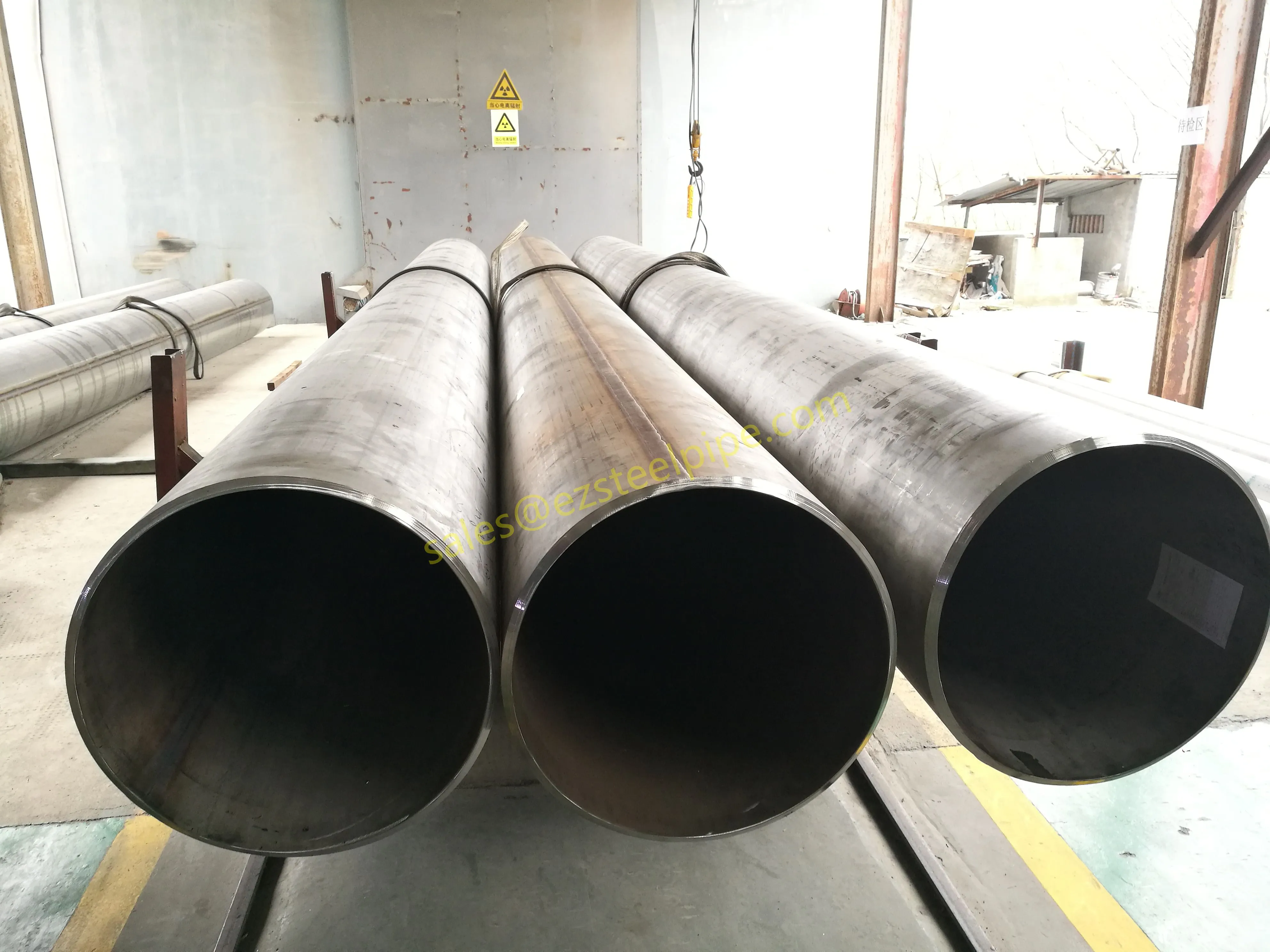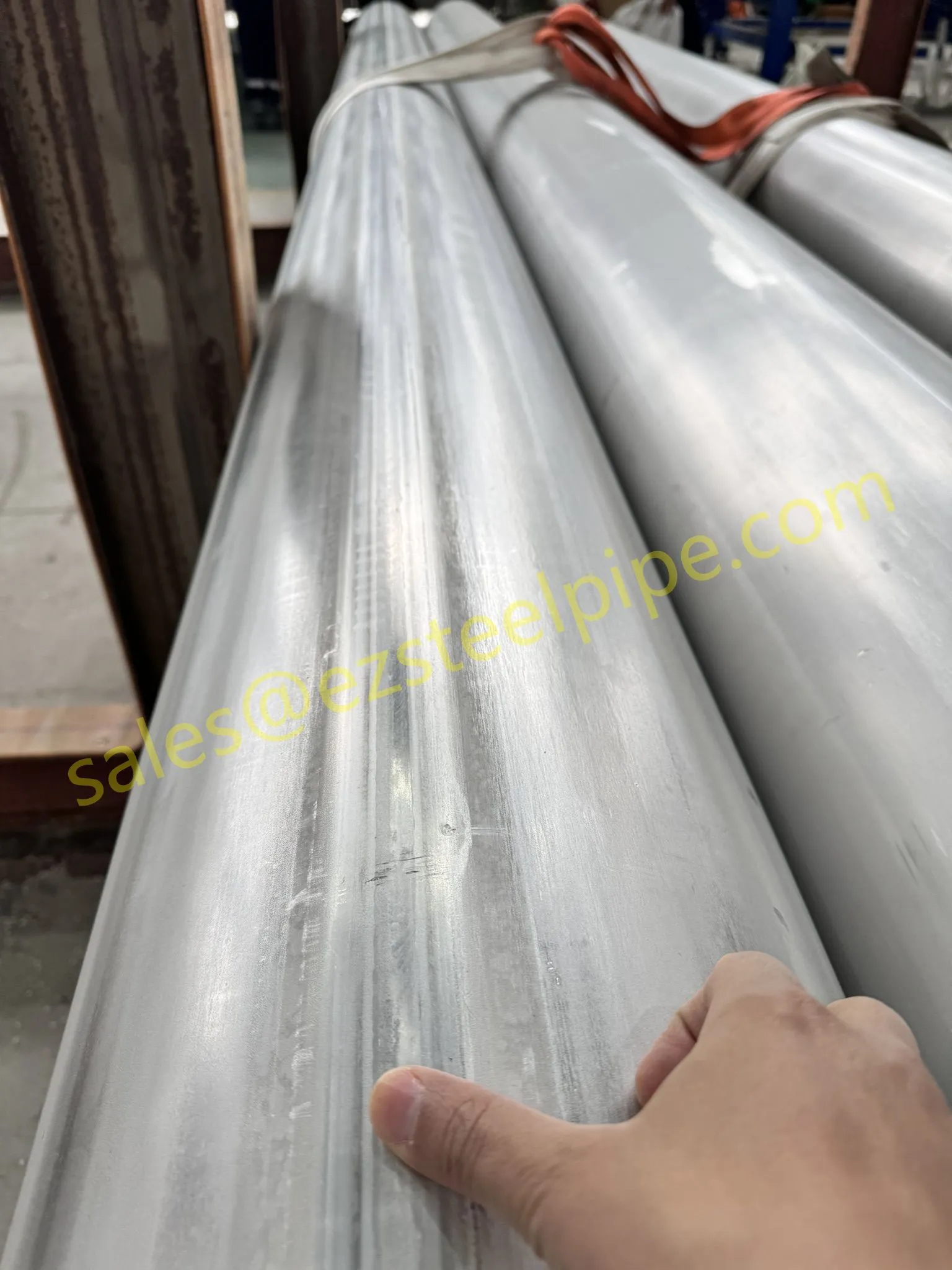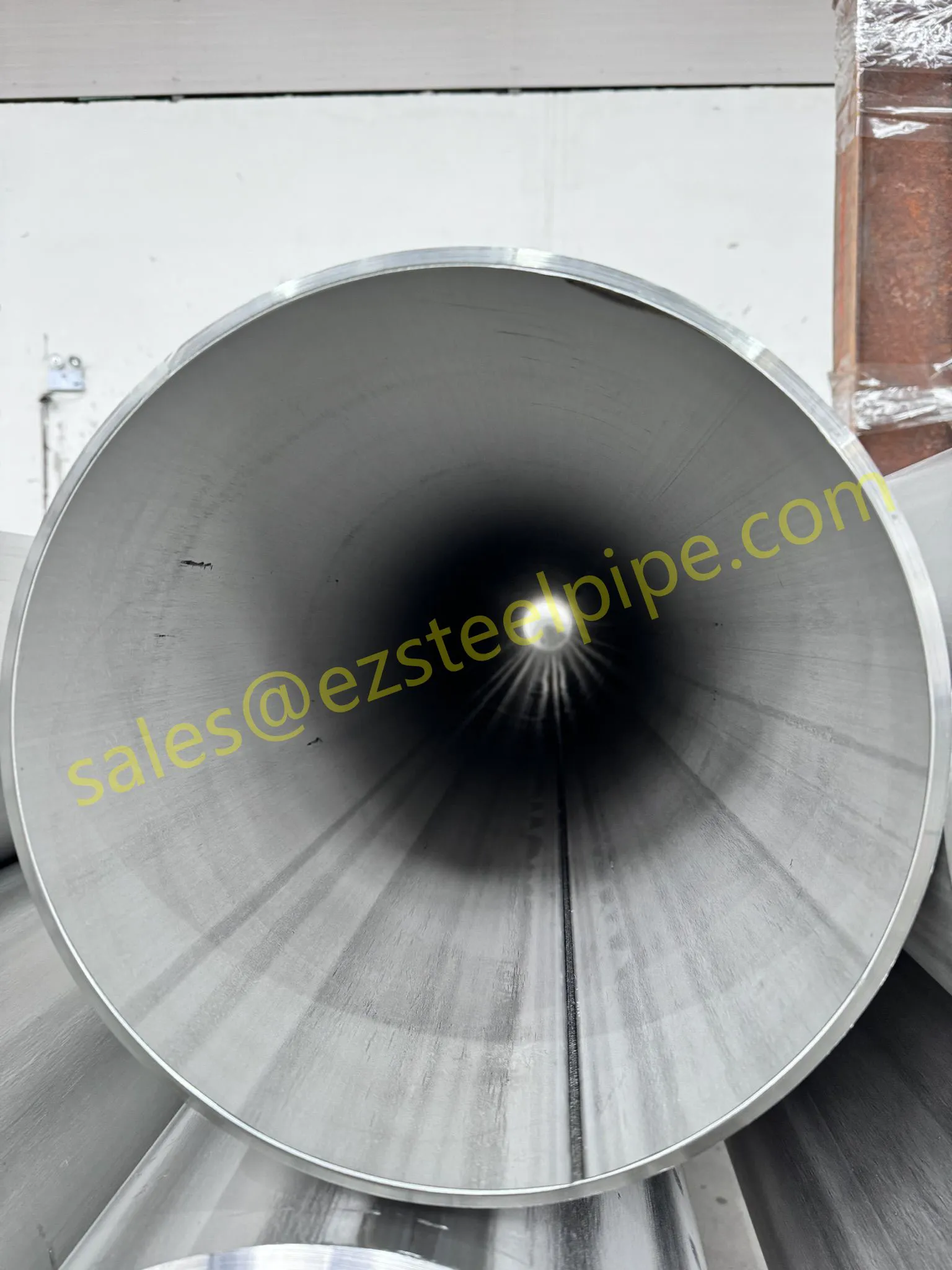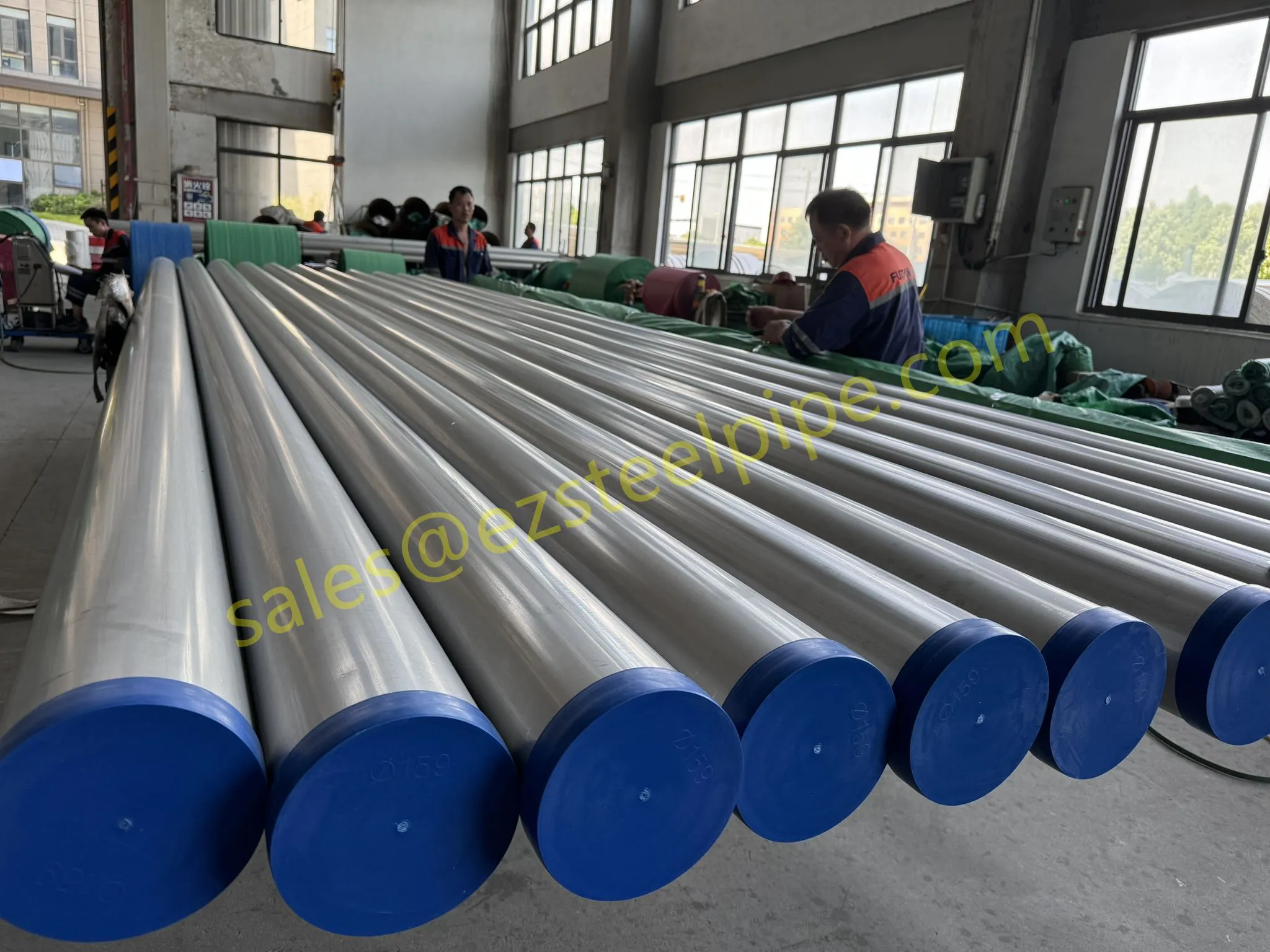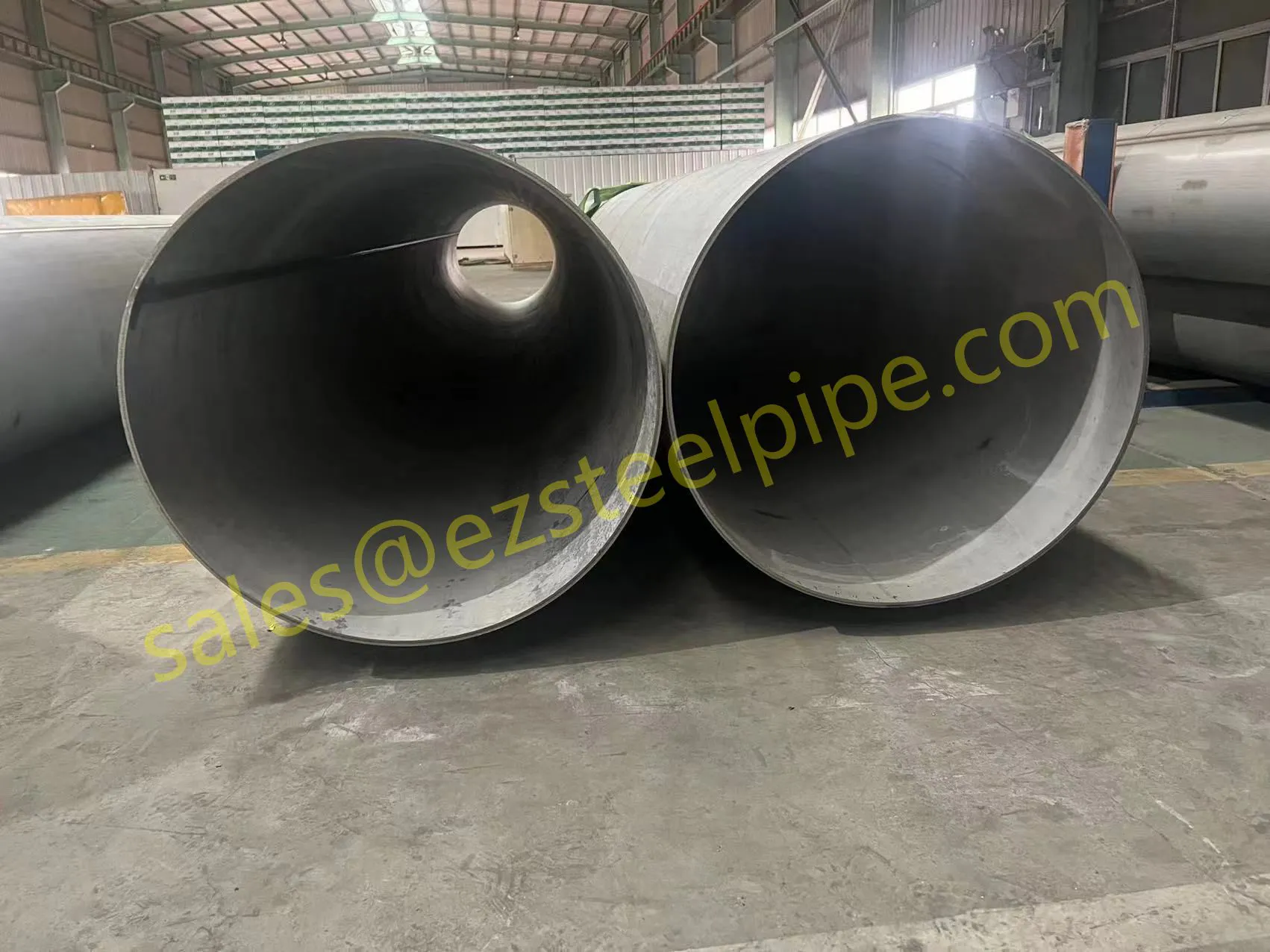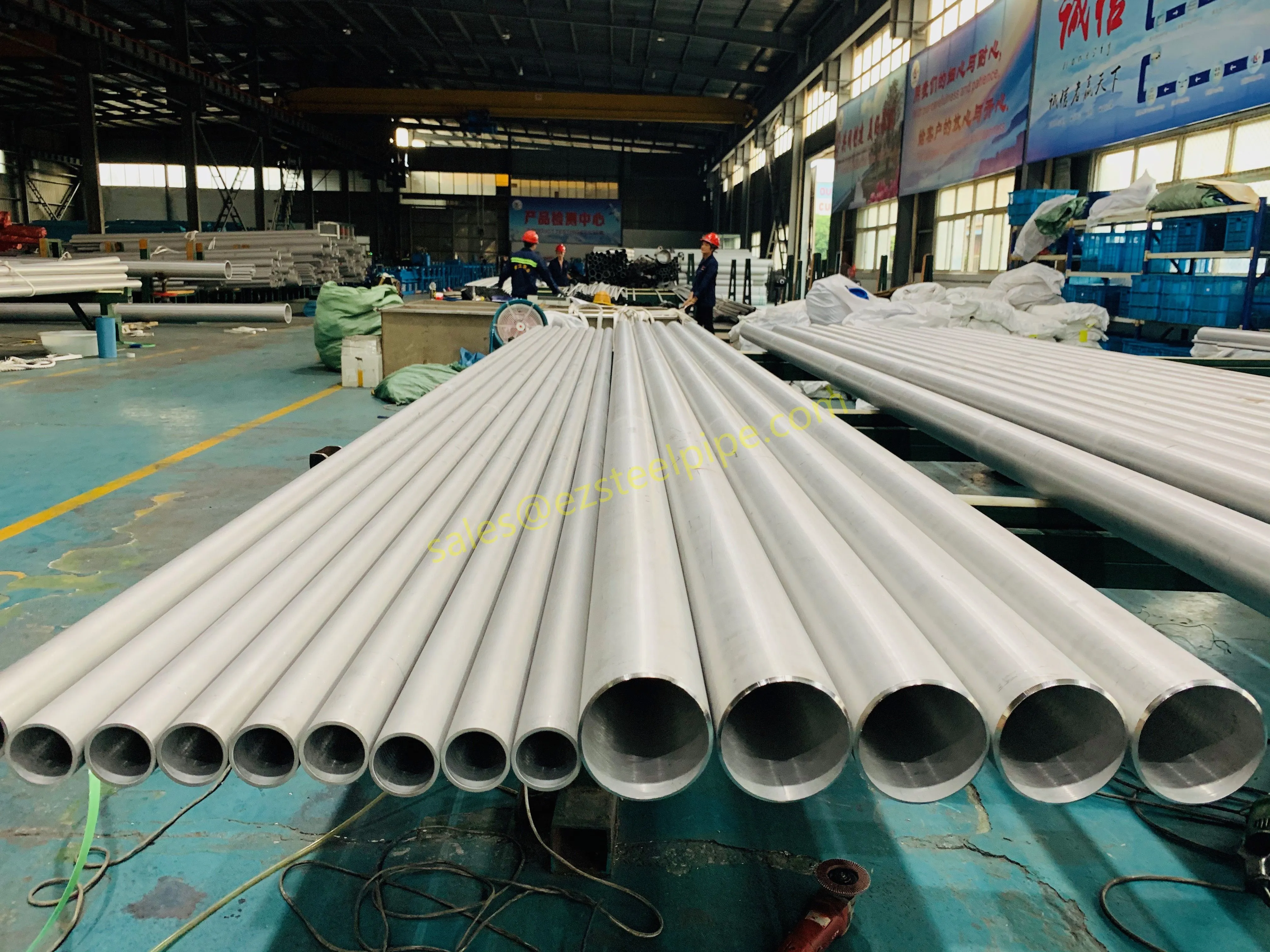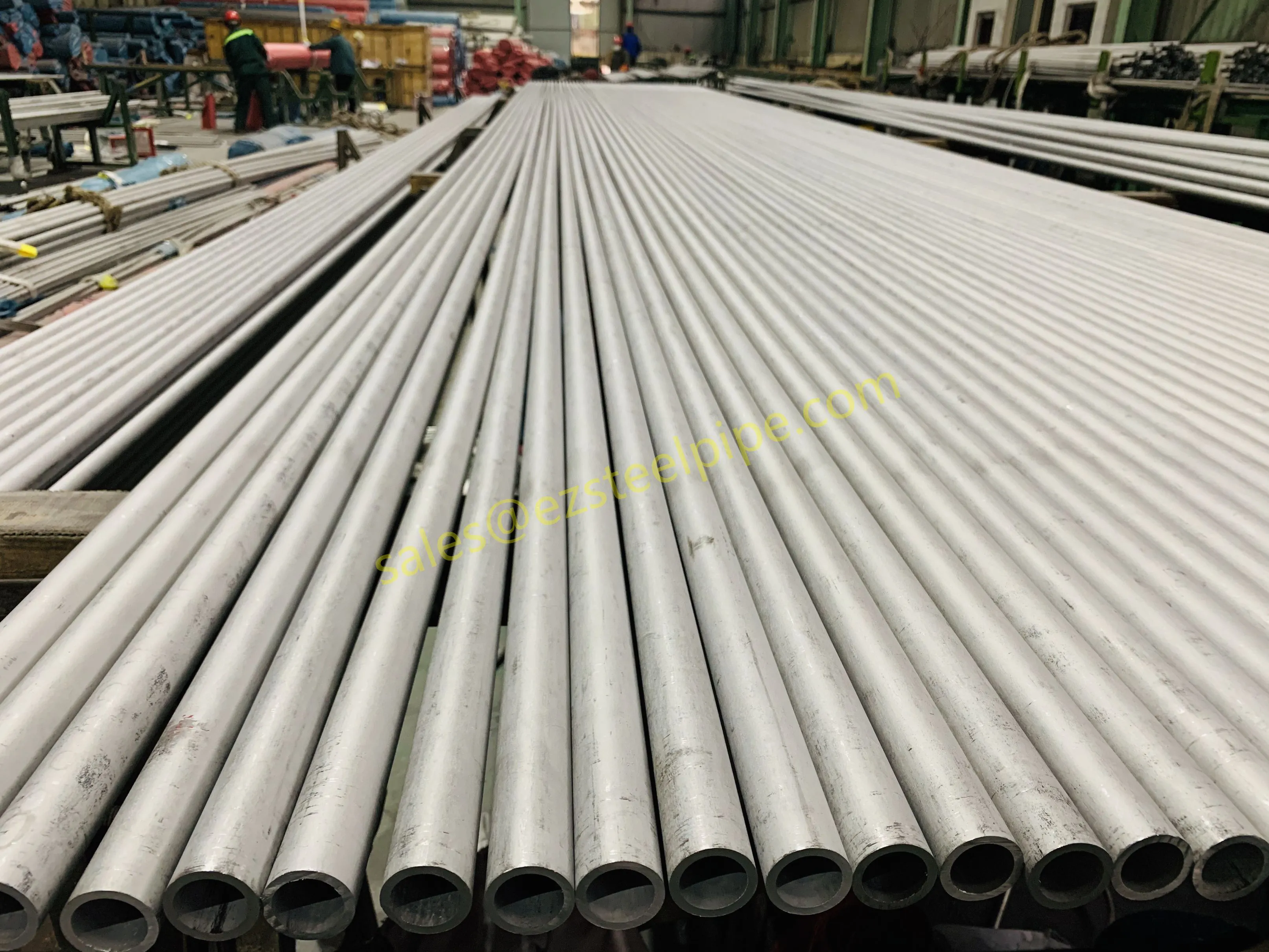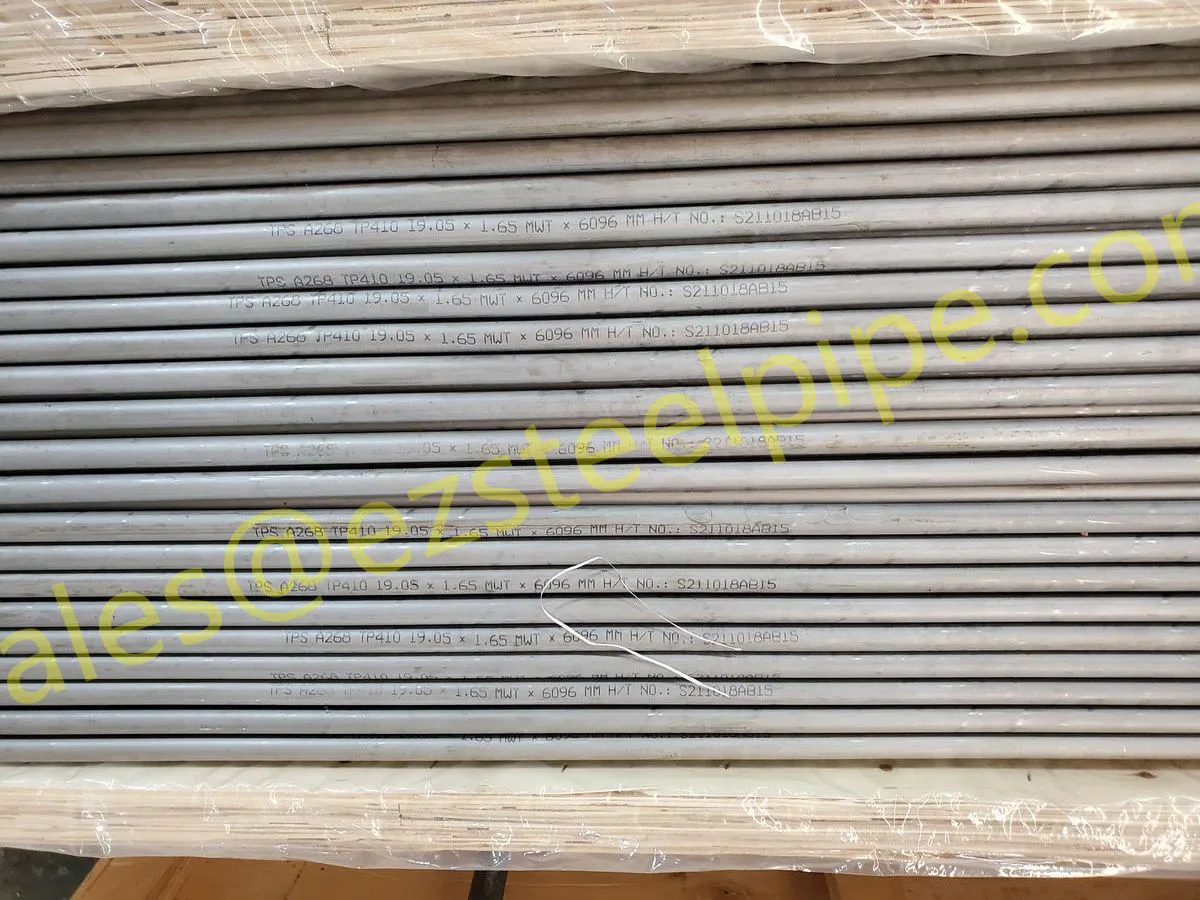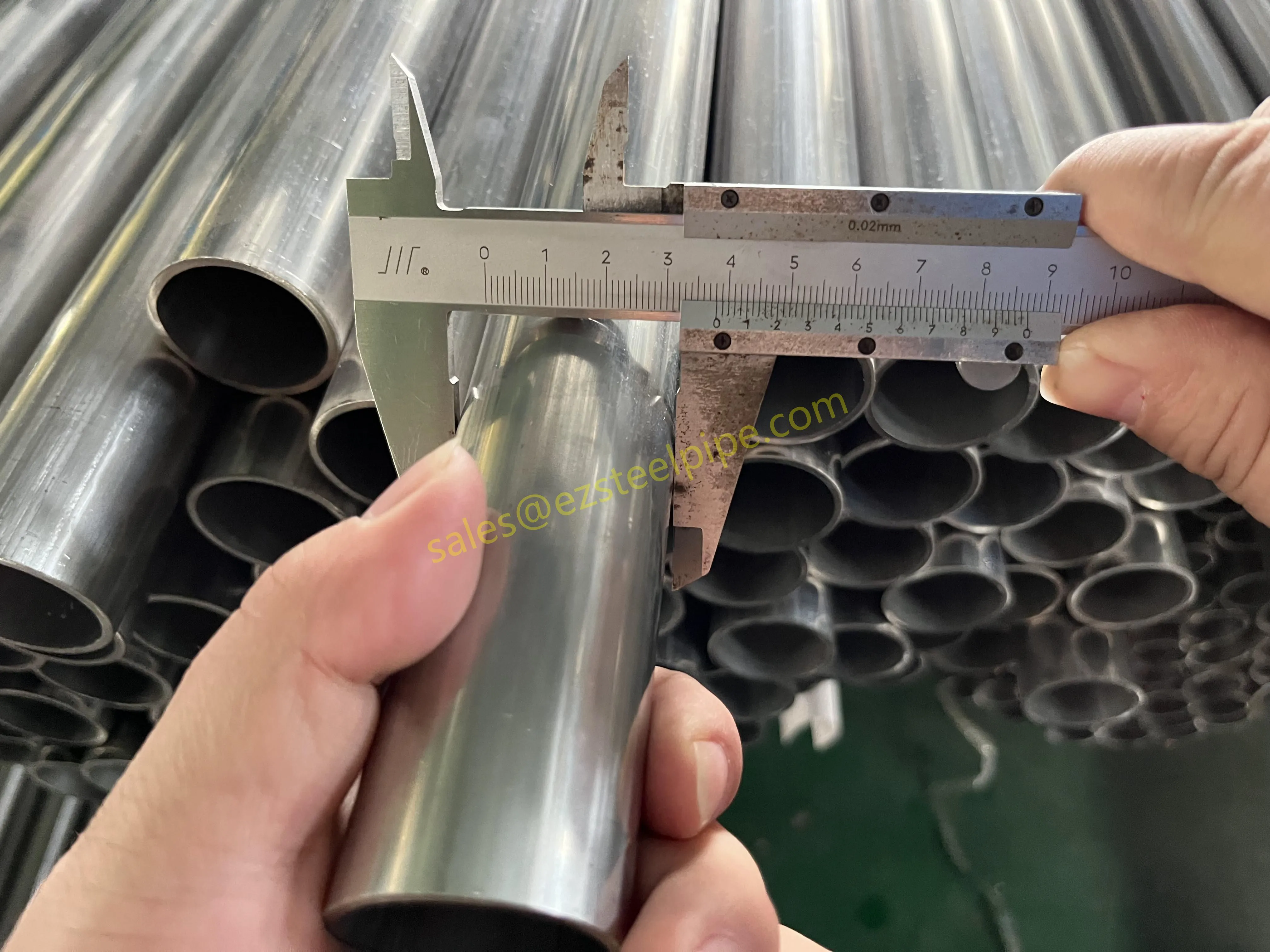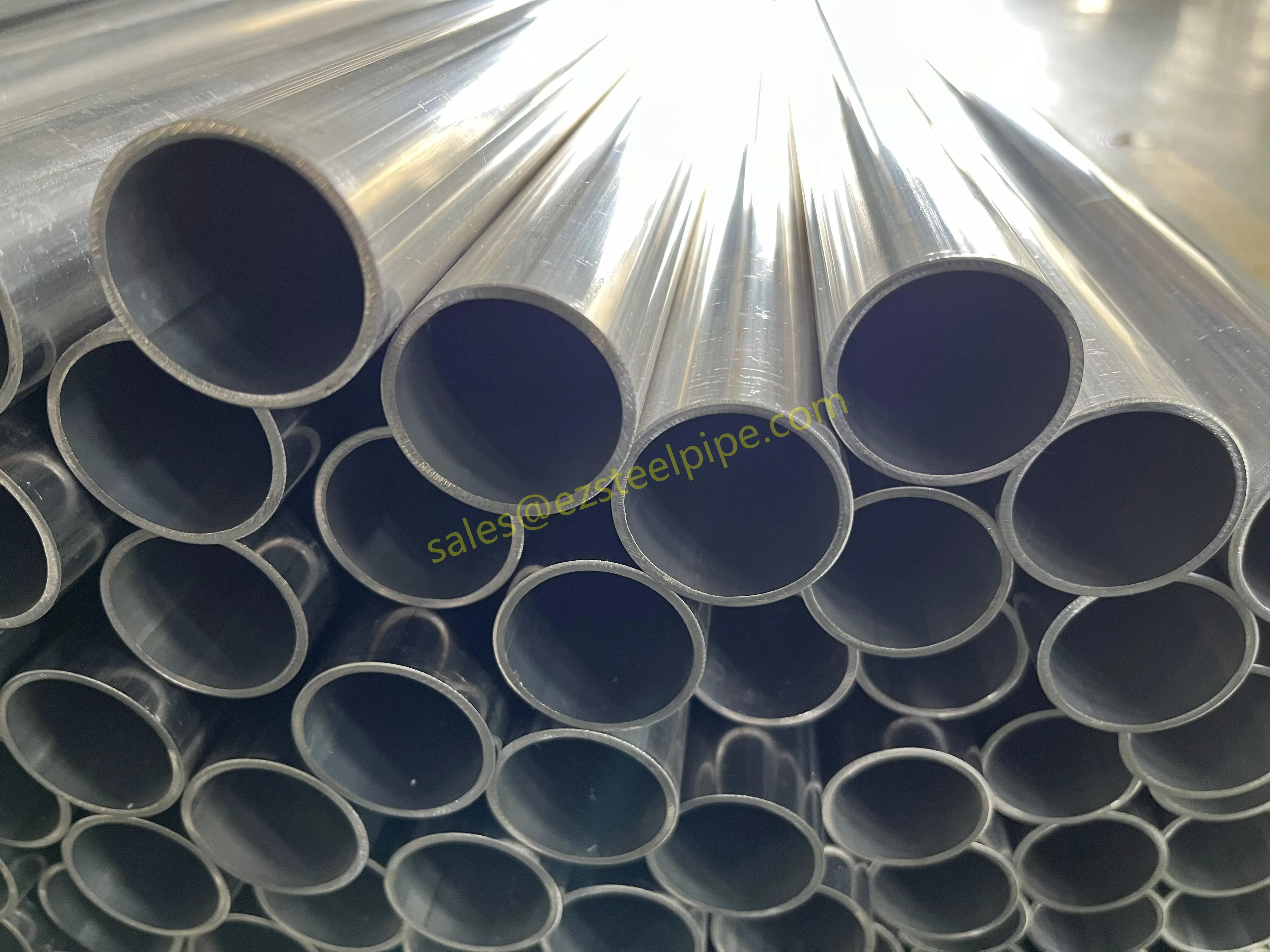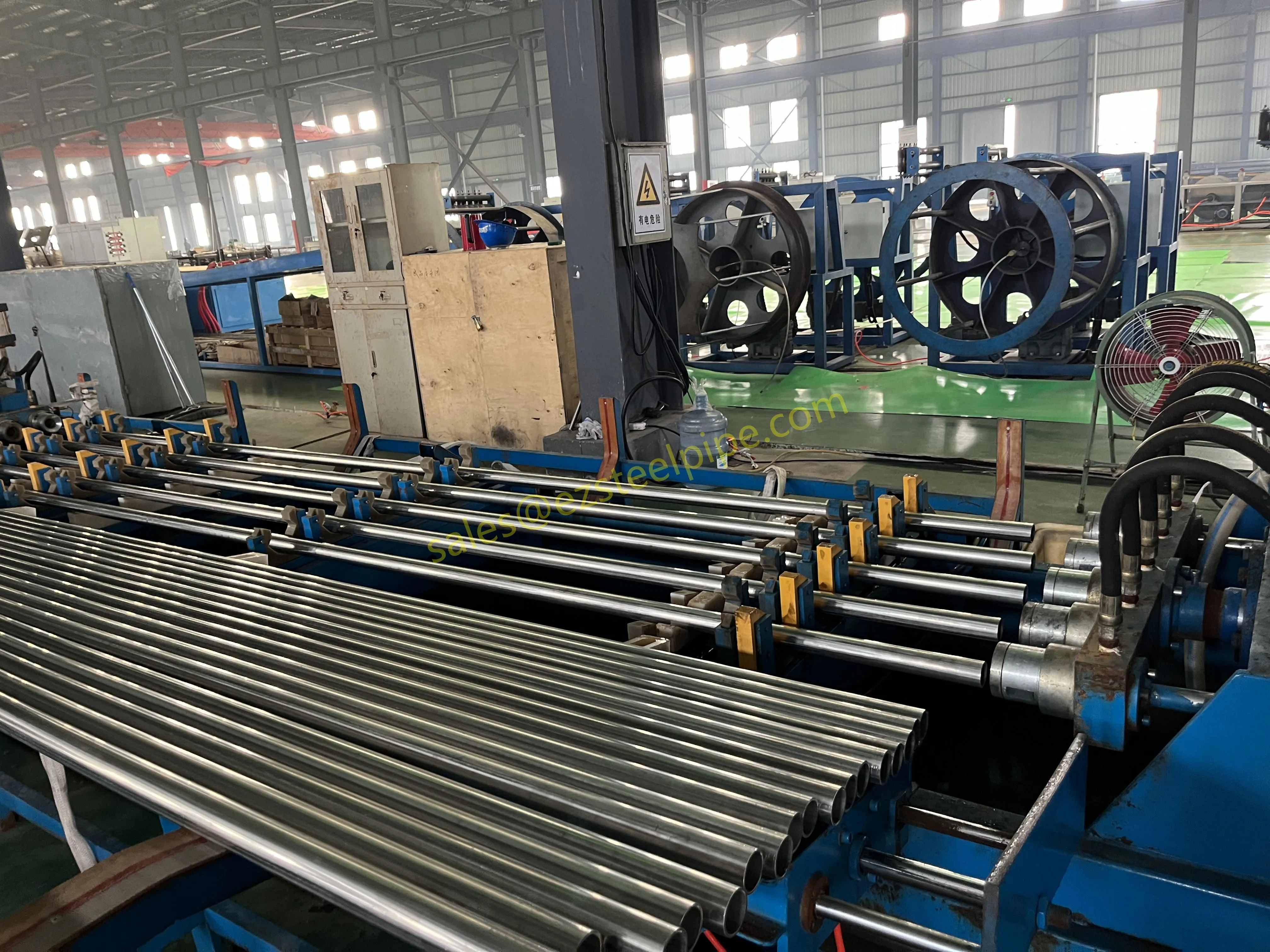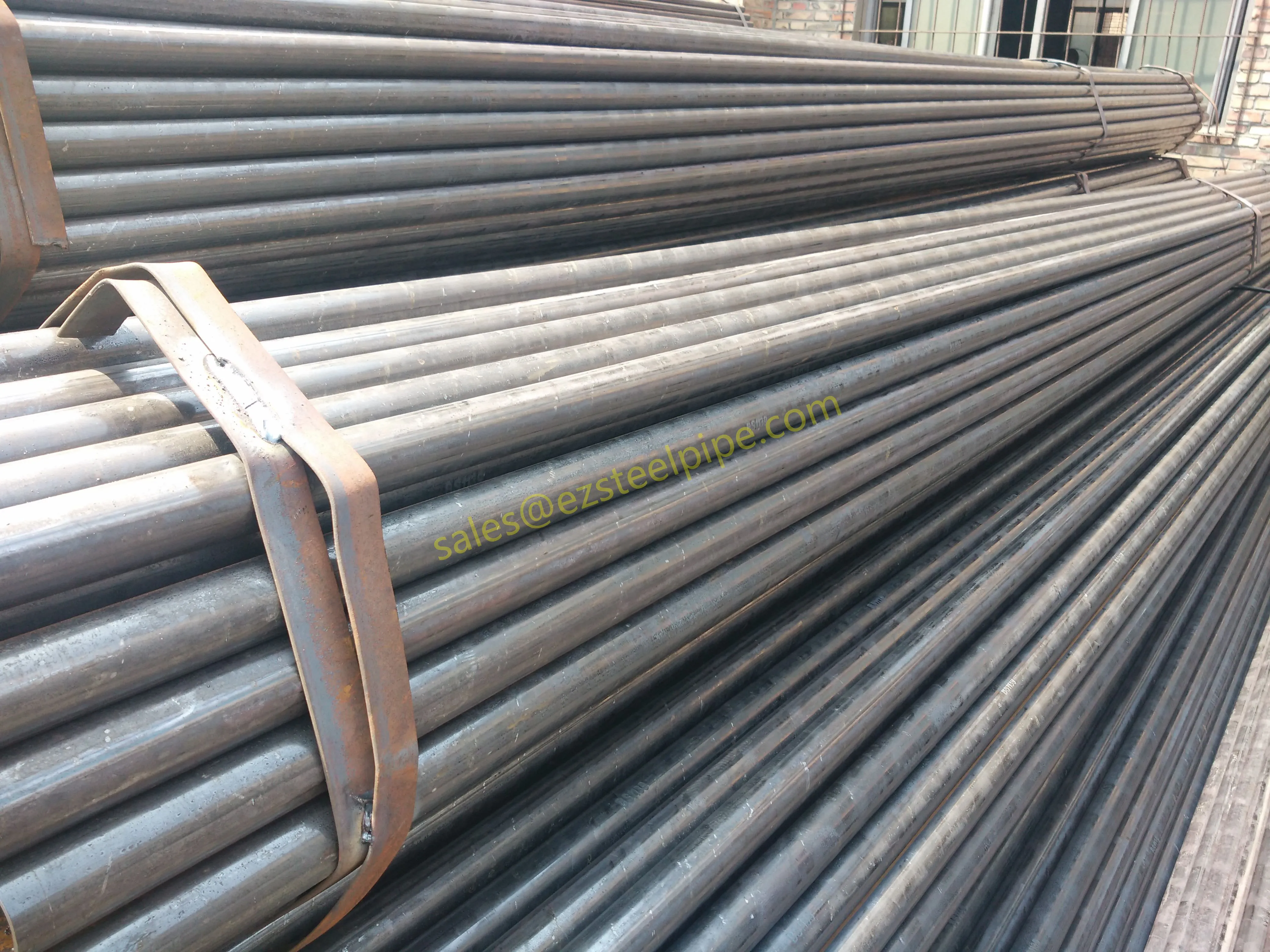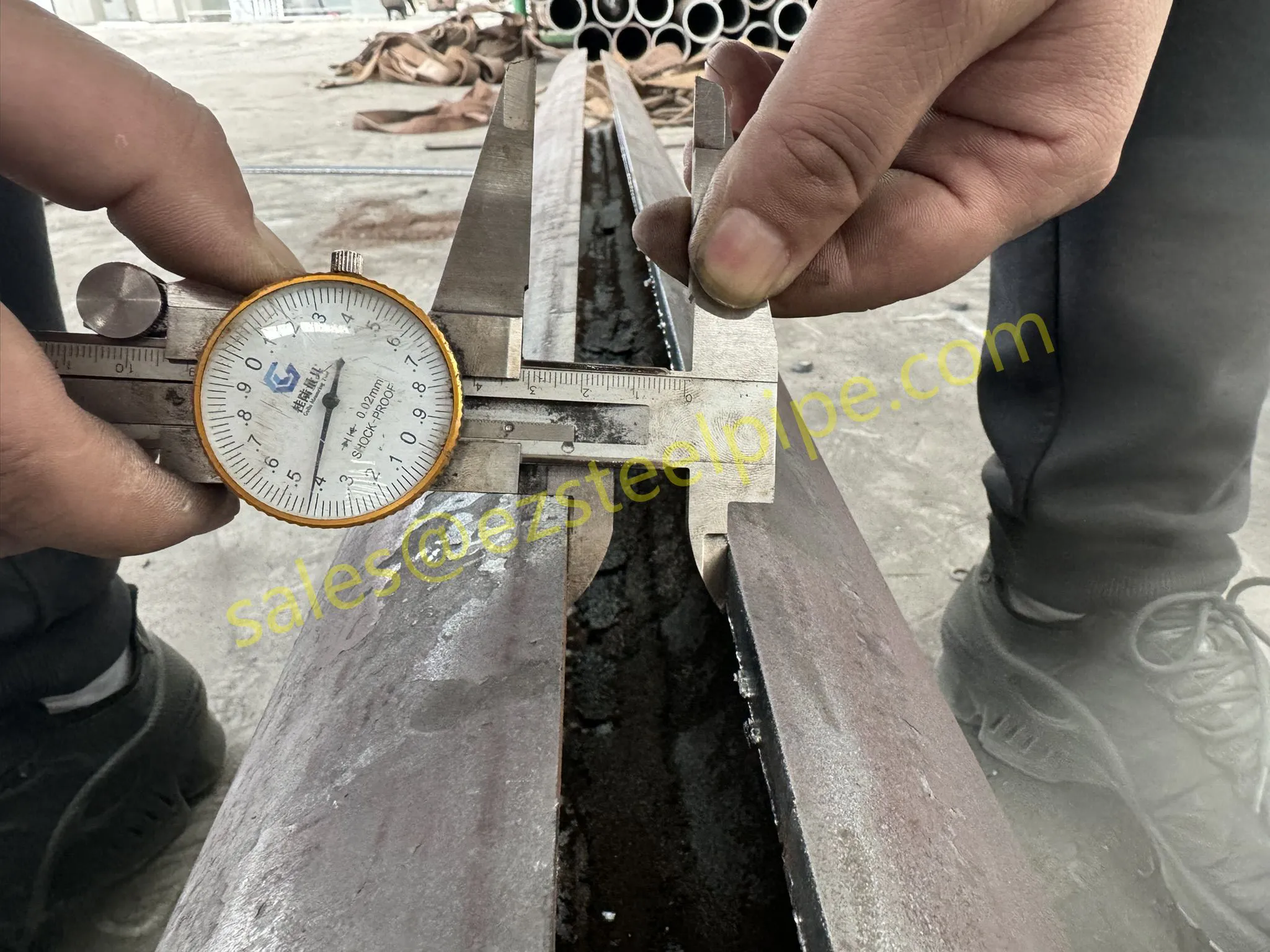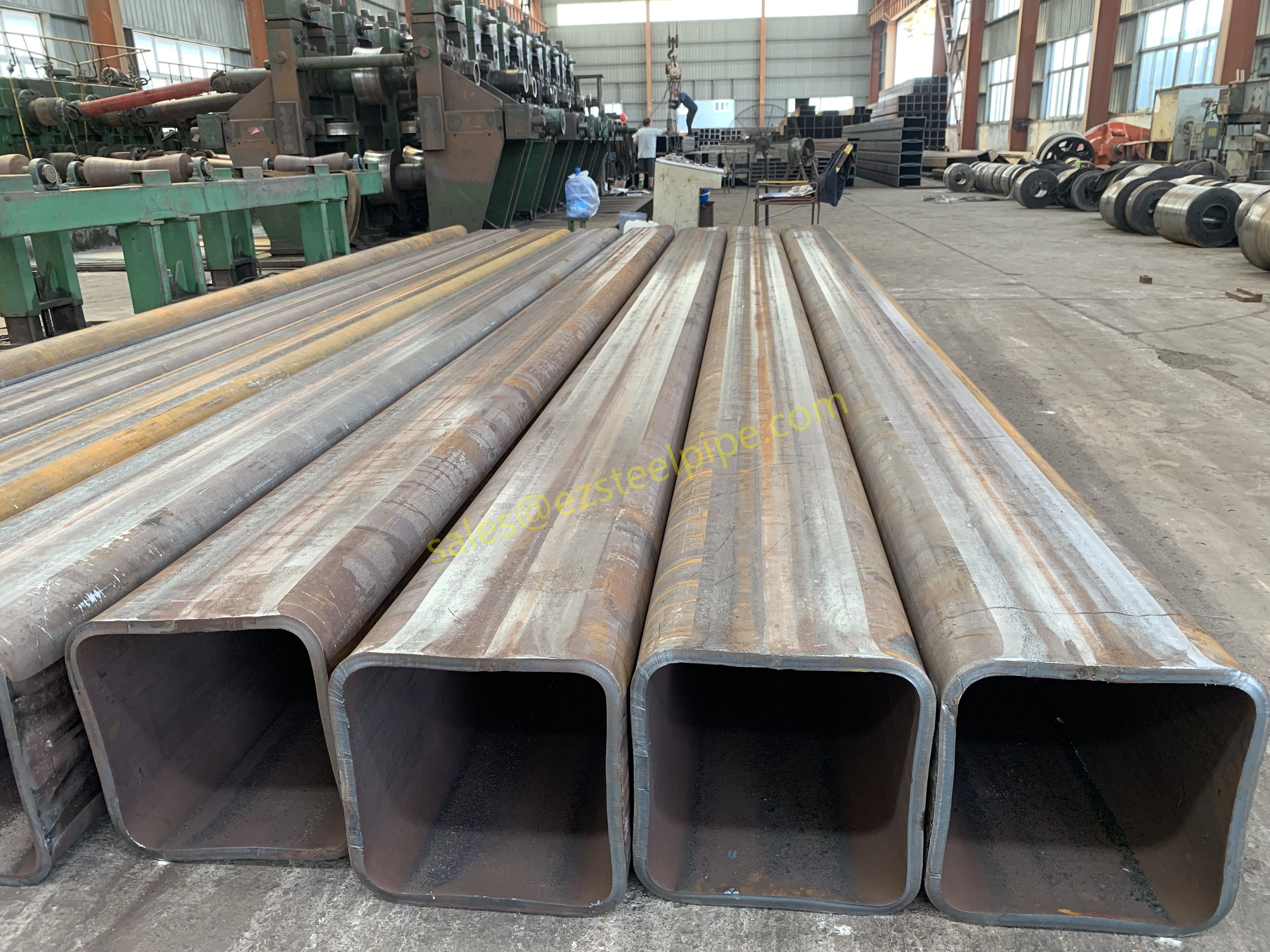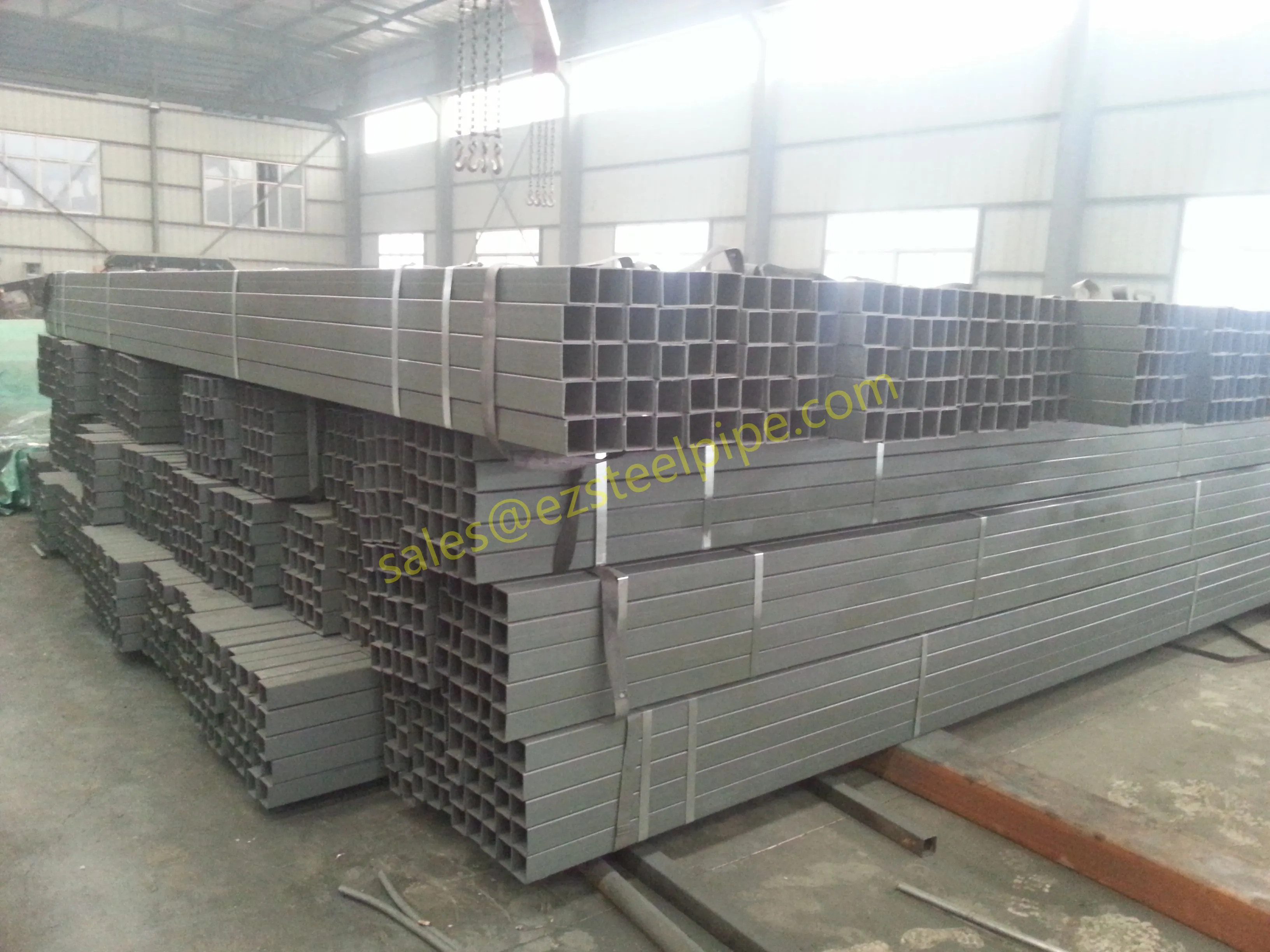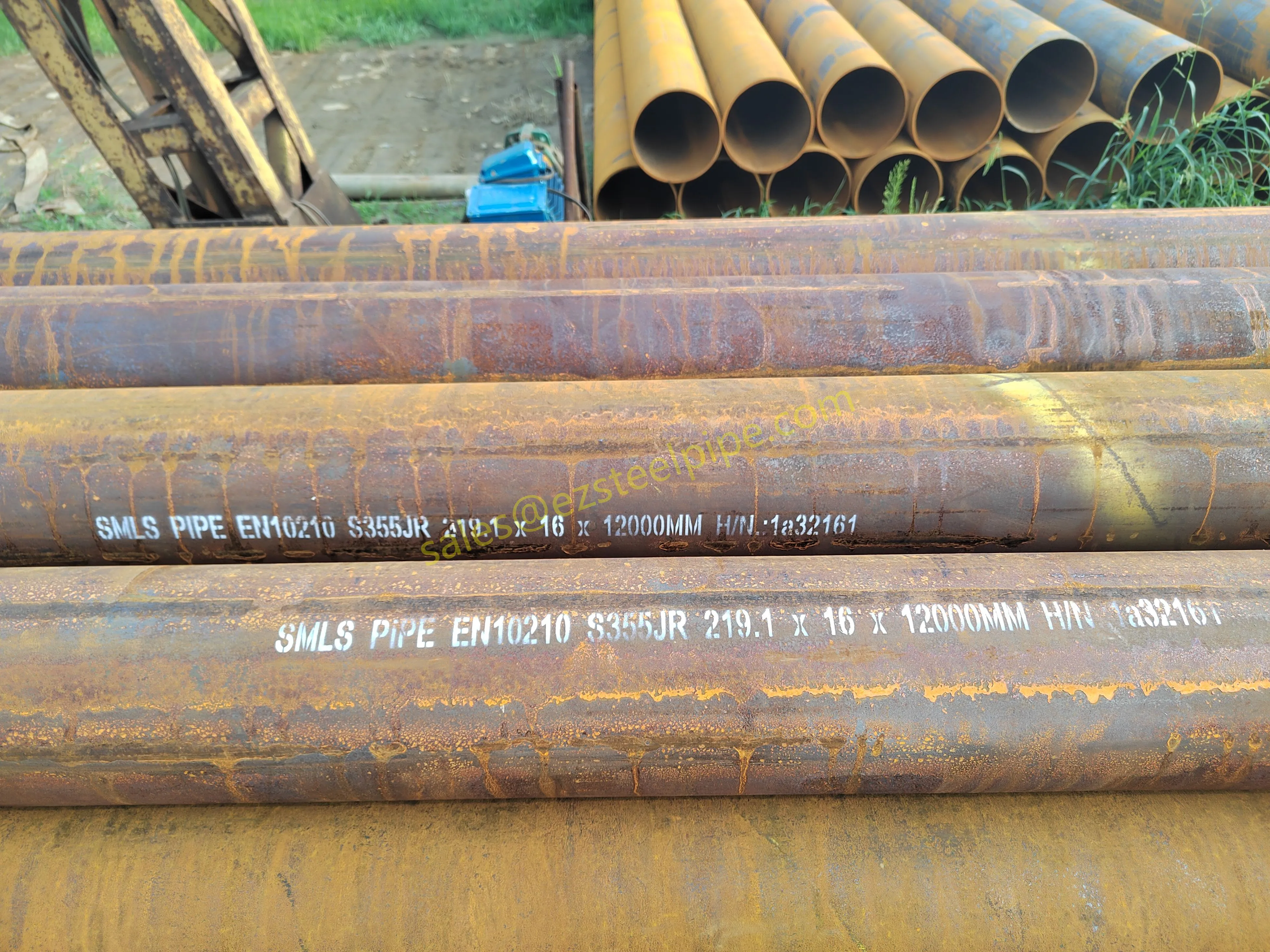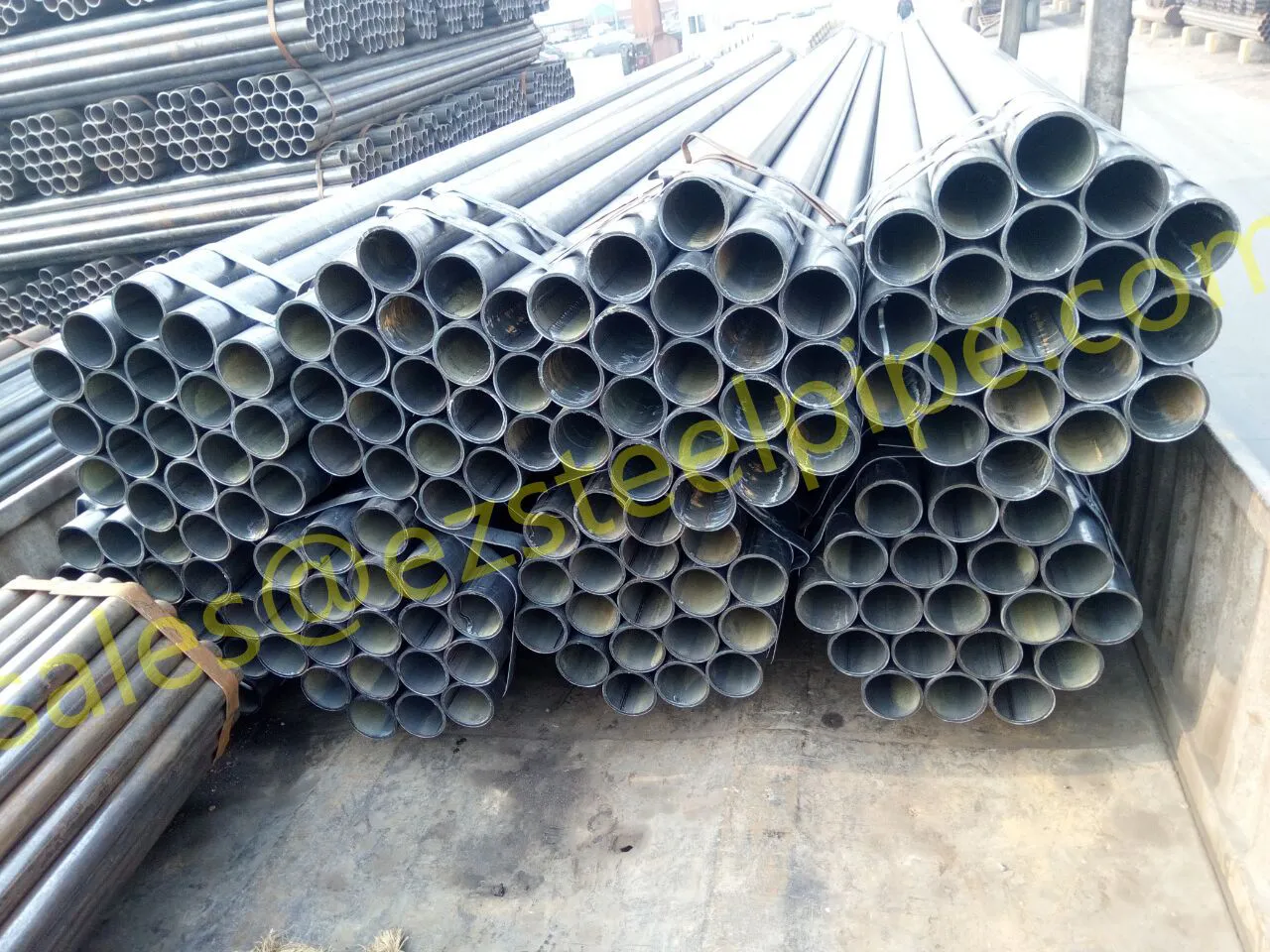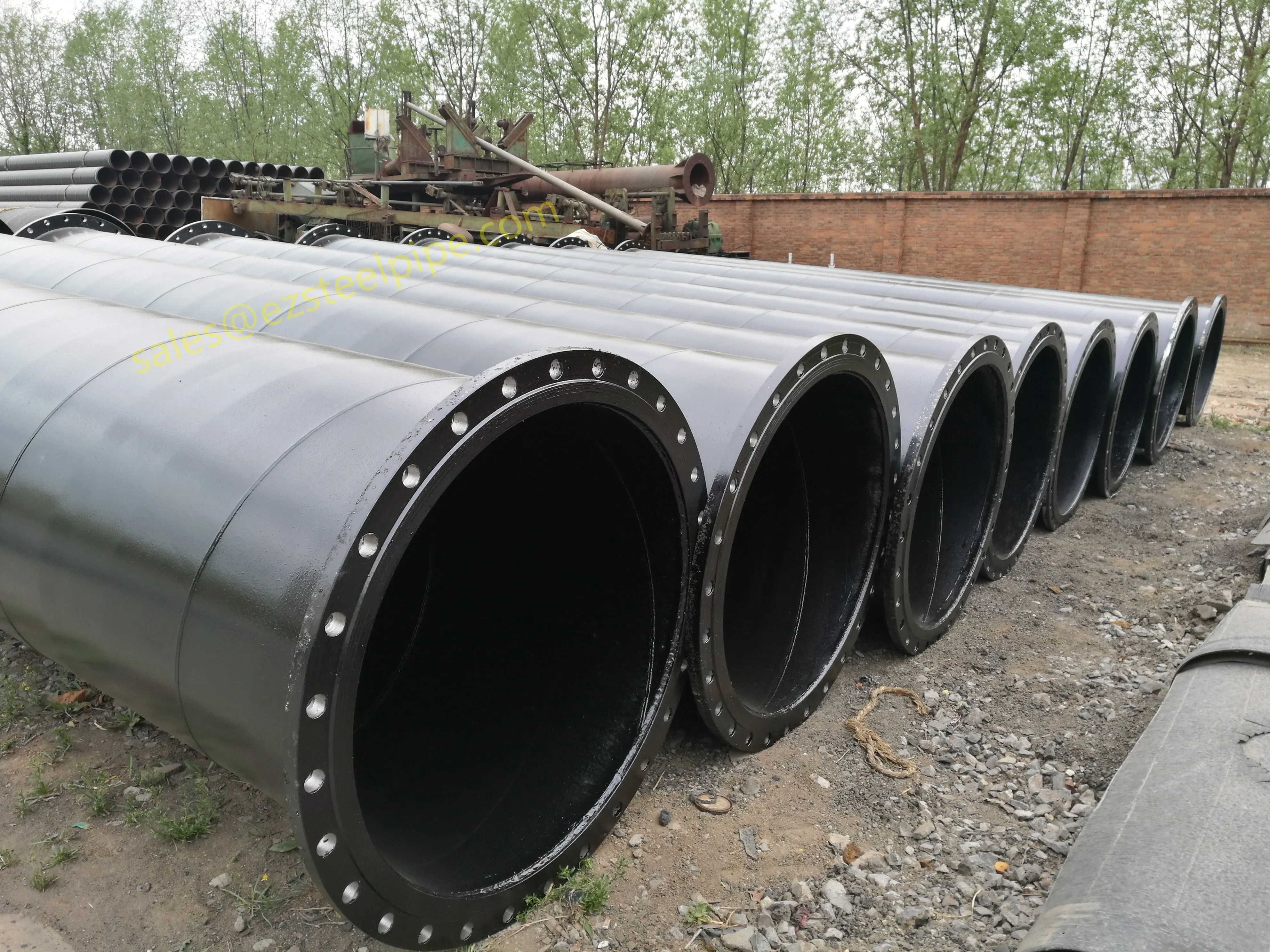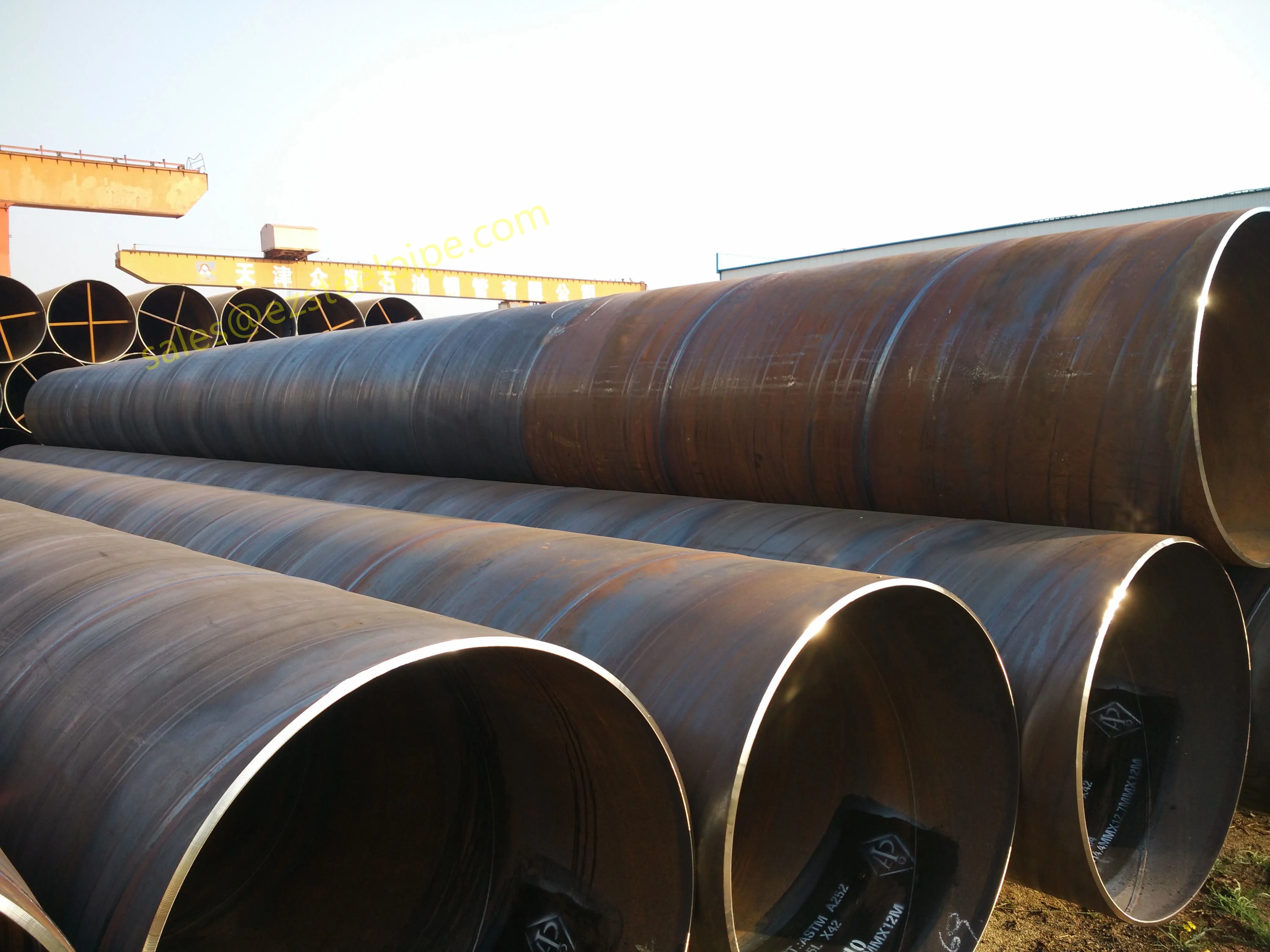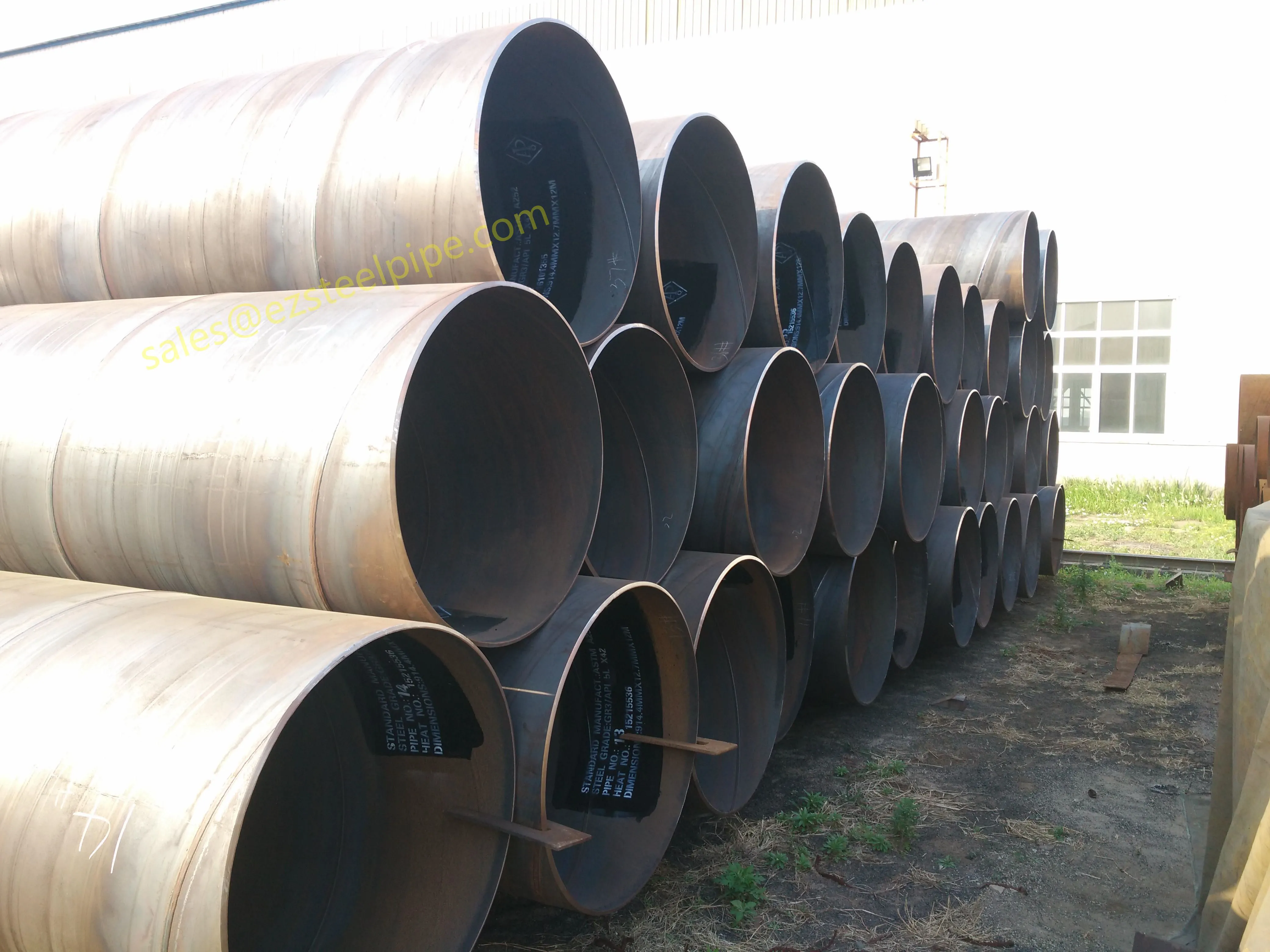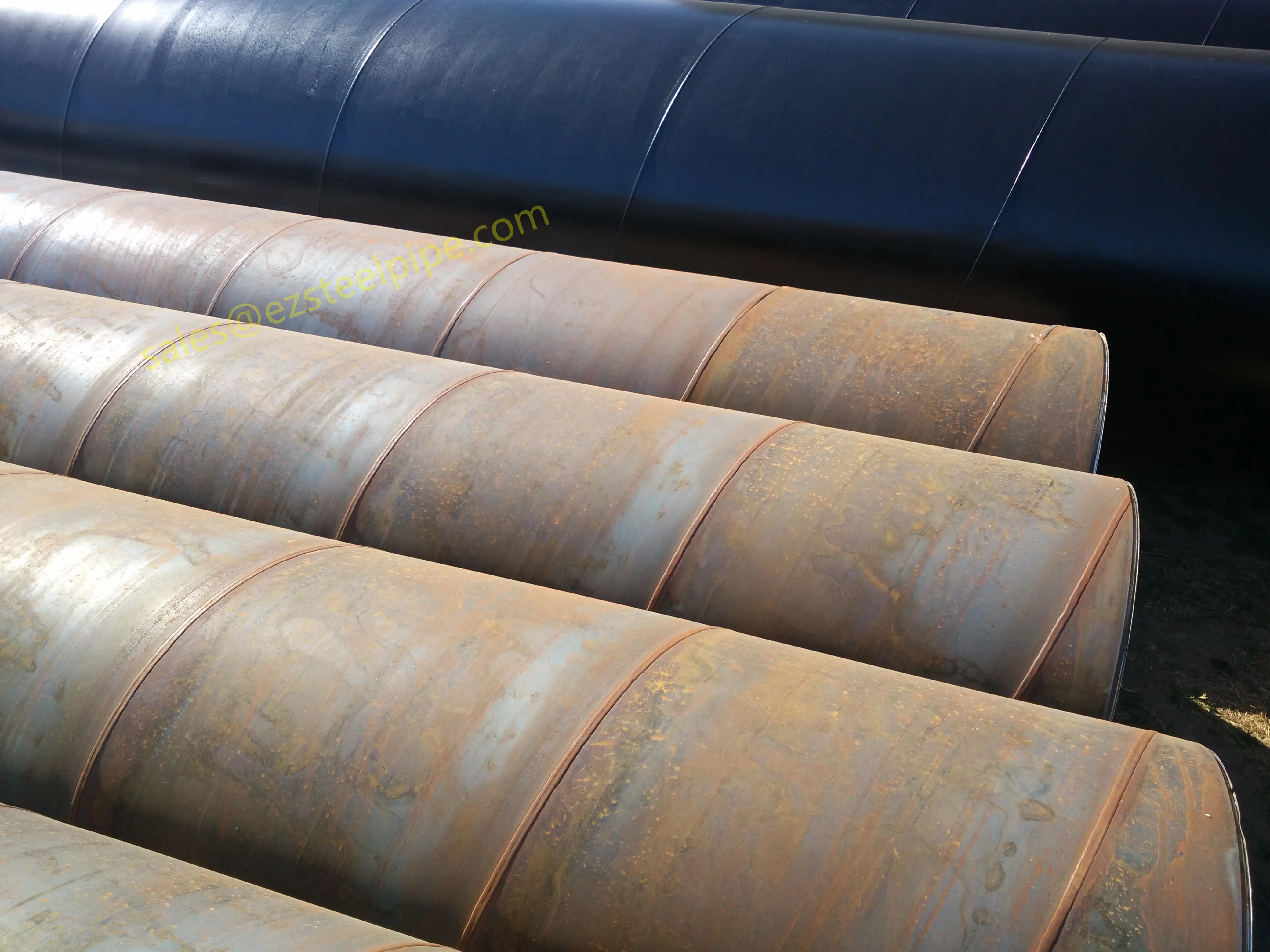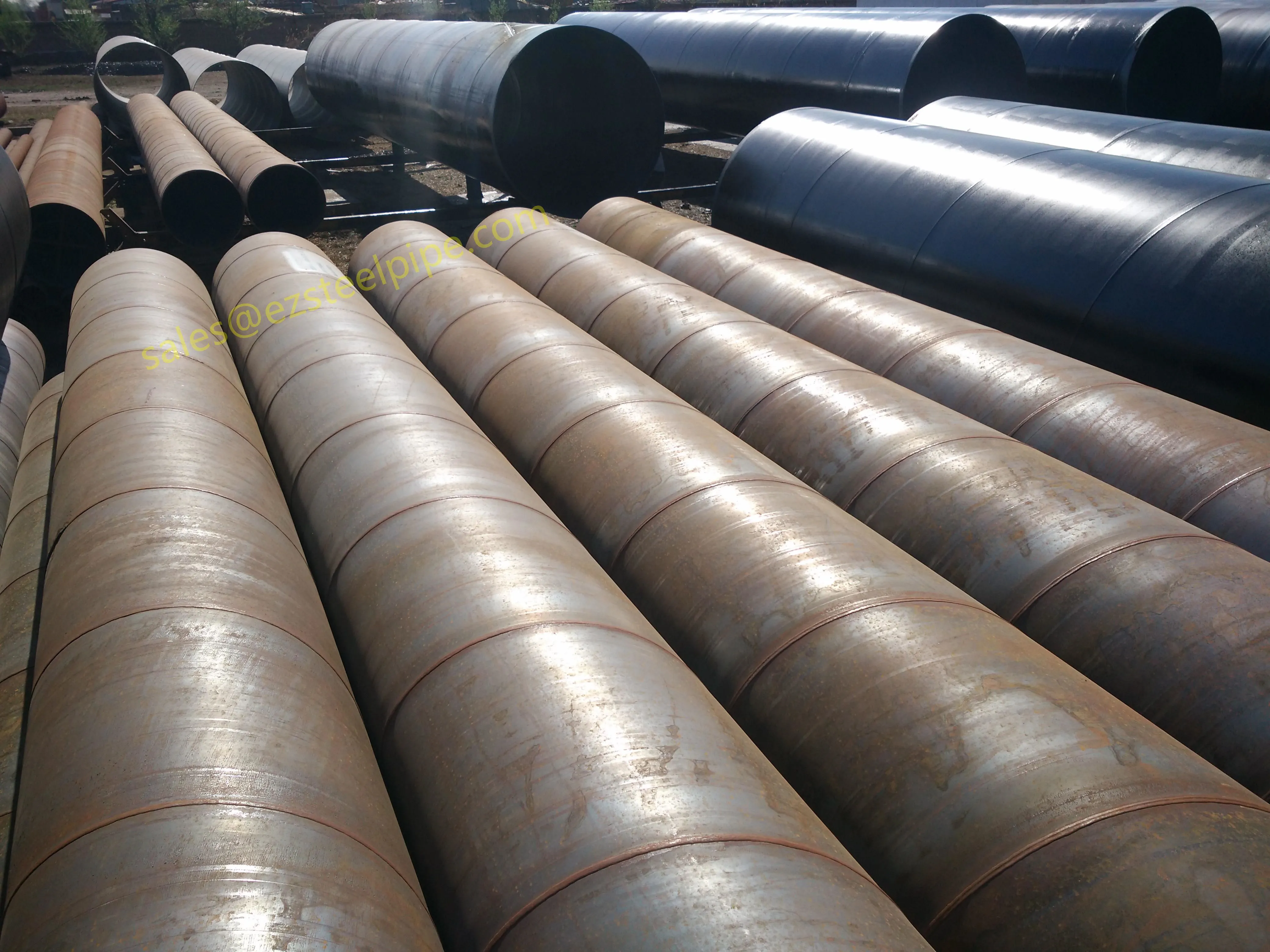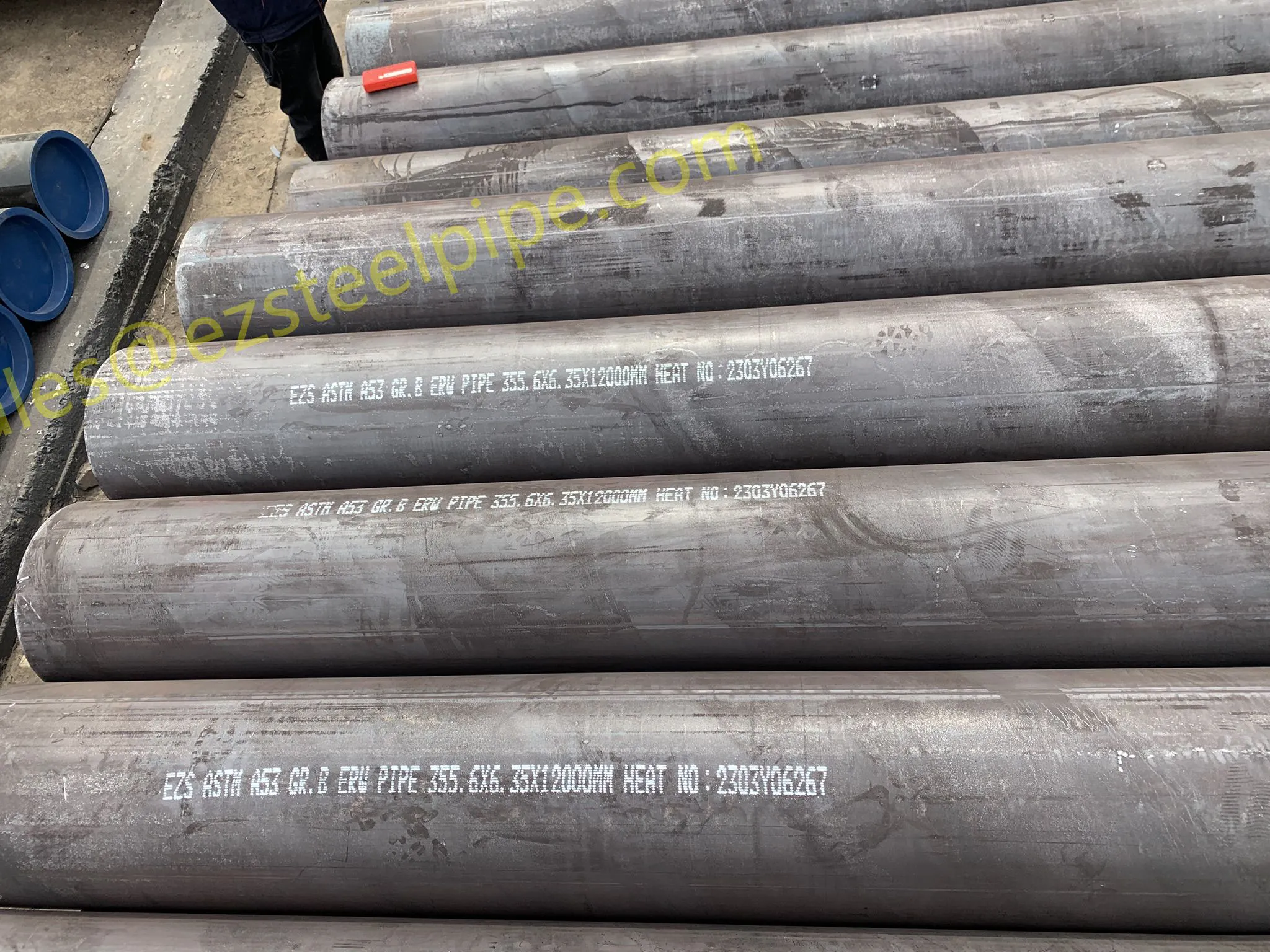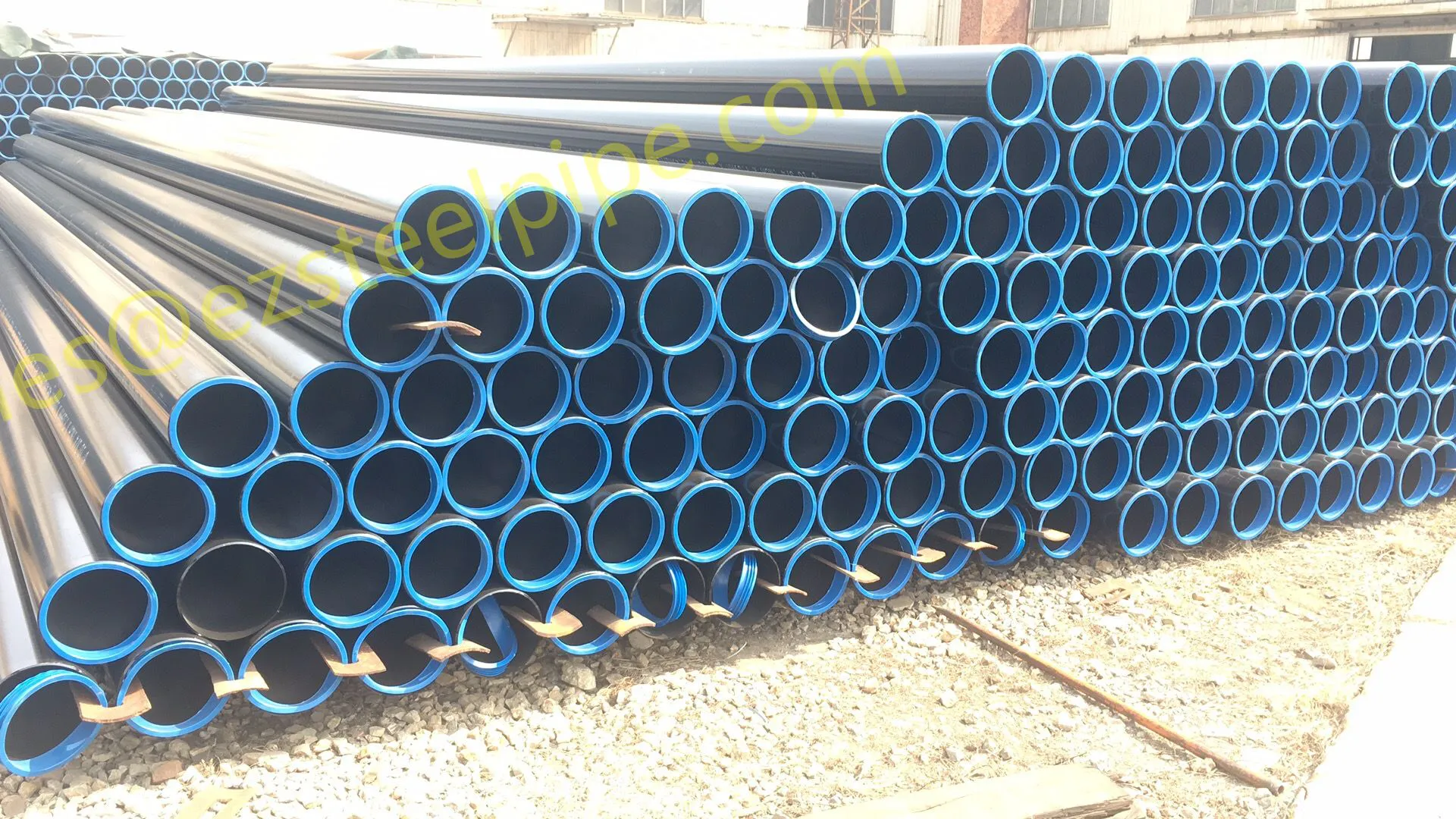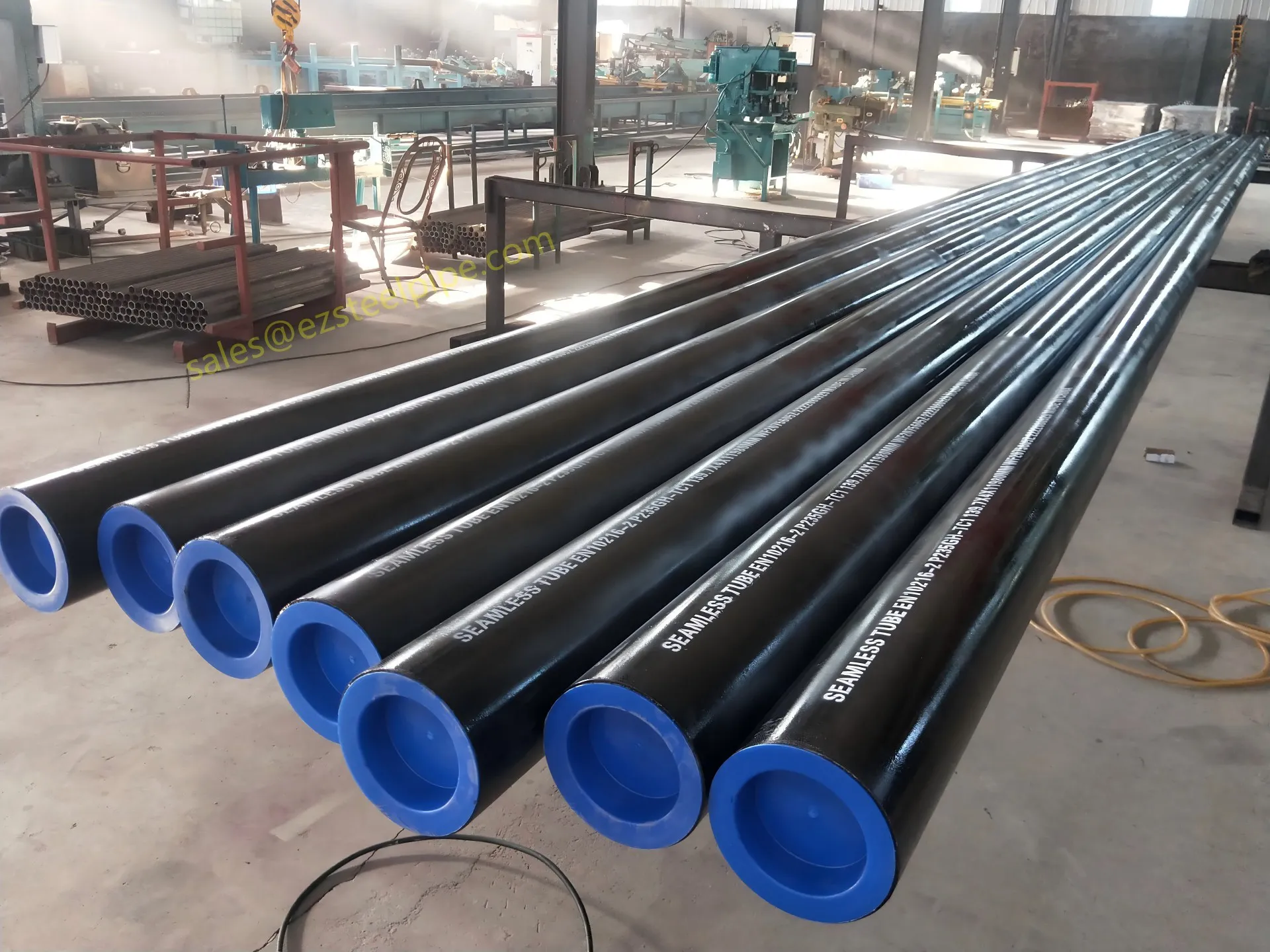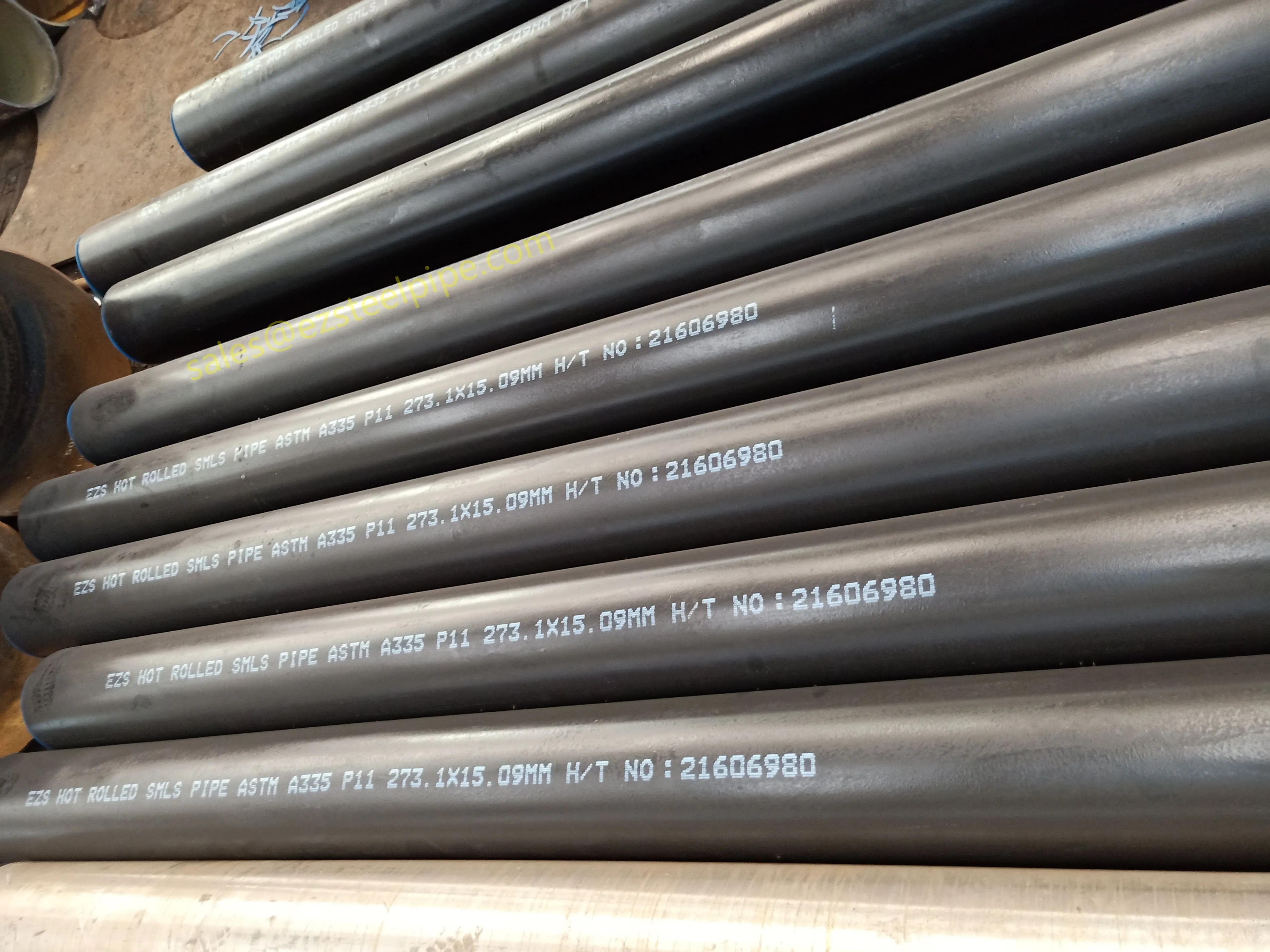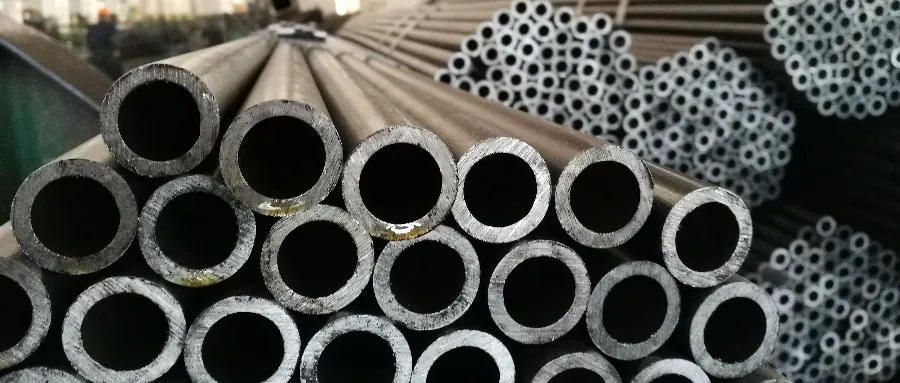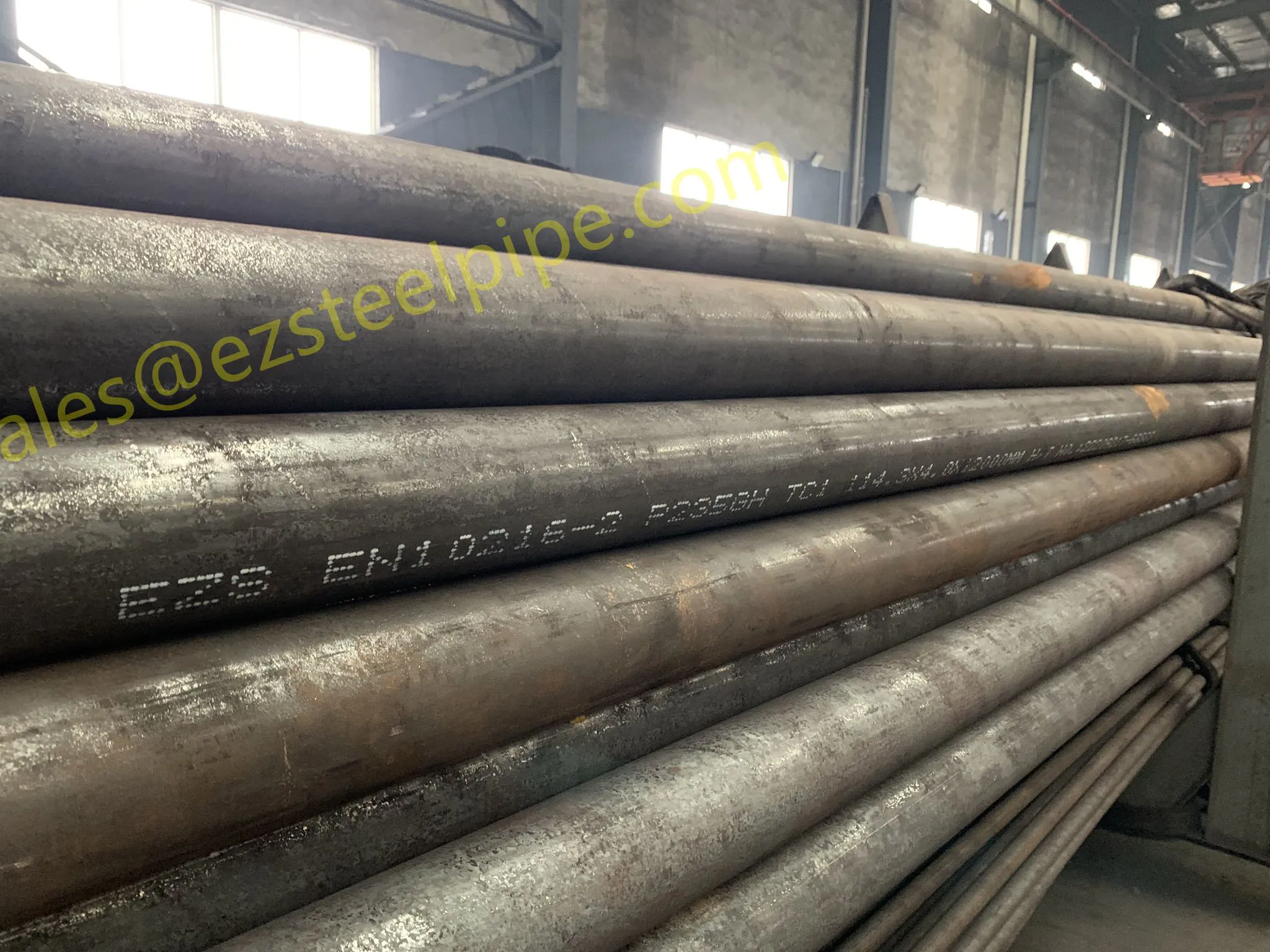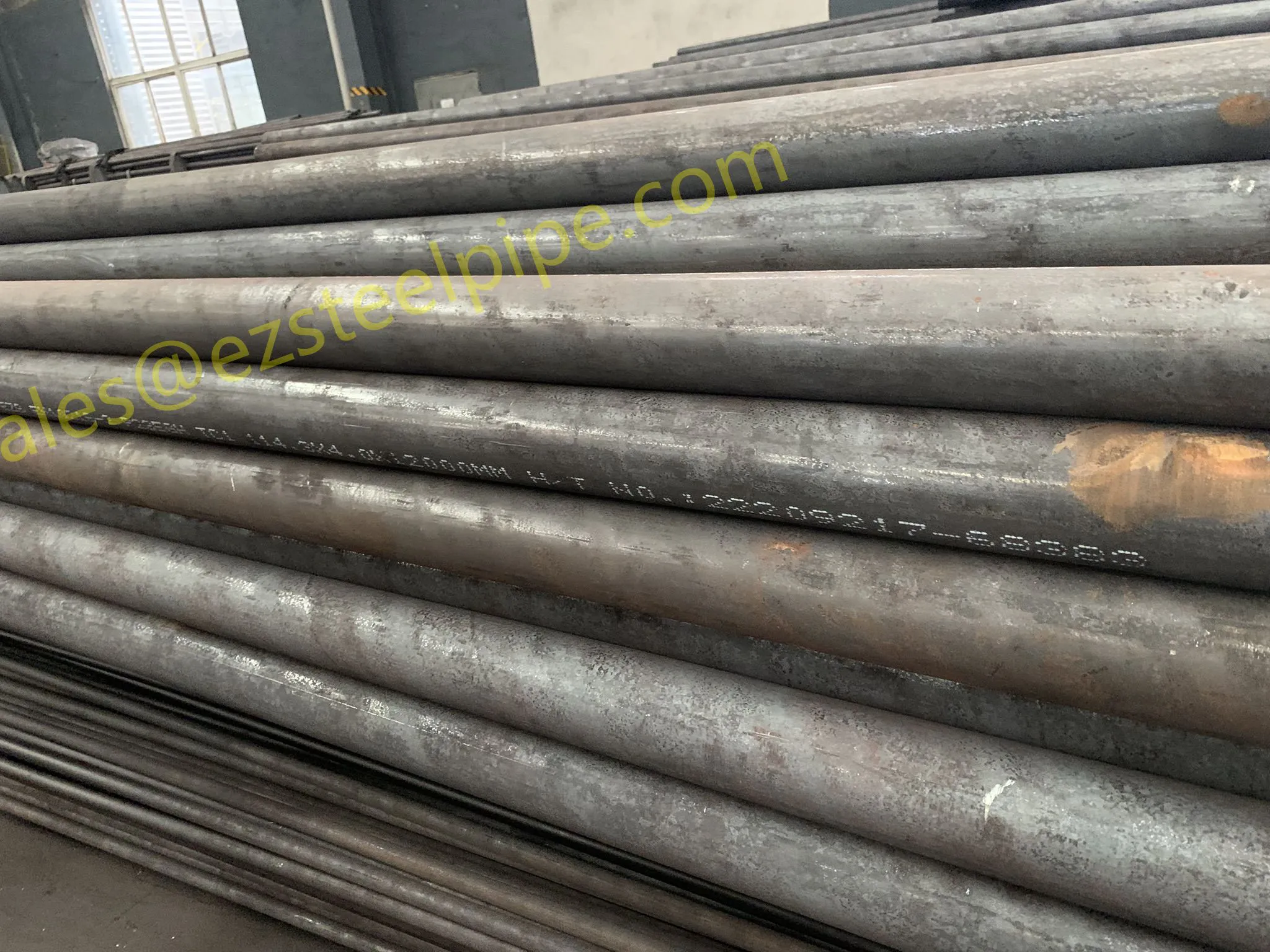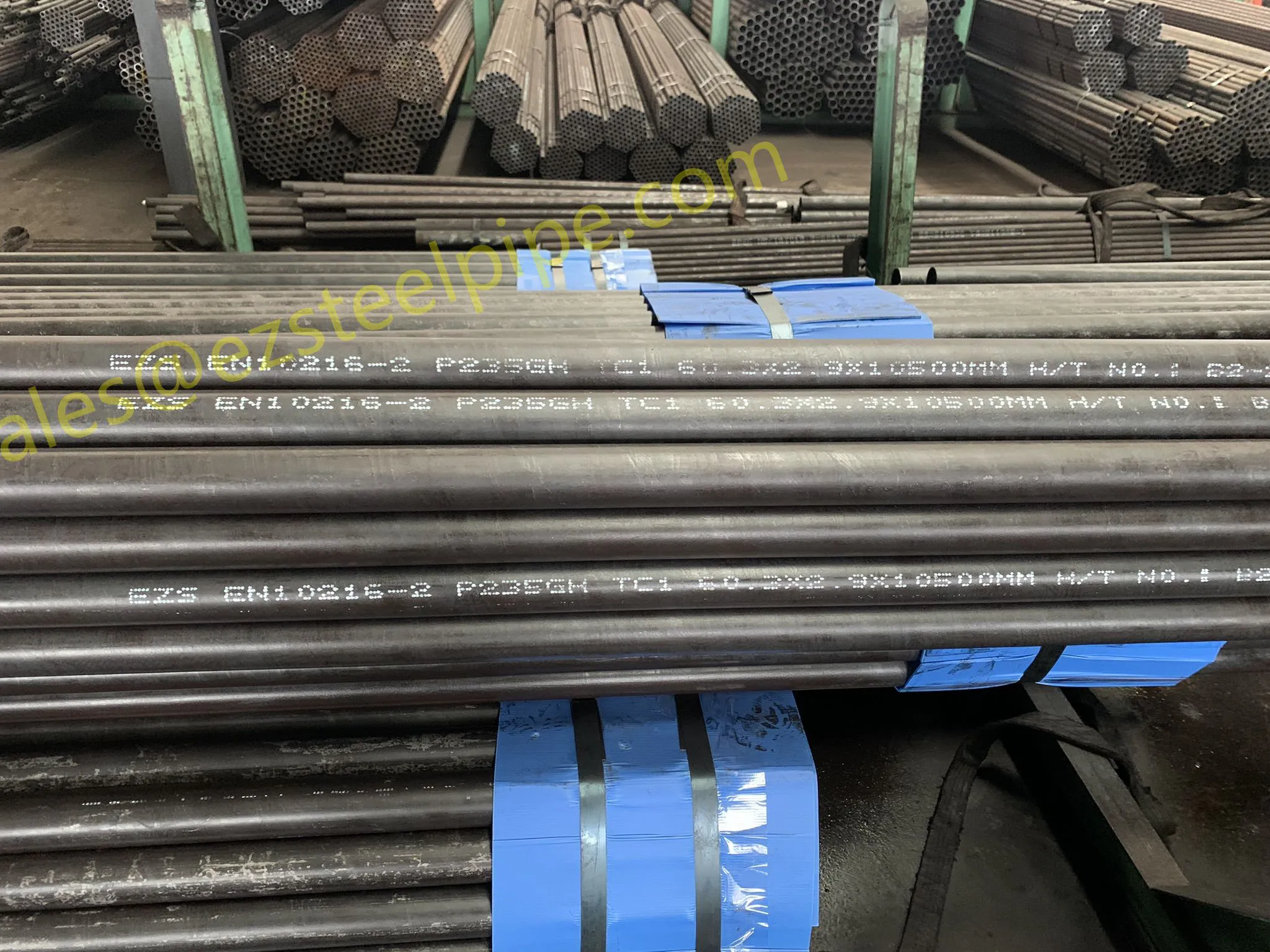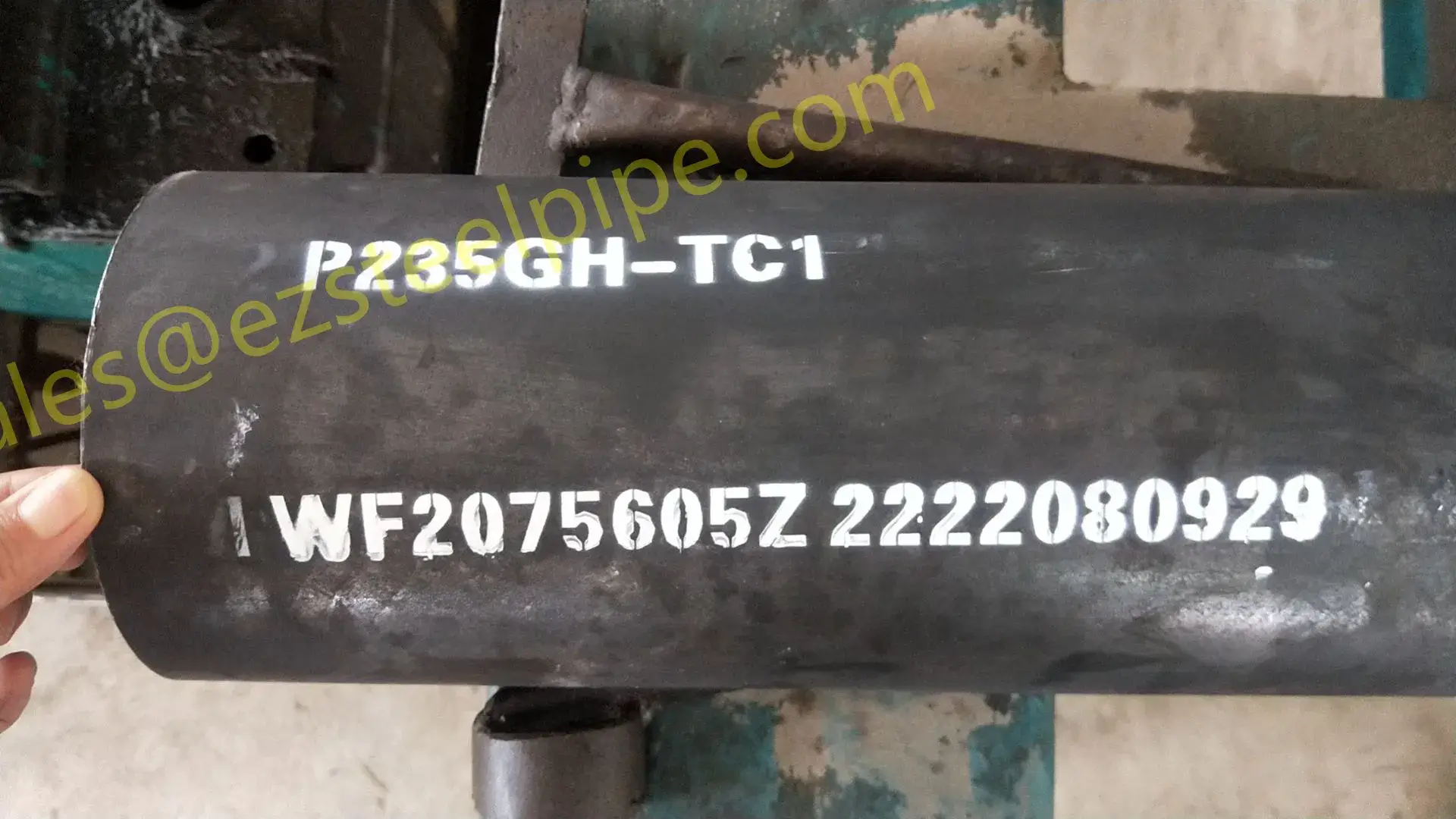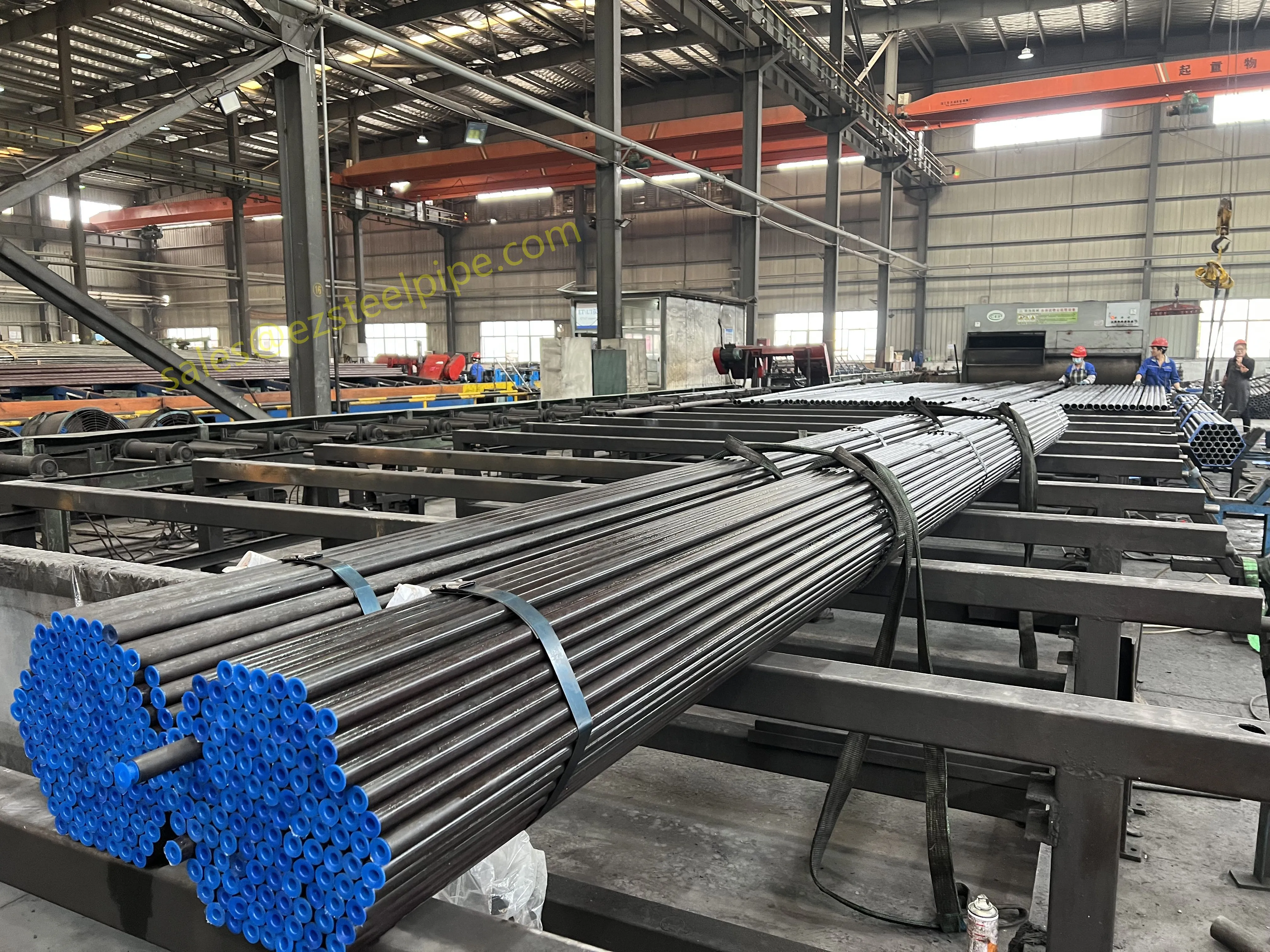Walk into any industrial facility—whether it's a sprawling petrochemical plant, a shipyard bustling with workers, or a power plant humming with energy—and you'll find an unsung hero holding everything together: stainless steel tubes. These unassuming metal cylinders don't just transport fluids or support structures; they're the backbone of modern industry. But not all stainless steel tubes are created equal. When projects demand more than "off-the-shelf" solutions, custom stainless steel tubes step in, tailored to solve unique challenges that standard wholesale options can't touch. Today, let's dive into what makes these custom tubes indispensable, starting with their most celebrated trait: corrosion resistance, and exploring how they transform industries from marine engineering to aerospace.
What Are Custom Stainless Steel Tubes, Anyway?
Before we get into their superpowers, let's clarify: What sets a "custom" stainless steel tube apart from the wholesale ones you might find in a hardware catalog? Think of it this way: Wholesale tubes are like ready-to-wear clothes—convenient, affordable, and designed to fit most common needs. They come in standard sizes, fixed material grades, and generic finishes. Custom stainless steel tubes, on the other hand, are bespoke tailoring. They're crafted to your project's exact measurements, material specifications, and performance requirements. Need a tube with a non-standard diameter for a tight space in a refinery? A specific wall thickness to withstand extreme pressure in a power plant? Or a unique surface finish to resist biofouling in a marine environment? That's where customization shines.
But why go through the trouble (and sometimes higher cost) of custom tubes? Imagine building a house with only standard-sized bricks—you could do it, but what if your blueprint calls for a curved wall or a load-bearing column of unusual height? You'd either compromise on design or risk structural failure. The same logic applies to industrial projects. When environments are harsh, specifications are tight, or innovation is non-negotiable, custom stainless steel tubes aren't a luxury—they're a necessity.
The Heart of the Matter: Core Properties That Make Stainless Steel Tubes Indispensable
Stainless steel has earned its reputation as an industrial workhorse for good reason. Its unique blend of properties makes it ideal for everything from carrying corrosive chemicals to withstanding scorching temperatures. Let's break down the core traits that make custom stainless steel tubes so valuable, starting with the one everyone talks about: corrosion resistance.
1. Corrosion Resistance: The Invisible Shield That Saves Industries Billions
Ask any engineer why they choose stainless steel, and "corrosion resistance" will top their list. But what makes this metal so tough against rust and decay? It all comes down to a tiny, invisible layer: chromium oxide. When stainless steel contains at least 10.5% chromium (most grades have much more), exposure to oxygen triggers a chemical reaction that forms a thin, protective film on the surface. This film isn't just a one-time shield—it's self-healing. If the surface gets scratched, the chromium in the steel reacts with oxygen again, repairing the layer and preventing further corrosion. It's like having a suit of armor that fixes itself.
But not all stainless steel is equally resistant. Customization lets you pick the perfect grade for your environment. For example, 304 stainless steel—with 18% chromium and 8% nickel—is great for mild conditions like food processing or architectural uses. But in harsher settings, like marine environments where saltwater is constant, 316 stainless steel (which adds molybdenum) is the go-to. Molybdenum enhances resistance to chloride corrosion, making 316 tubes a staple in ship hulls and offshore oil rigs. Even more specialized grades, like 904L (high nickel and molybdenum), tackle extreme scenarios such as sulfuric acid processing in petrochemical facilities. When you customize, you're not just getting a tube—you're getting a material engineered to outlast the elements.
Consider this real-world example: A coastal power plant once used standard carbon steel tubes in its cooling system, only to replace them every 2–3 years due to saltwater corrosion. By switching to custom 316L stainless steel tubes (the "L" stands for low carbon, reducing sensitization during welding), they extended the lifespan to 15+ years. The upfront cost of customization? Offset by decades of reduced maintenance and downtime. That's the power of choosing the right corrosion-resistant properties.
2. Strength and Durability: Built to Bear the Load
Corrosion resistance means nothing if a tube can't handle the physical stress of its job. Stainless steel's inherent strength—combined with customization options like wall thickness and alloy blends—makes it a champion here. Unlike brittle materials that crack under pressure, stainless steel balances strength with ductility, meaning it can bend without breaking under load. This is critical in structural works, where tubes might support heavy machinery, or in pipeline works, where internal pressure can reach thousands of psi.
Customization takes this a step further. For example, in aerospace applications, where every ounce matters, engineers might specify ultra-thin-walled stainless steel tubes that maintain strength while reducing weight. Conversely, in industrial settings like mining, thick-walled custom tubes withstand abrasion from particulate-laden fluids. Even the way a tube is formed—seamless vs. welded—can be customized for strength: Seamless tubes, made by piercing a solid billet, have no weak points, making them ideal for high-pressure systems like hydraulic lines in power plants.
3. Heat Resistance: Thriving in the Hottest Environments
From the fiery furnaces of a petrochemical refinery to the exhaust systems of jet engines, industrial processes often involve extreme heat. Stainless steel doesn't just survive these conditions—it thrives. Its ability to retain strength at high temperatures (up to 1,600°F for some grades) makes it indispensable in heat exchanger tubes, boiler tubing, and even aerospace components.
Customization lets you dial in heat resistance for specific needs. For instance, heat efficiency tubes —used in power plants to transfer heat between fluids—often require custom stainless steel alloys that maximize thermal conductivity while resisting oxidation at high temps. U bend tubes , another customized option, are shaped to fit tight heat exchanger designs, ensuring efficient heat transfer without sacrificing durability. In one aerospace project, a manufacturer needed tubes for a satellite's thermal control system that could withstand both extreme cold (-270°F in space) and sudden heat spikes during re-entry. By custom-blending nickel and chromium into the stainless steel, they created a tube that maintained flexibility and strength across the temperature spectrum.
Beyond "One-Size-Fits-All": The Power of Customization
Now that we've covered the core properties, let's explore how customization turns those properties into solutions. When you order a custom stainless steel tube, you're not limited by catalog constraints—you're in the driver's seat. Here's a breakdown of the most common customization options and why they matter:
| Customization Option | What It Means | Real-World Application |
|---|---|---|
| Size & Dimensions | Non-standard diameters (from 0.25" to 48"+), wall thicknesses, and lengths tailored to project specs. | A shipyard needing 12.75" diameter tubes for a bulkhead support—too large for wholesale, so custom-made. |
| Material Grade | Choosing alloys (chromium, nickel, molybdenum, etc.) to match corrosion, heat, or strength needs. | A nuclear facility specifying RCC-M Section II nuclear tube (a high-purity stainless steel) for radiation resistance. |
| Surface Finish | Options like polished (for easy cleaning), matte (to reduce glare), or coated (for extra protection). | Pharmaceutical plants using electropolished custom tubes to prevent bacteria buildup in fluid lines. |
| Special Shapes | Bending, coiling, or forming tubes into U bend tubes , finned tubes , or other geometries. | HVAC systems using finned stainless steel tubes to increase surface area and boost heat transfer efficiency. |
When "Standard" Falls Short: The Case for Custom Shapes
Some of the most innovative uses of custom stainless steel tubes come from unique shapes. Take U bend tubes , for example. These are tubes bent into a "U" shape, allowing them to fit into compact heat exchangers where straight tubes would be too long. In power plants, U bend tubes in boilers save space while maximizing heat transfer between water and steam. Similarly, finned tubes —stainless steel tubes with metal fins attached to the exterior—increase surface area, making them ideal for air-cooled systems in petrochemical facilities where water is scarce. These shapes aren't just about form; they're about function, and customization makes them possible.
Where Custom Stainless Steel Tubes Shine: Real-World Applications
To truly understand the impact of custom stainless steel tubes, let's look at the industries that rely on them daily. From the ocean floor to the edge of space, these tubes solve problems that no standard product could.
Marine & Ship-Building: Battling the Sea's Wrath
The ocean is one of the harshest environments on Earth. Saltwater, constant moisture, and wave-induced stress test even the toughest materials. That's why marine engineers swear by custom stainless steel tubes. Whether it's for ship hulls, ballast systems, or offshore drilling platforms, these tubes must resist corrosion, withstand high pressure, and endure decades of use.
Take copper nickel flanges and stainless steel tube assemblies in a ship's cooling system. Saltwater flows through these tubes to regulate engine temperature, and any leak could be catastrophic. Custom 316L stainless steel tubes with precise wall thickness (often thicker than standard) and seamless construction prevent pinholes and cracks. Shipbuilders also customize tube ends to fit unique pipe fittings or swaged (SW) fittings , ensuring a tight seal that won't loosen in rough seas. In short, custom tubes don't just build ships—they keep them safe at sea.
Petrochemical Facilities: Taming Toxic and Volatile Fluids
Petrochemical plants process crude oil and natural gas into fuels, plastics, and chemicals—often in high-temperature, high-pressure environments with corrosive byproducts. Here, a single tube failure could lead to leaks, explosions, or environmental disasters. Custom stainless steel tubes are the first line of defense.
For example, in a refinery's catalytic cracking unit, tubes carry hot, acidic gases at temperatures over 1,000°F. Standard tubes would warp or corrode, but custom alloy steel tubes (blending stainless steel with nickel and chromium) maintain their shape and integrity. Even more specialized, EEMUA 144 234 CuNi pipe (a copper-nickel alloy) is customized for handling sulfur-rich fluids, where pure stainless steel might still corrode. By tailoring the material and dimensions, petrochemical plants ensure their operations run safely and efficiently—no cutting corners, no compromises.
Power Plants & Aerospace: Pushing the Limits of Heat and Precision
Power plants generate electricity by converting heat into energy, and that heat is intense. Whether it's a coal-fired plant's boiler or a nuclear reactor's cooling system, tubes must withstand extreme temperatures and pressure. Custom stainless steel tubes rise to the challenge, often in the form of heat efficiency tubes designed to maximize thermal transfer.
In aerospace, the demands are even more exacting. Weight, strength, and heat resistance are critical—think of jet engine components or satellite thermal control systems. Custom stainless steel tubes here are often ultra-lightweight yet incredibly strong, with tolerances measured in thousandths of an inch. For example, B407 Incoloy 800 tubes (a nickel-iron-chromium alloy) are customized for aerospace applications where high-temperature oxidation resistance is non-negotiable. These tubes don't just help planes fly—they help them fly faster, safer, and farther.
Why Customization Beats Wholesale for Special Projects
At this point, you might be wondering: When should I choose custom over wholesale stainless steel tubes? The answer depends on your project's uniqueness. Wholesale tubes work well for routine, low-stakes applications—like plumbing in a commercial building or basic structural supports. But when your project involves one or more of these scenarios, custom is the way to go:
- Unique environmental conditions (saltwater, chemicals, extreme heat/cold)
- Non-standard dimensions (too large, too small, or unusually shaped)
- High performance requirements (pressure, strength, heat transfer efficiency)
- Safety-critical applications (nuclear, aerospace, medical)
Wholesale tubes are mass-produced, so they prioritize cost and availability over specificity. Custom tubes prioritize your project's success. They reduce the risk of failure, extend equipment lifespan, and often save money in the long run by minimizing replacements and downtime. It's an investment in peace of mind.
Choosing the Right Custom Stainless Steel Tube Partner
Customization is only as good as the manufacturer behind it. To ensure your project gets the tubes it deserves, look for a partner with these qualities:
- Material expertise : They should guide you to the right grade (304, 316, 904L, etc.) and alloy blend for your environment.
- Advanced manufacturing capabilities : From seamless extrusion to precision bending (for U bend tubes) and finning, they need the tools to execute your design.
- Quality certifications : Look for standards like ISO 9001, ASME, or industry-specific certifications (e.g., RCC-M Section II for nuclear projects).
- Collaborative approach : A good partner will listen to your needs, offer suggestions, and keep you updated throughout production—no surprises.
Remember, custom stainless steel tubes are more than a product—they're a solution tailored to your vision. The right partner won't just make a tube; they'll help you build something that lasts.
Final Thoughts: The Future of Custom Stainless Steel Tubes
As industries evolve—demanding cleaner energy, more efficient processes, and safer operations—the need for custom stainless steel tubes will only grow. From green hydrogen plants (needing corrosion-resistant tubes for hydrogen transport) to deep-sea mining (requiring ultra-strong tubes for underwater structures), these versatile components will continue to enable innovation.
At the end of the day, custom stainless steel tubes are a testament to human ingenuity. They remind us that when we refuse to settle for "good enough," we build better, stronger, and more resilient systems. So the next time you see a skyscraper, a ship, or a power plant, take a moment to appreciate the custom stainless steel tubes holding it all together—quietly, reliably, and unapologetically tailored to perfection.
 export@ezsteelpipe.com
export@ezsteelpipe.com +86 731 8870 6116
+86 731 8870 6116






 Related Products
Related Products

